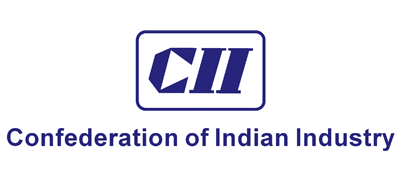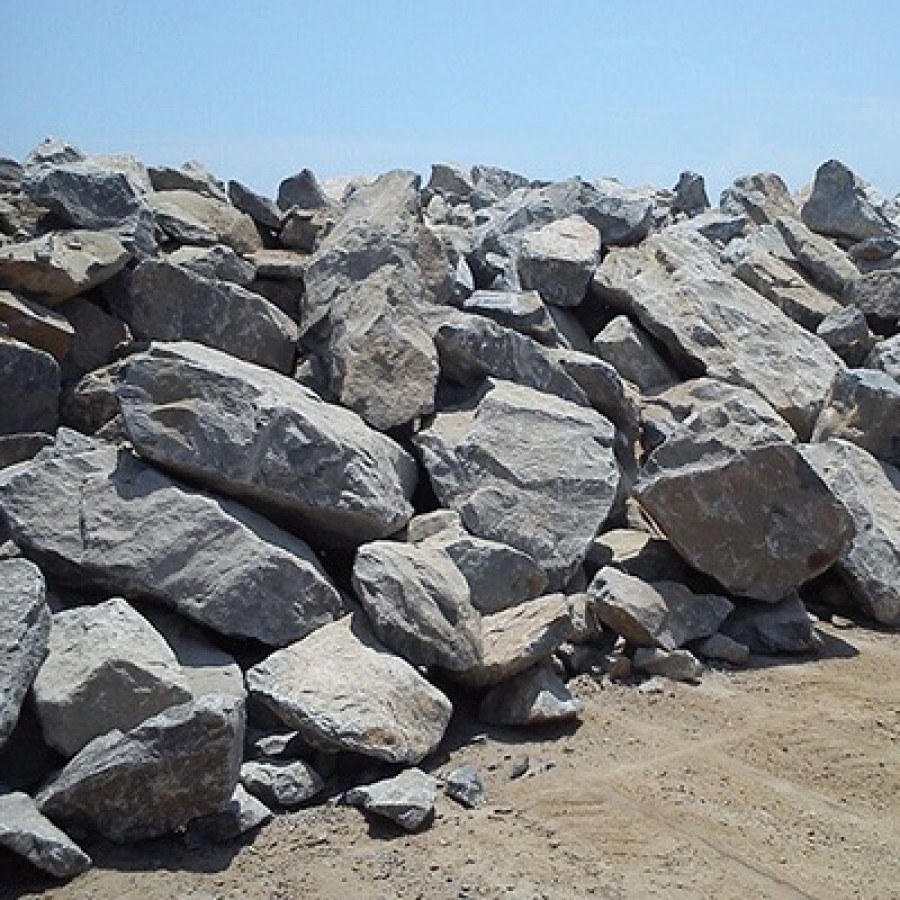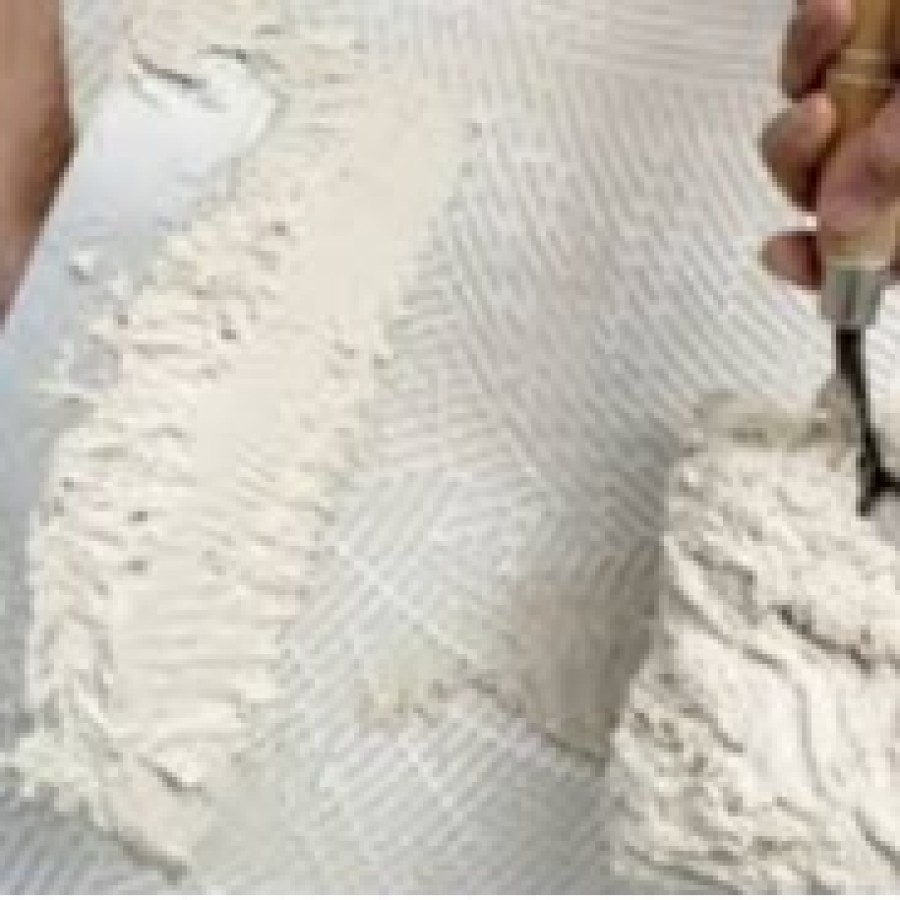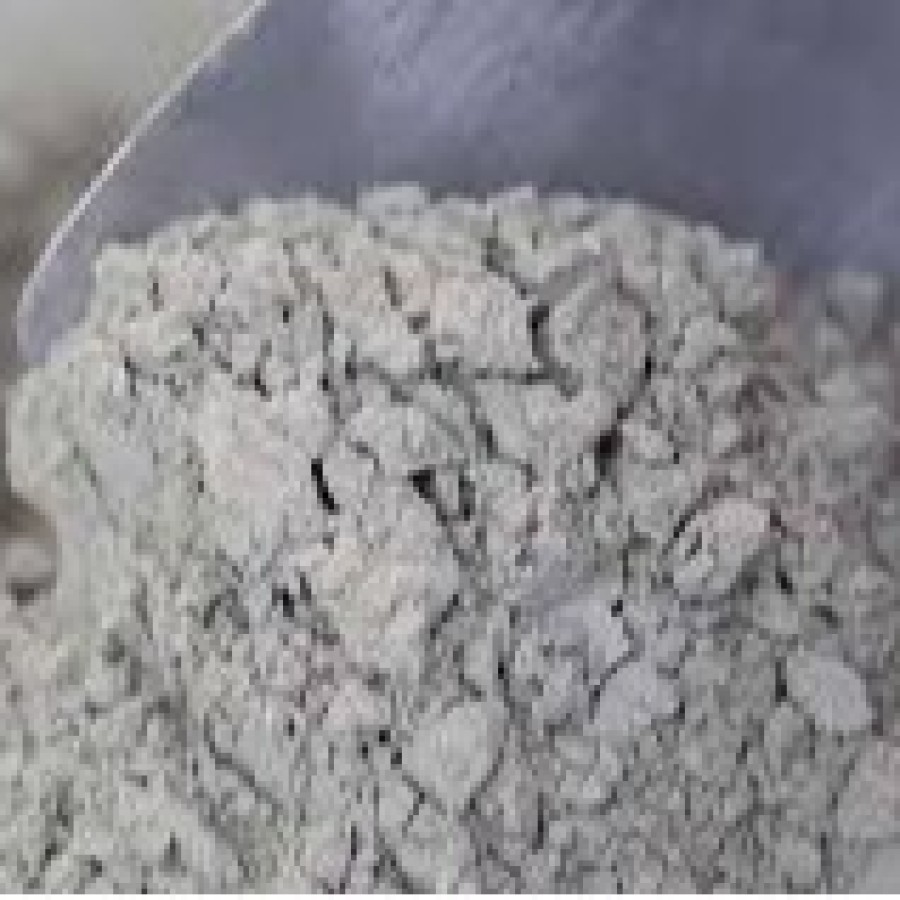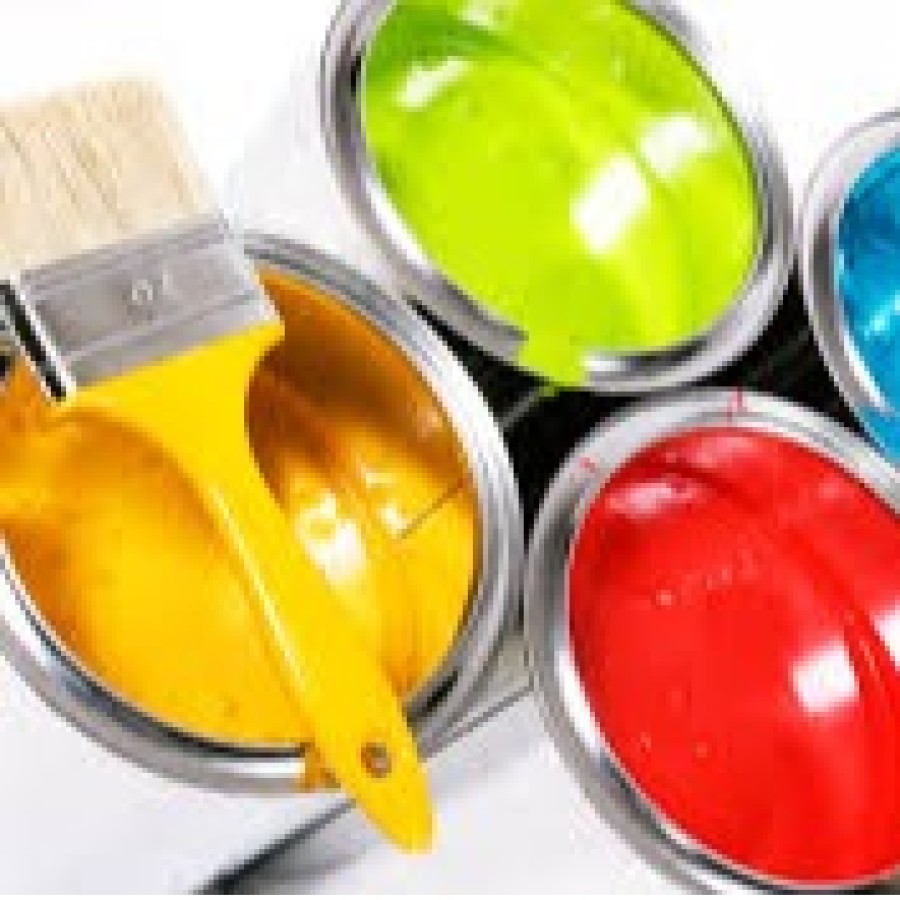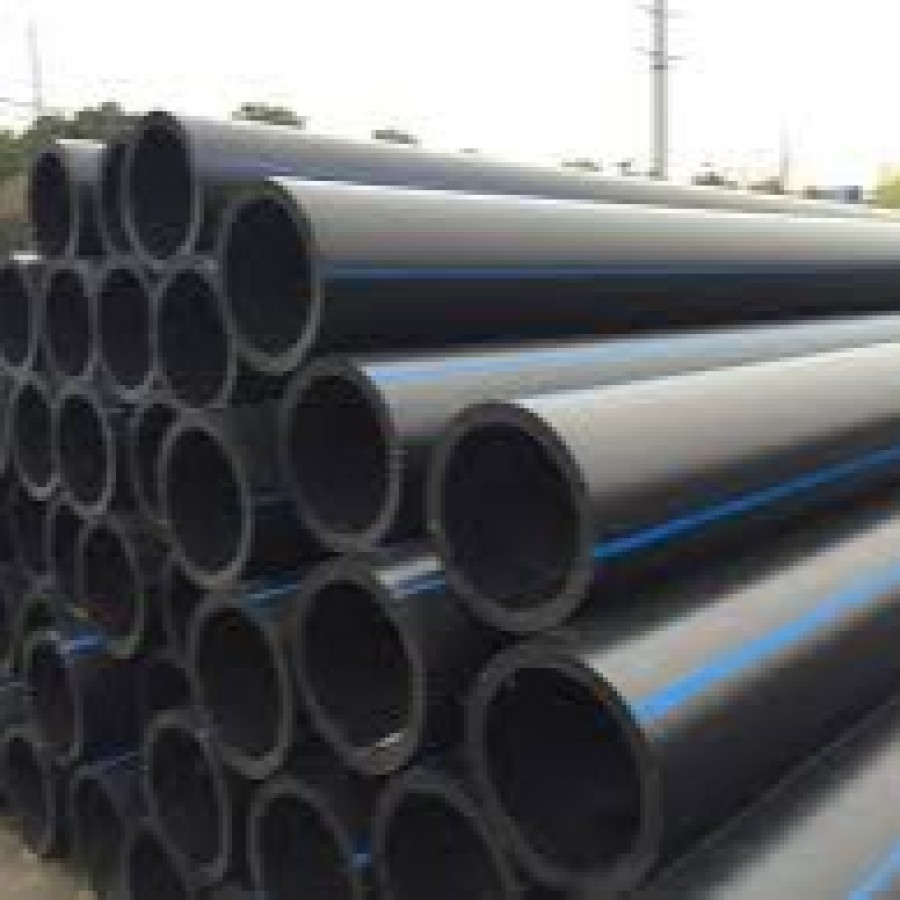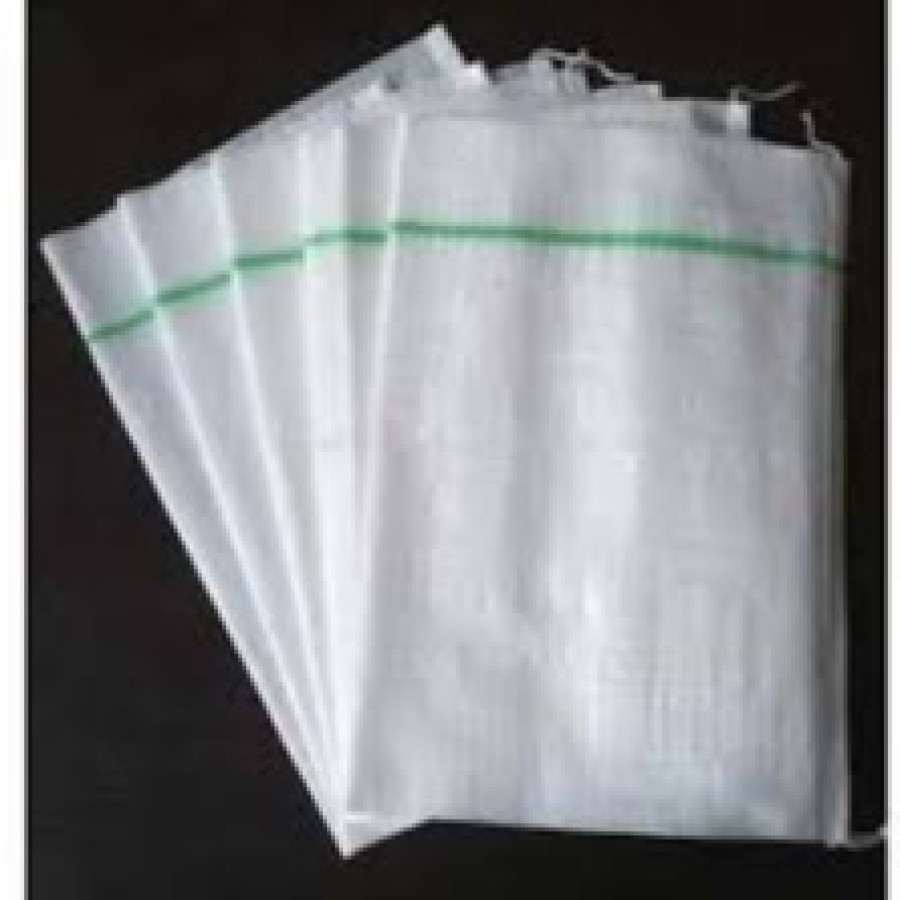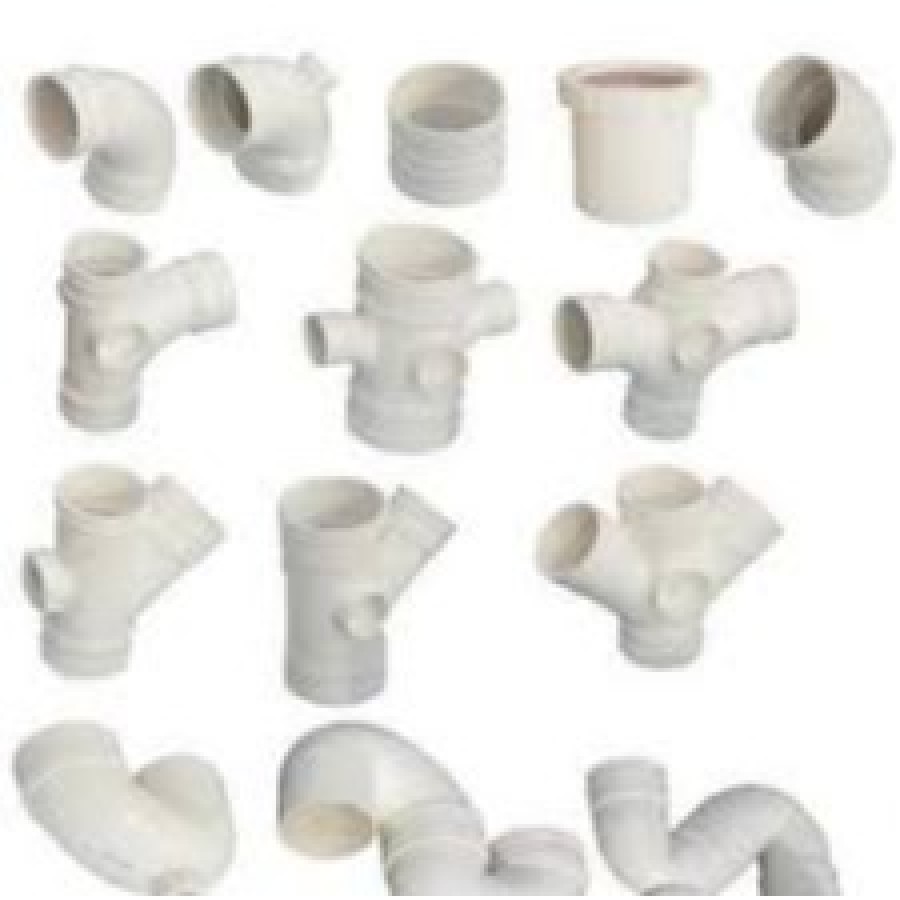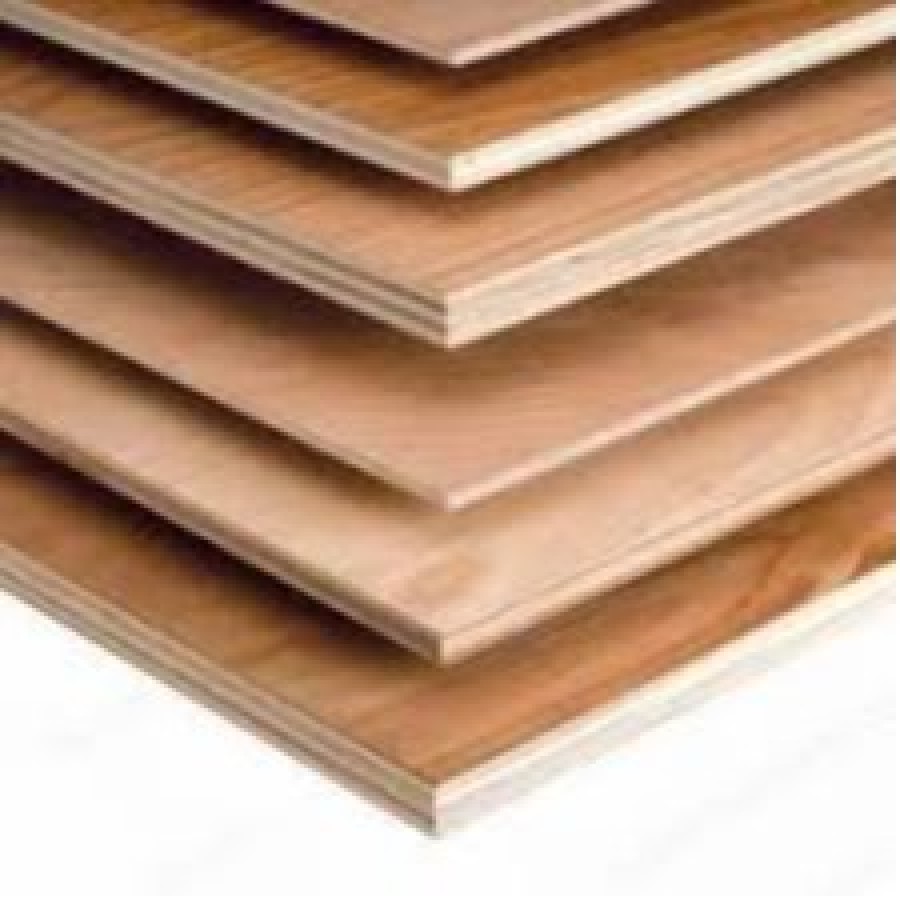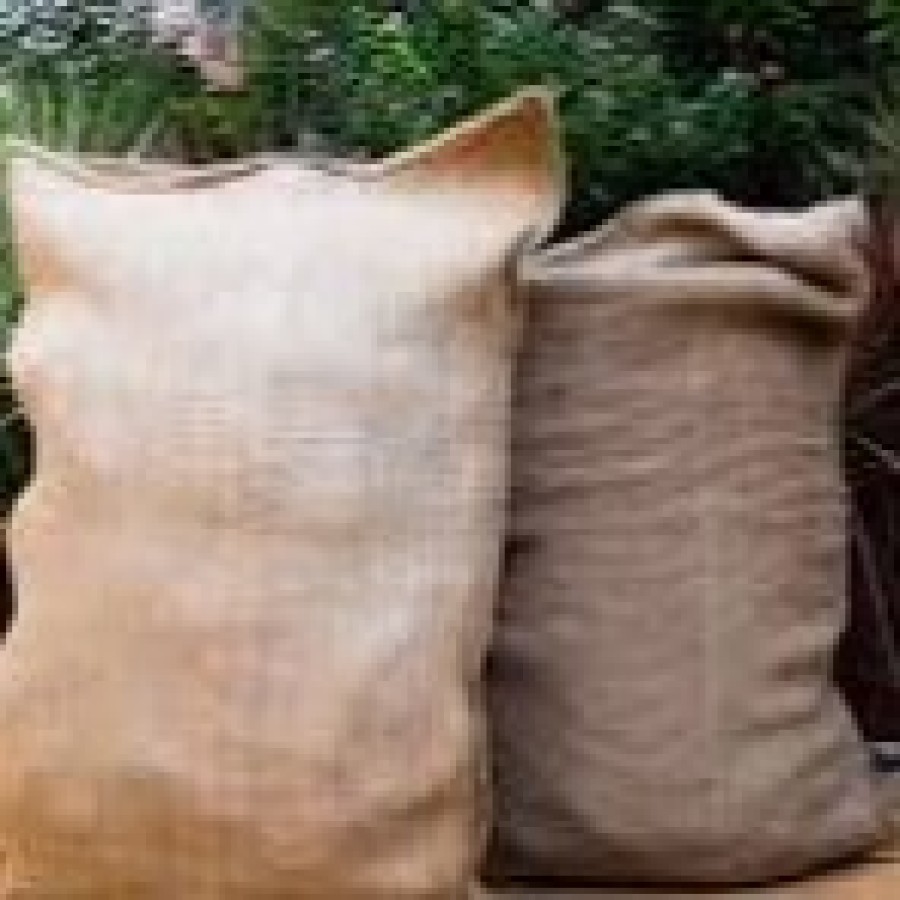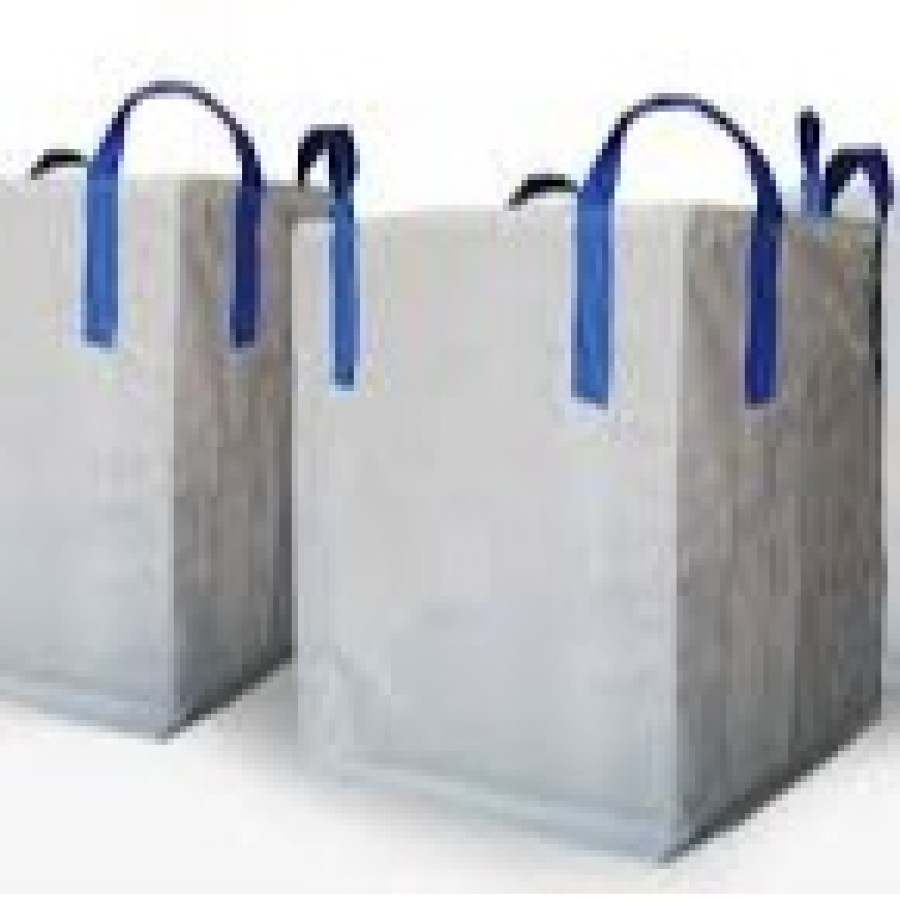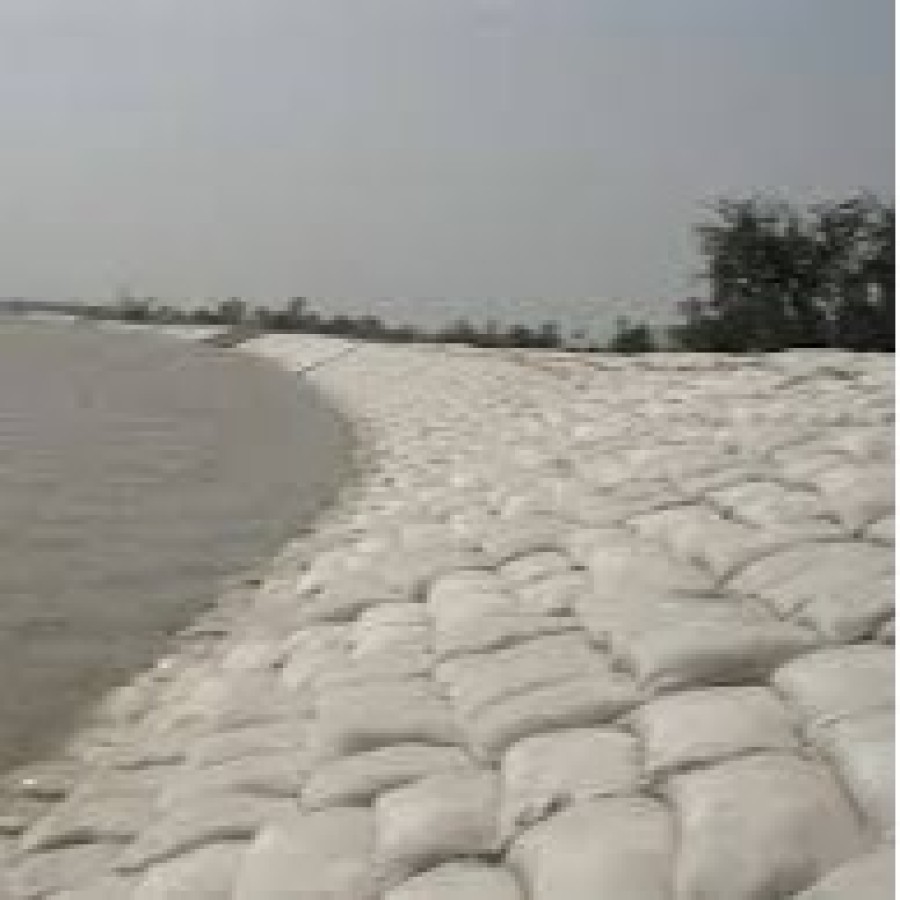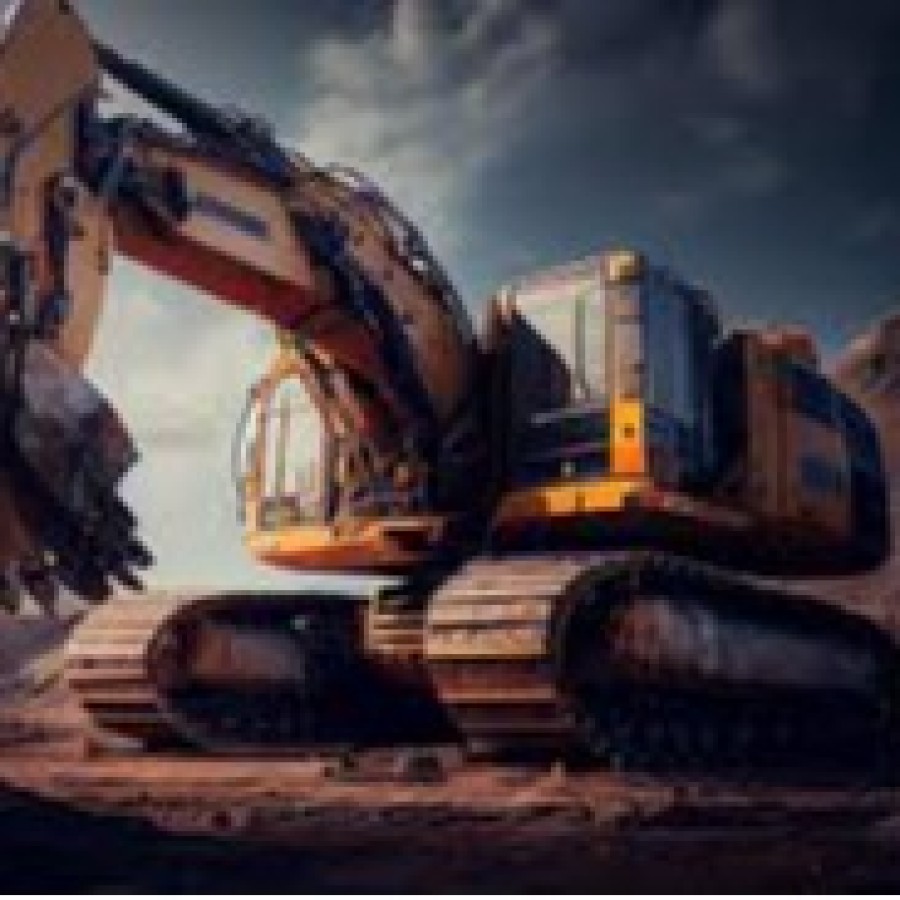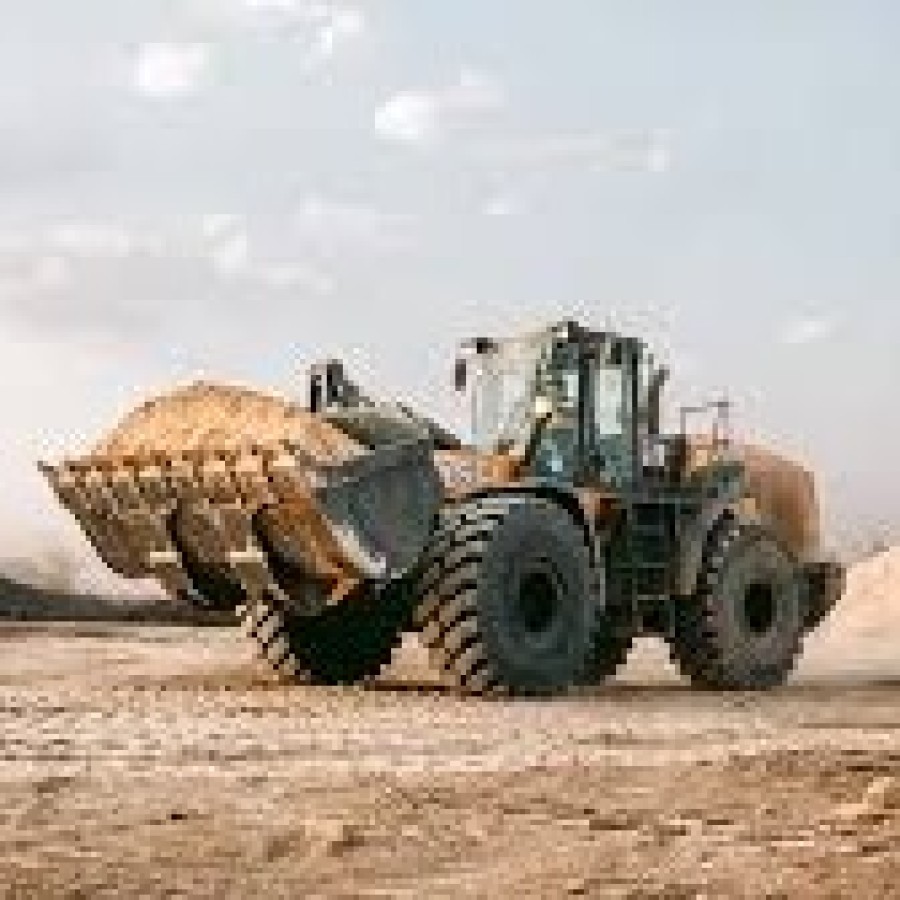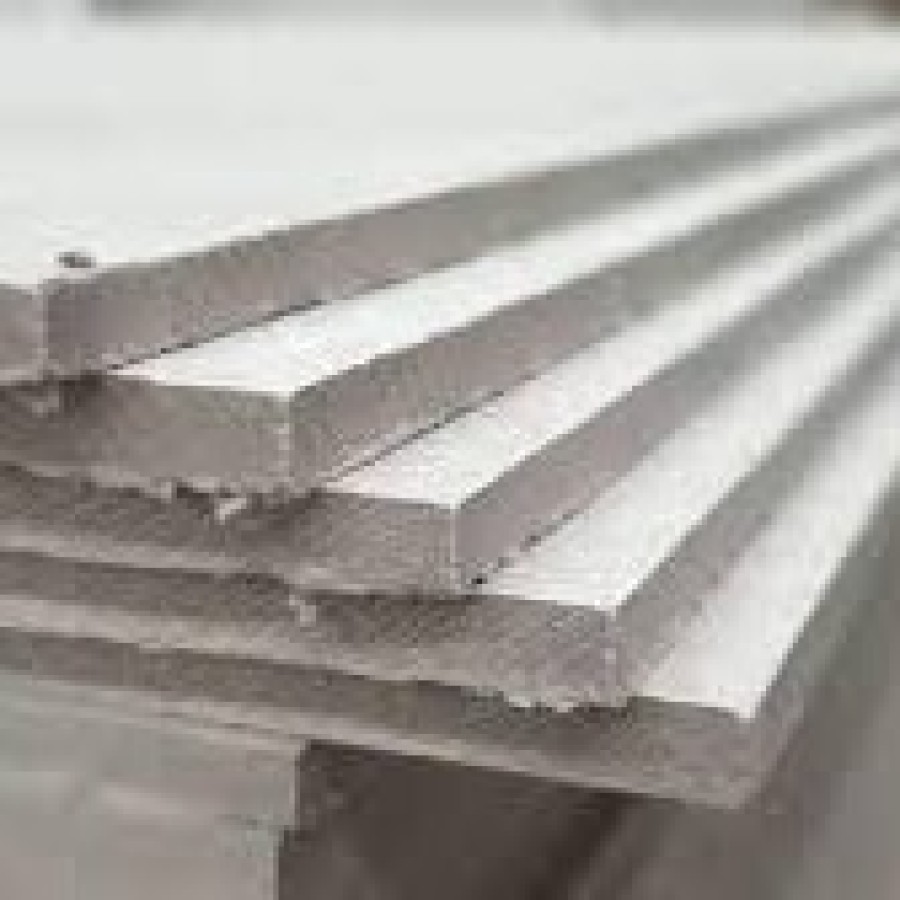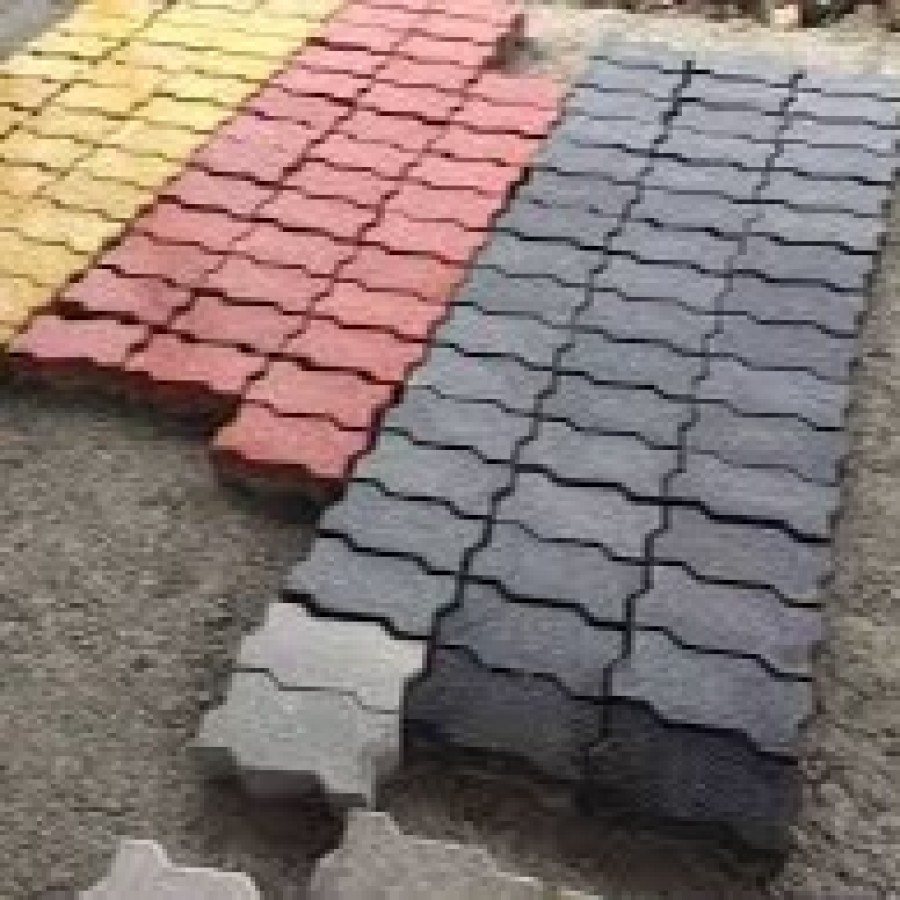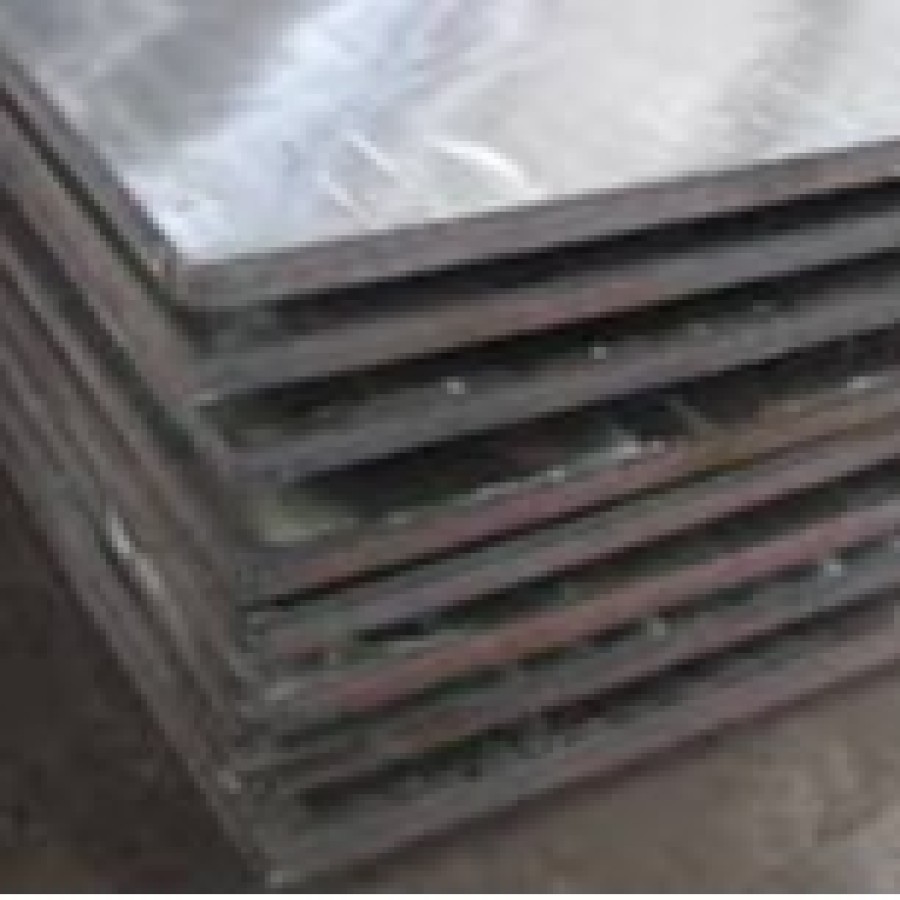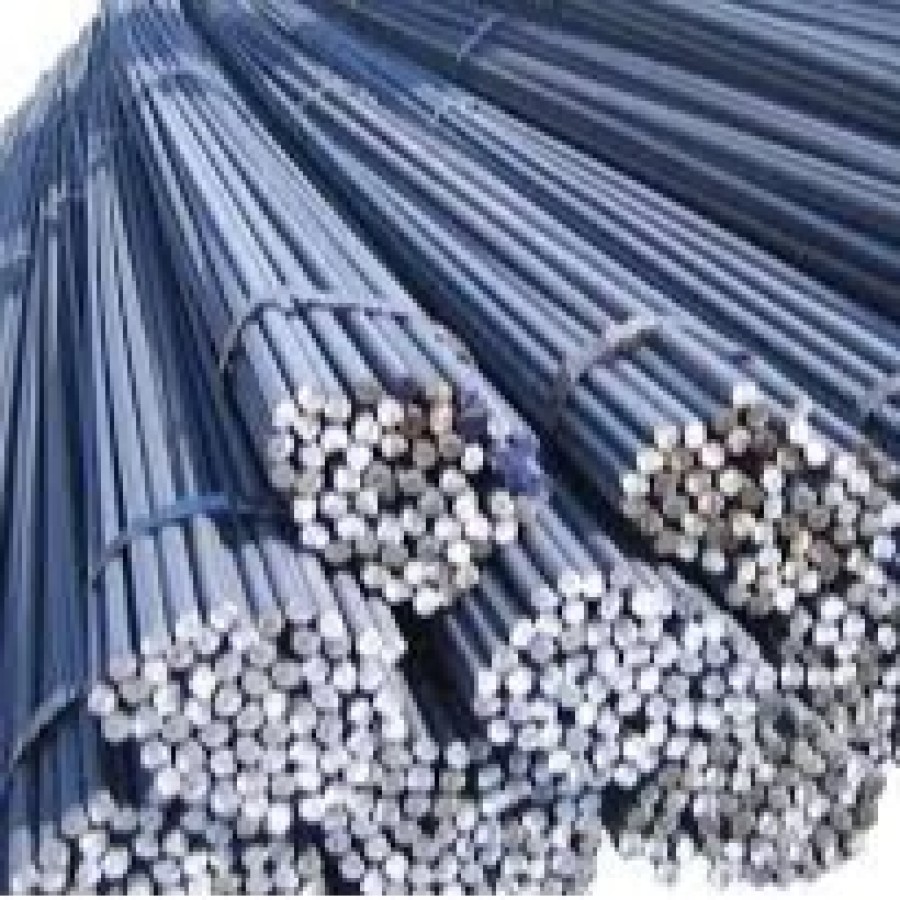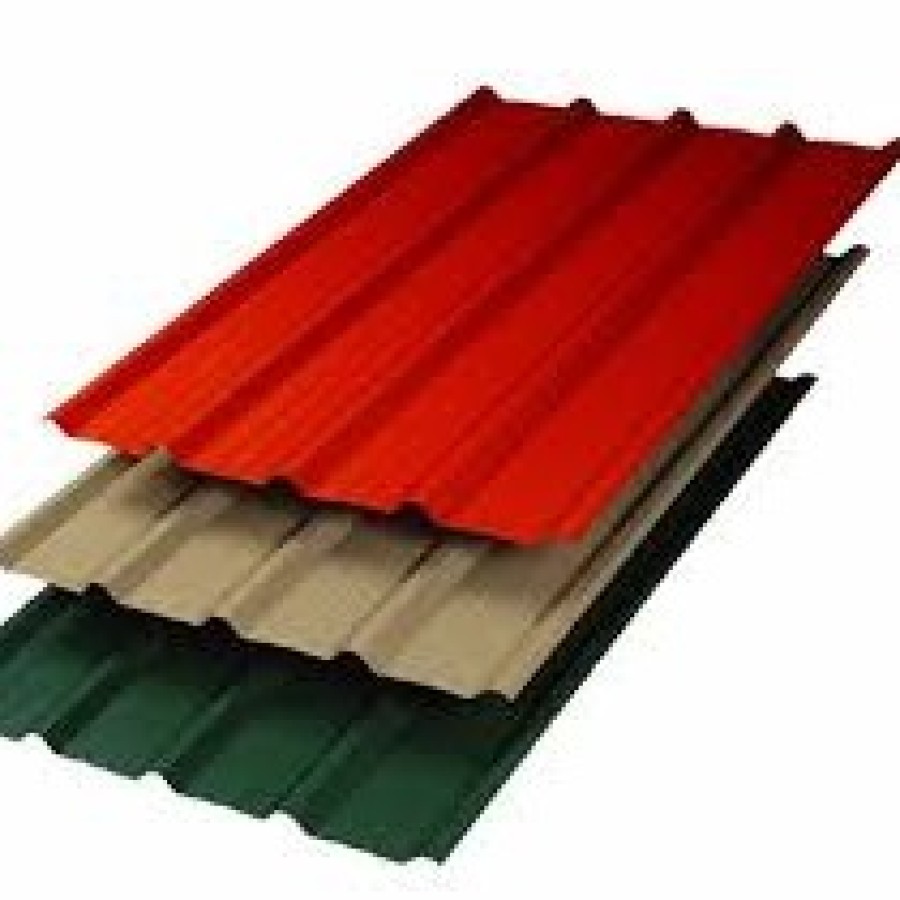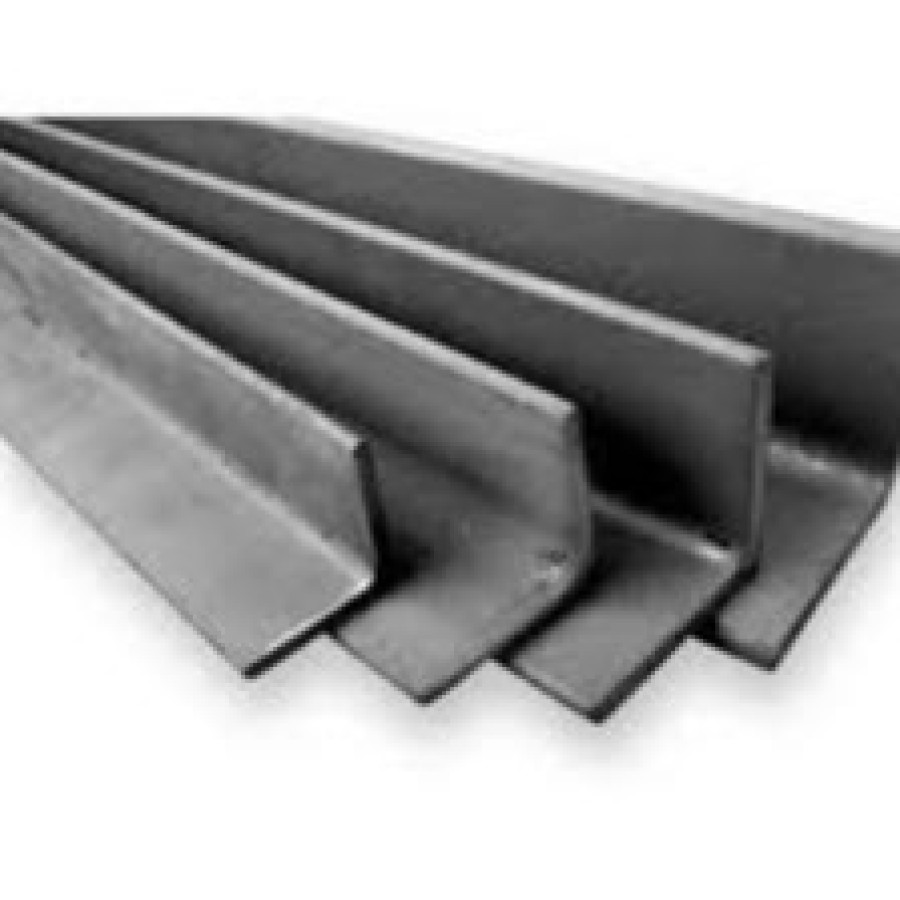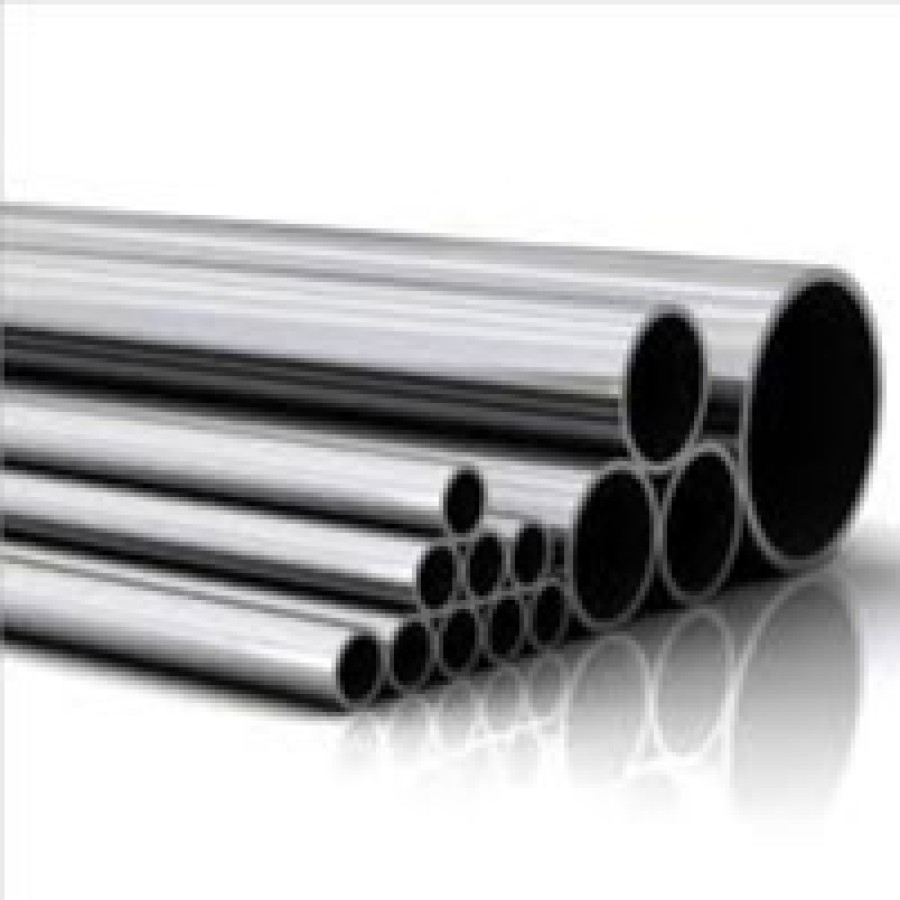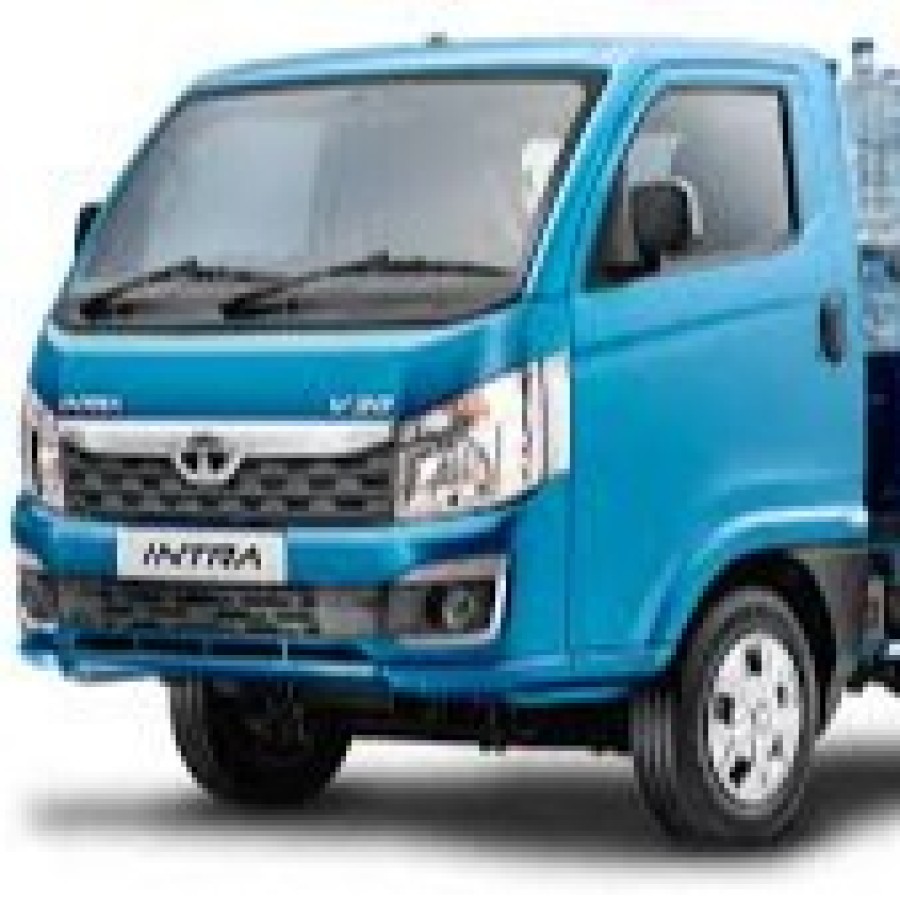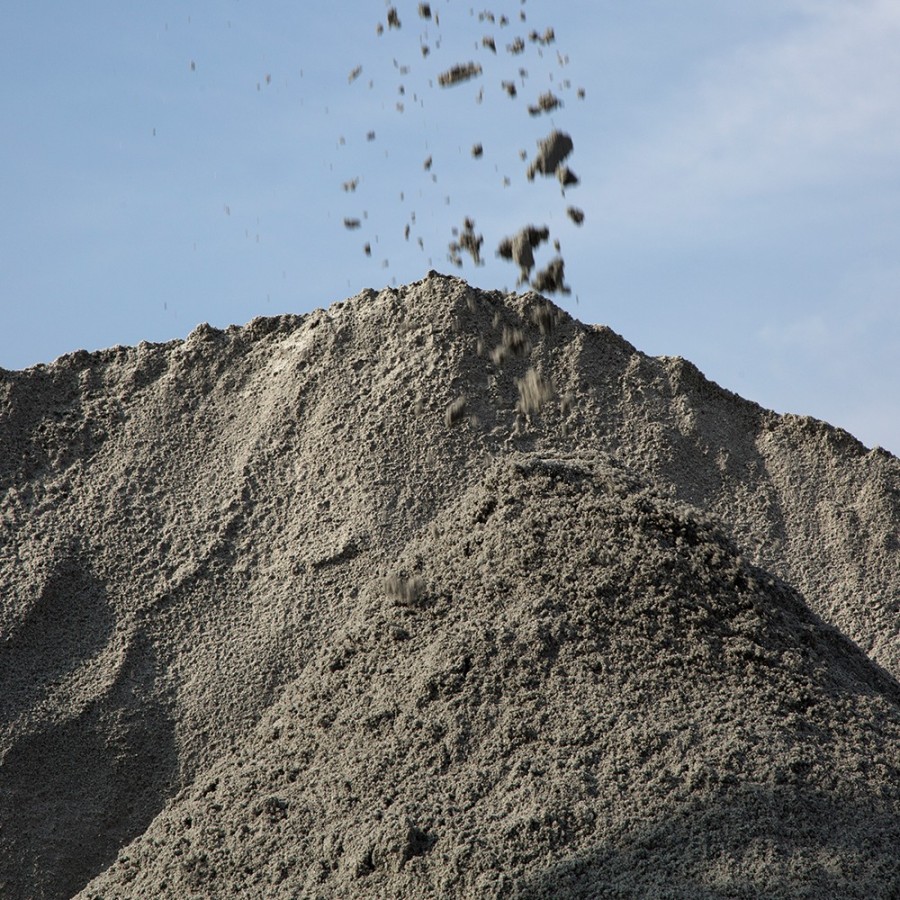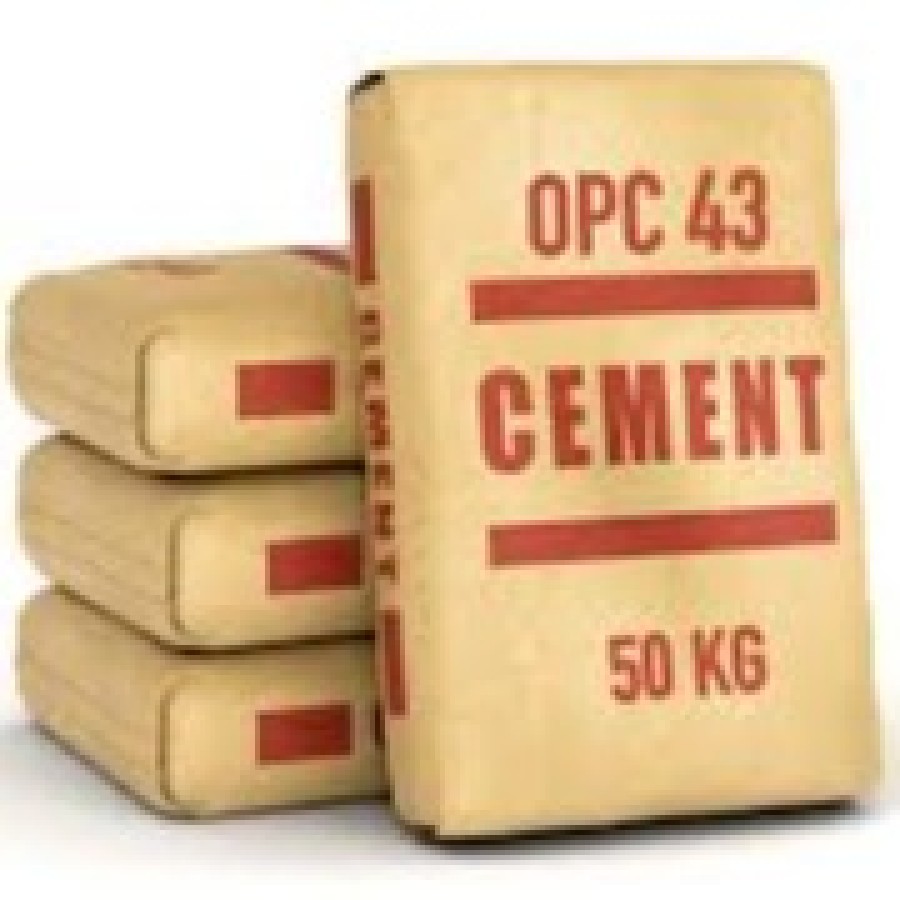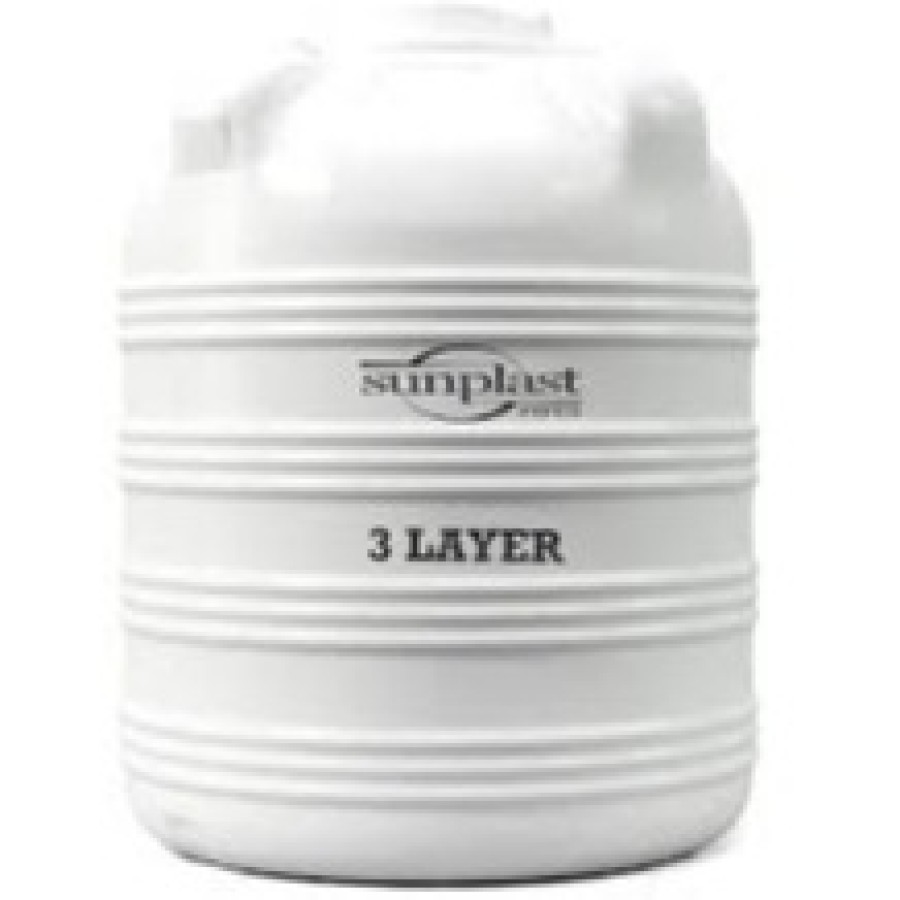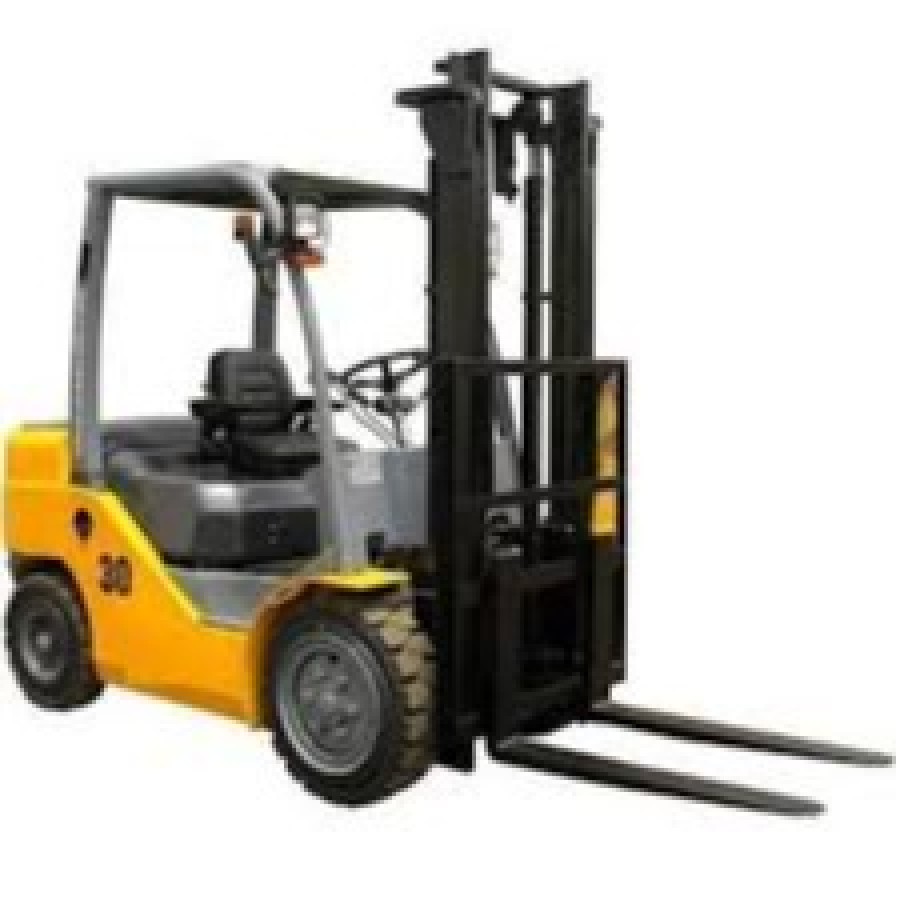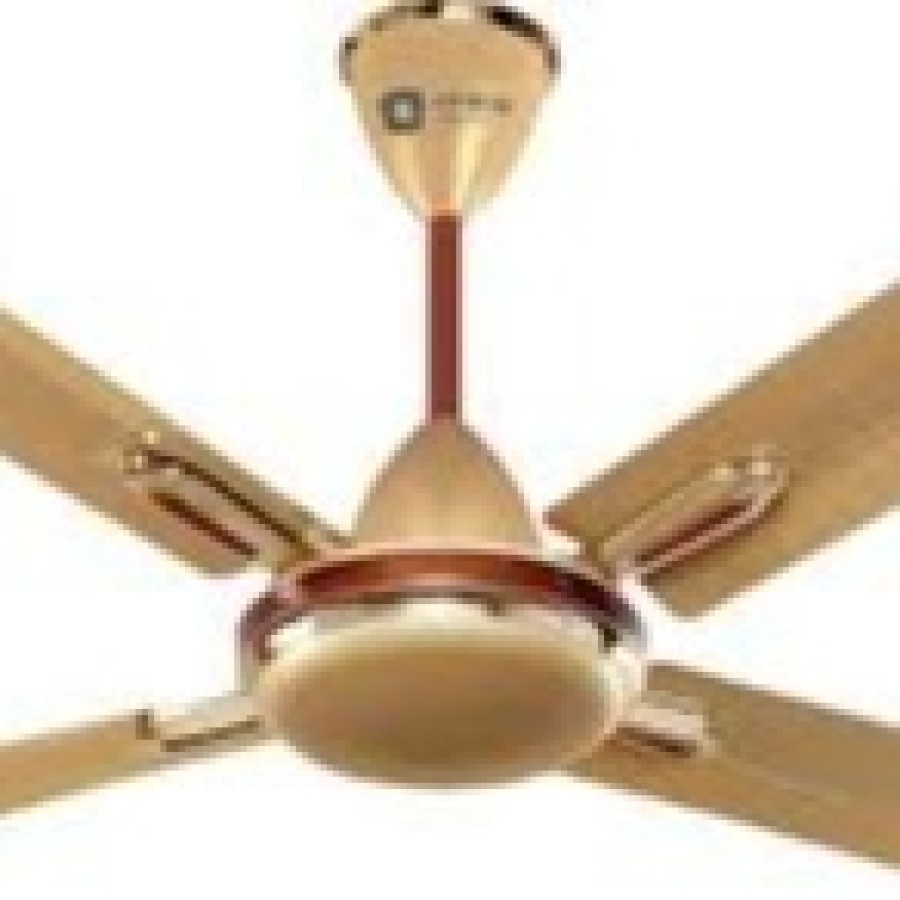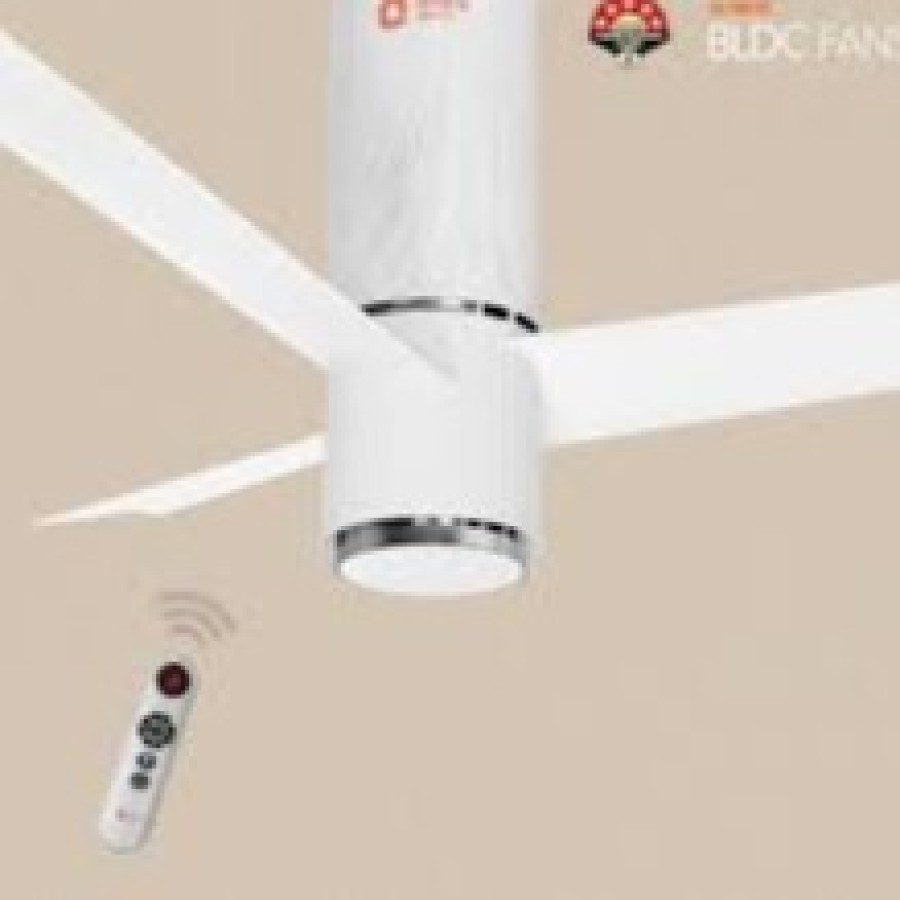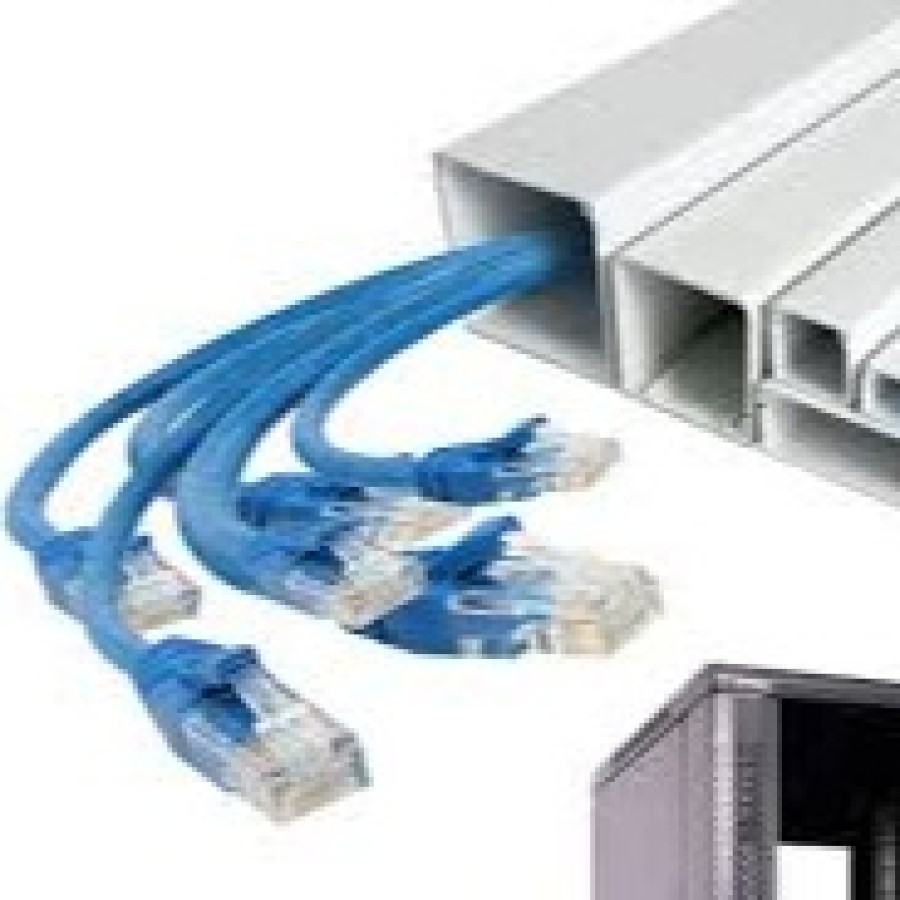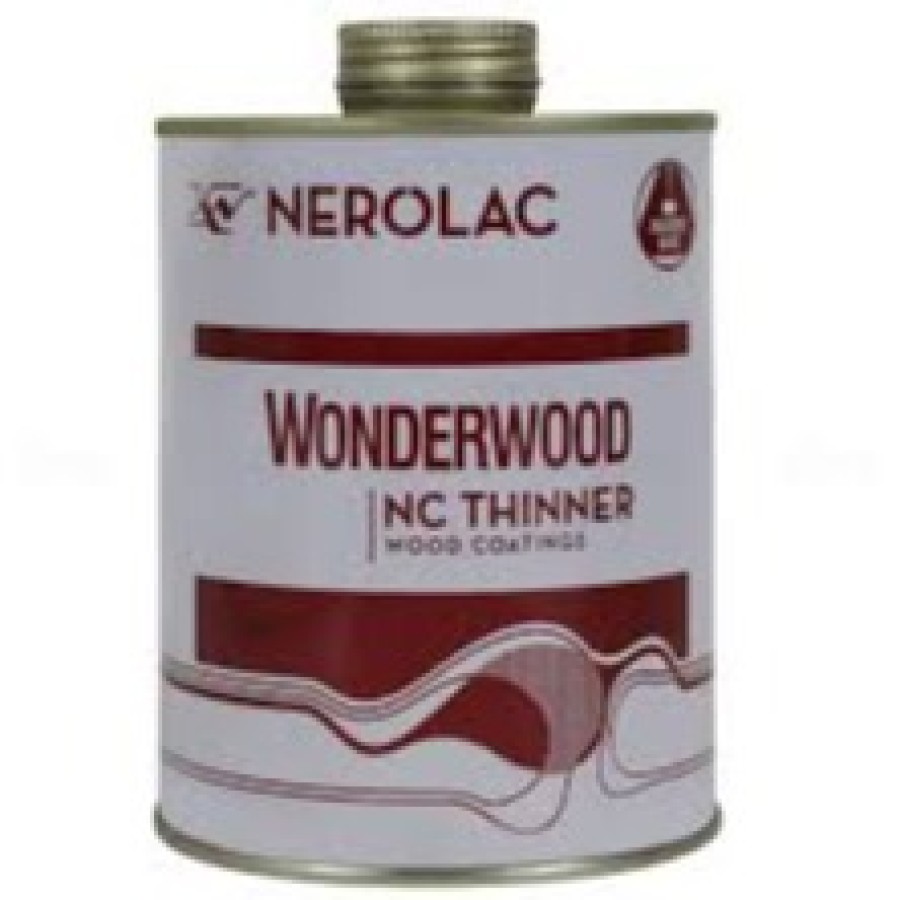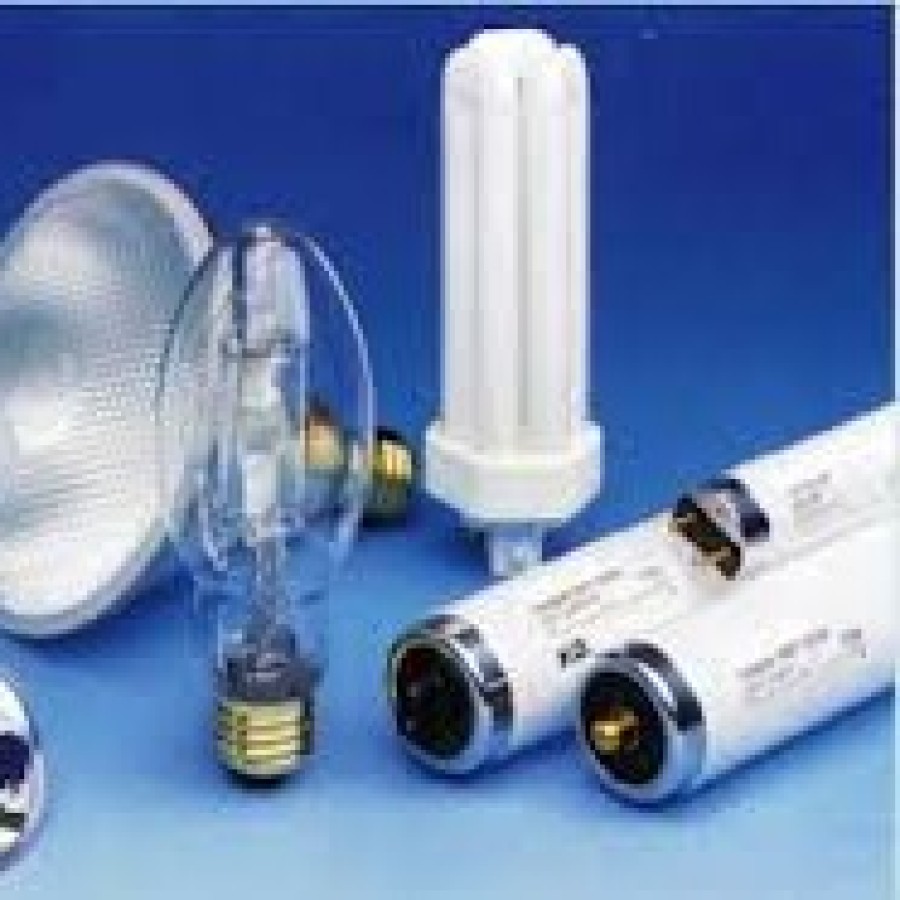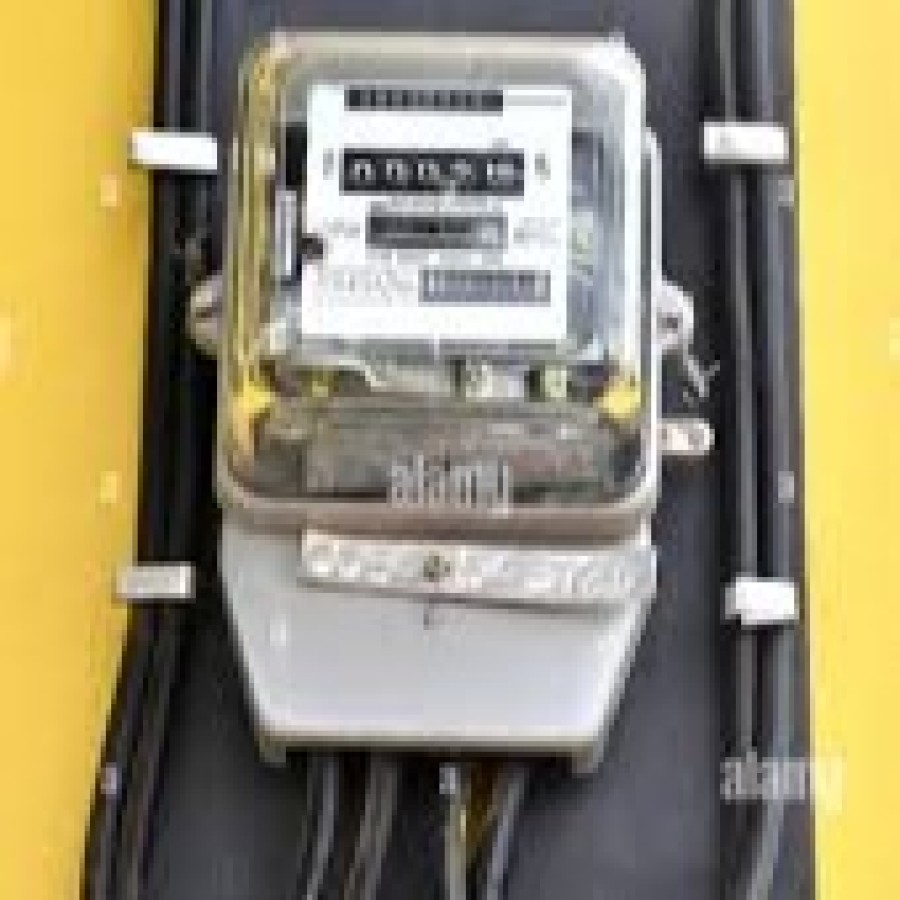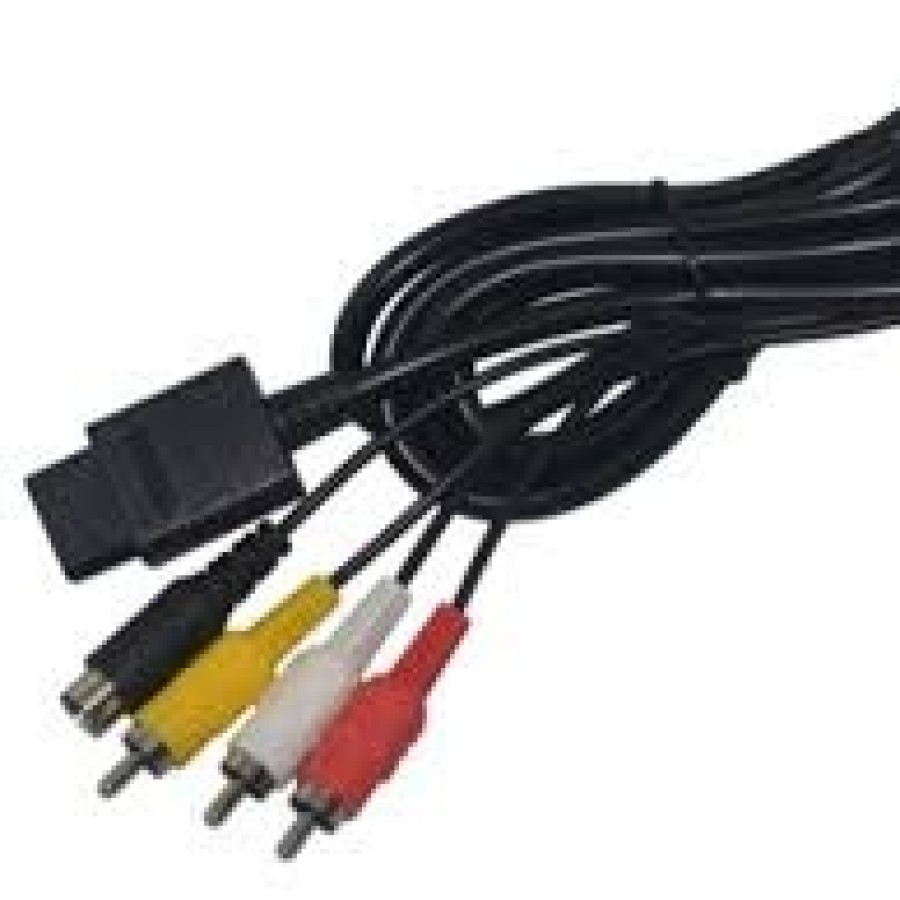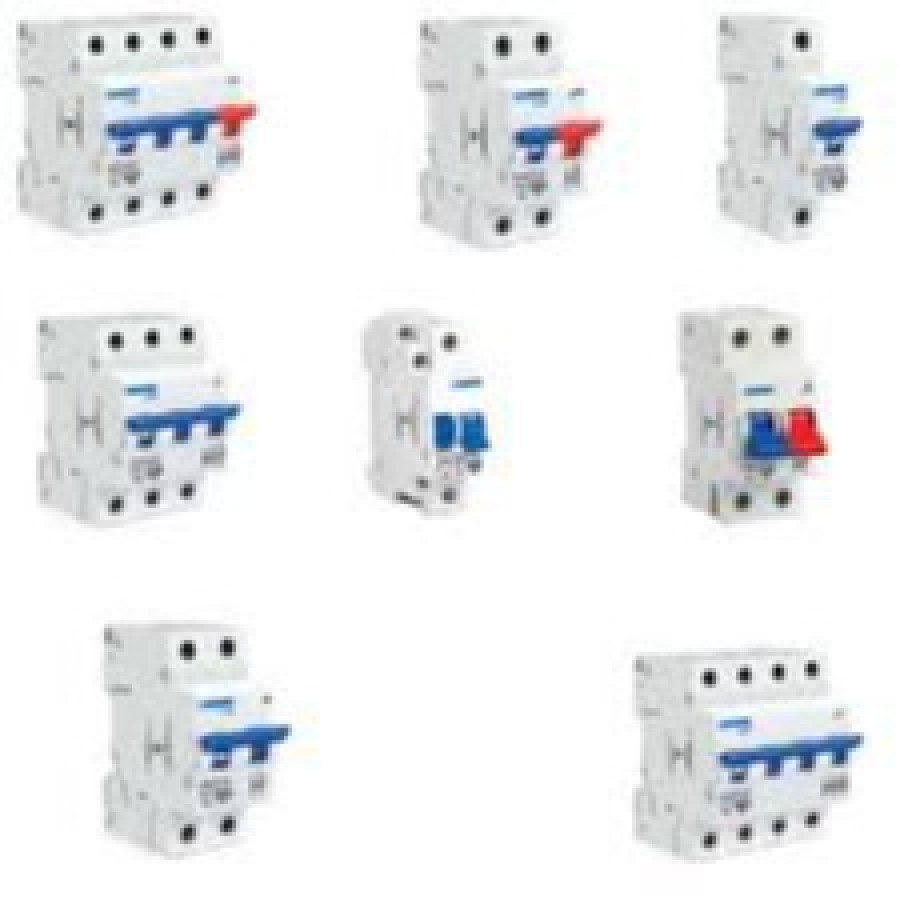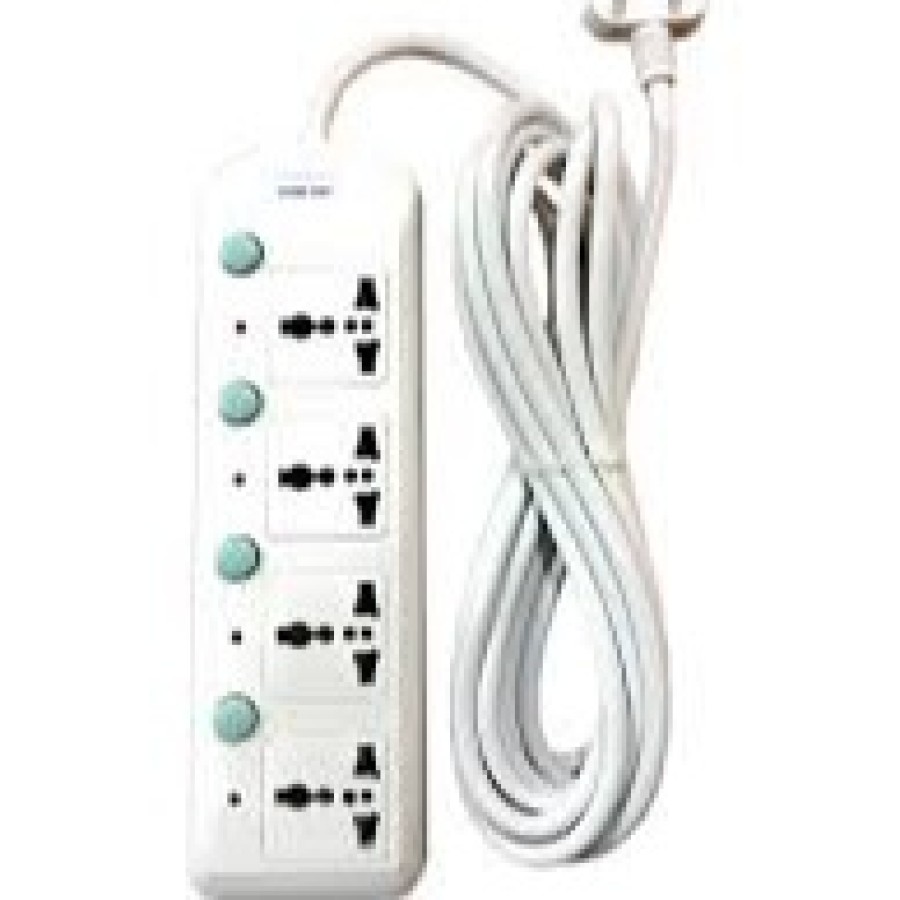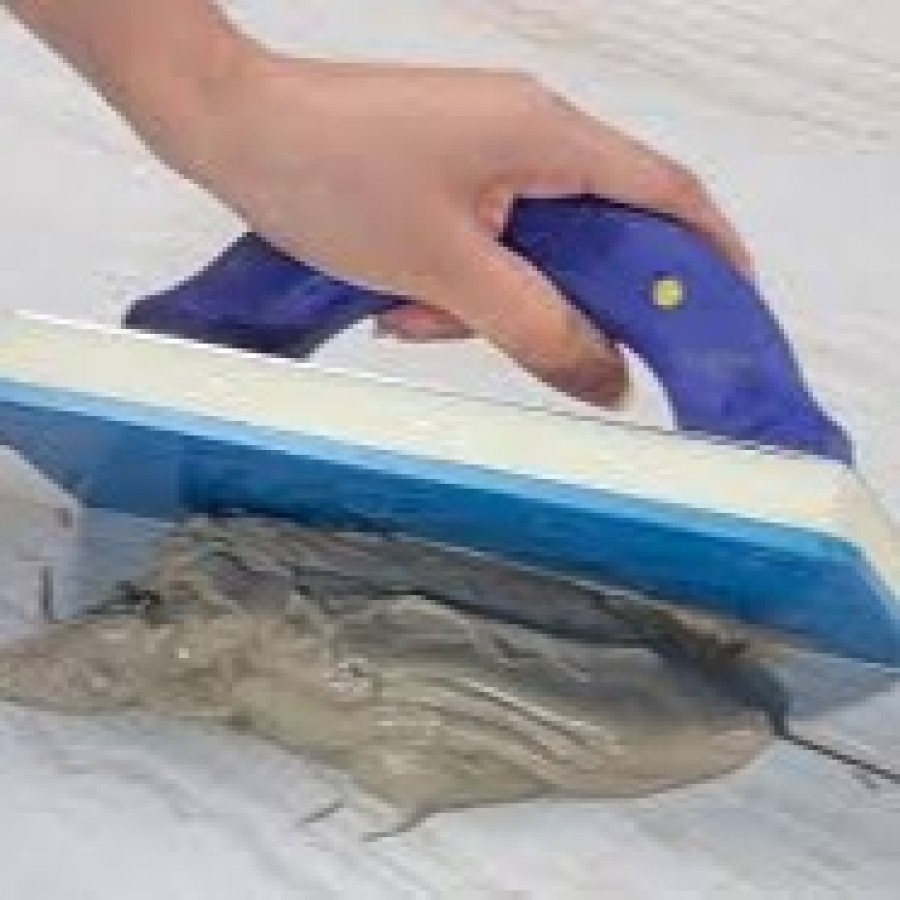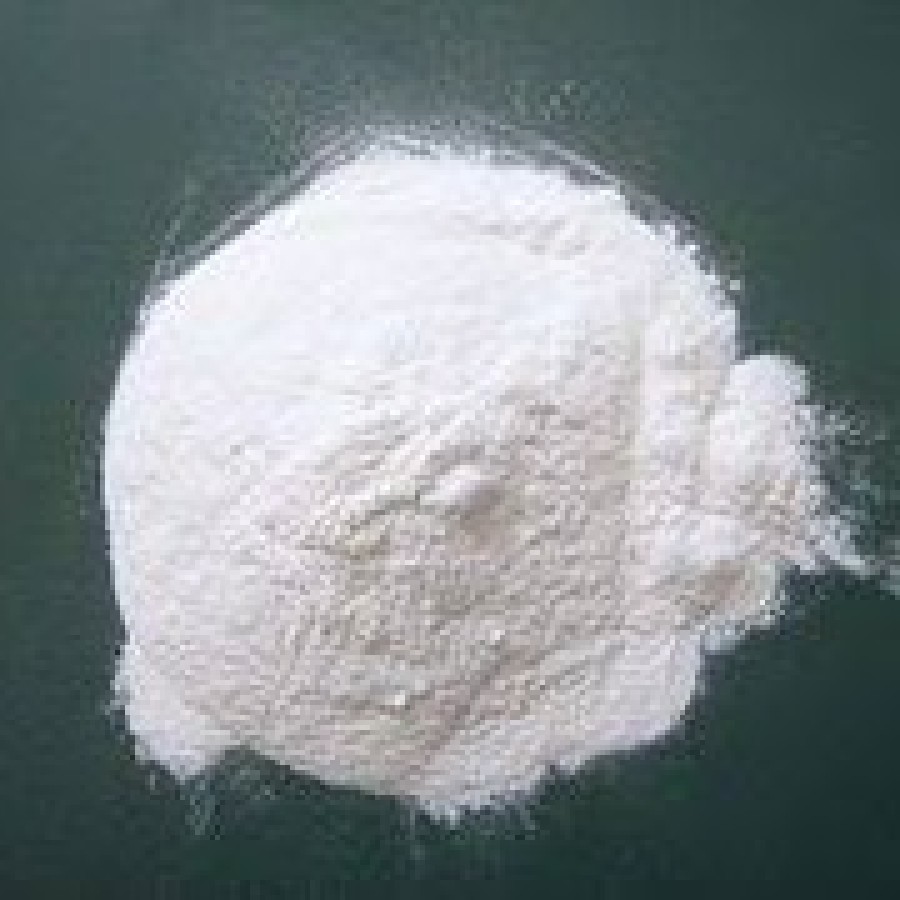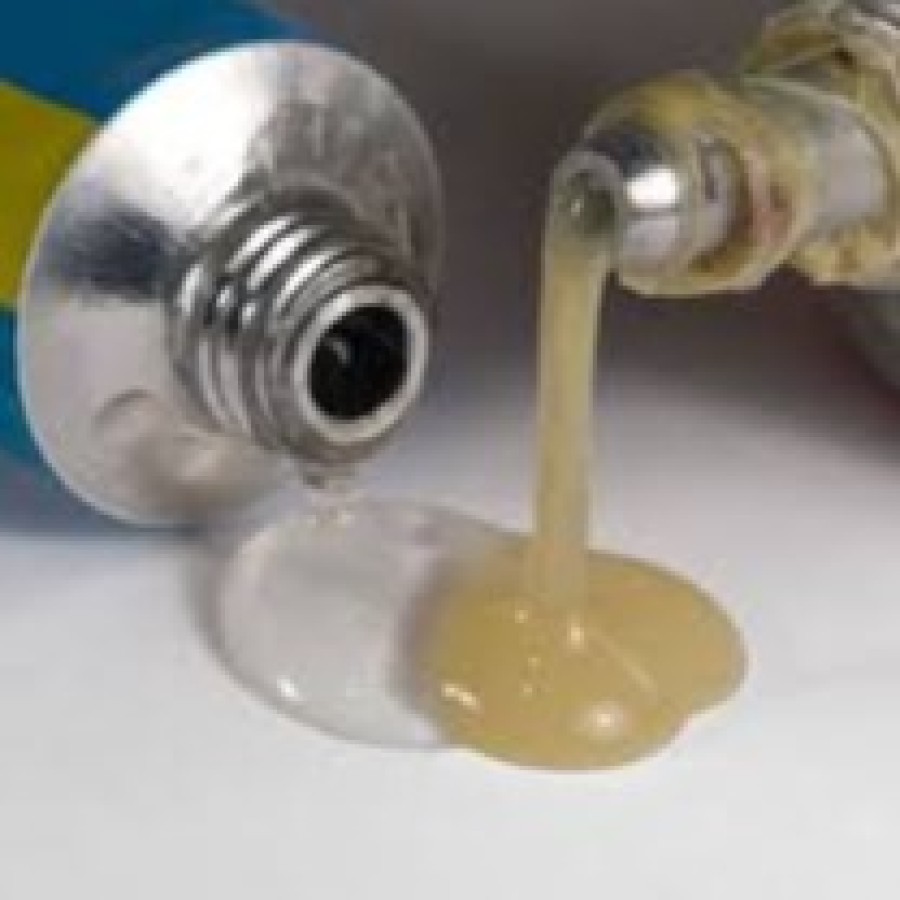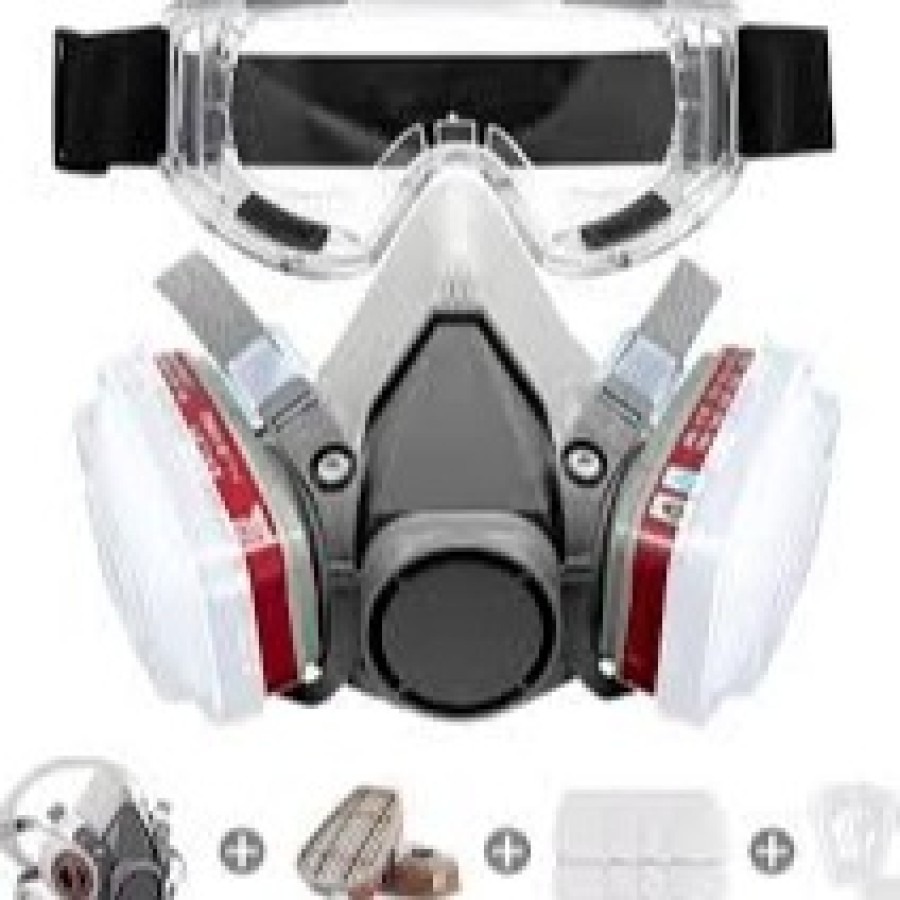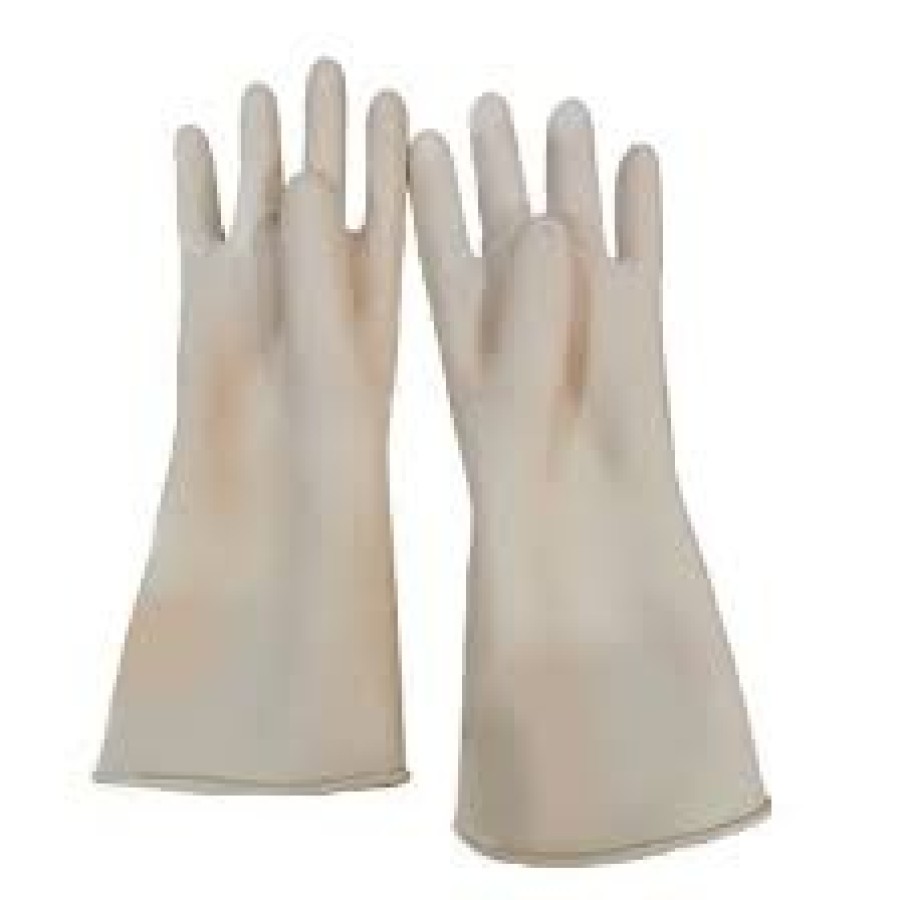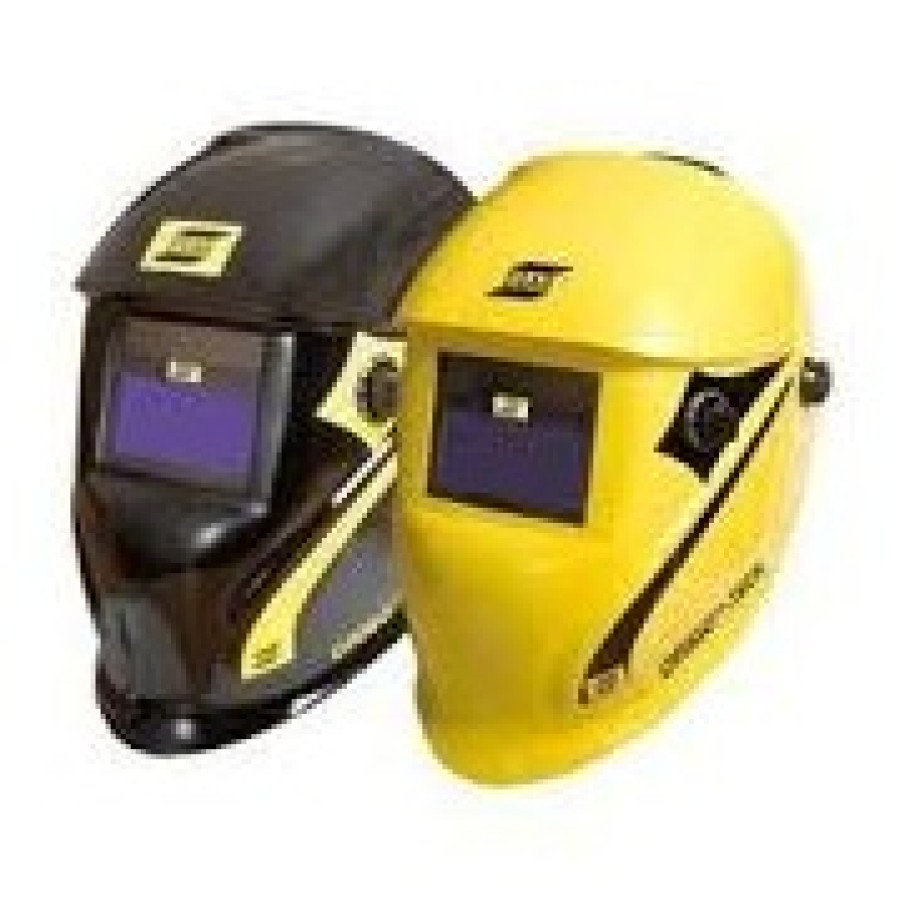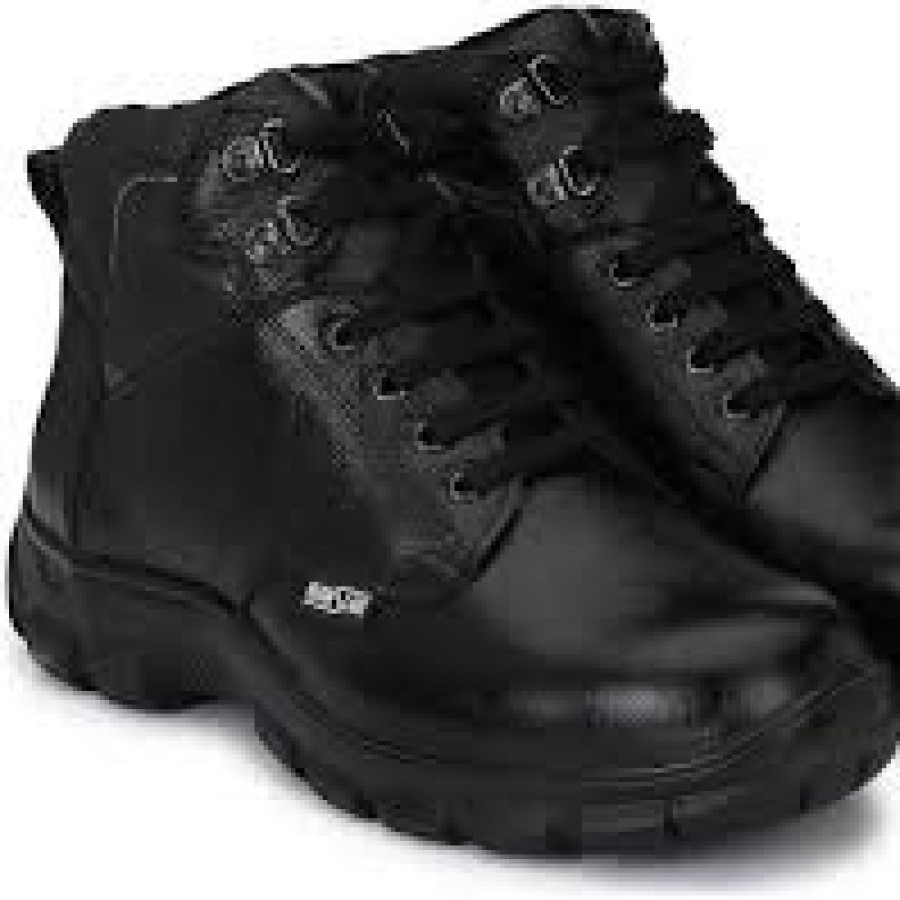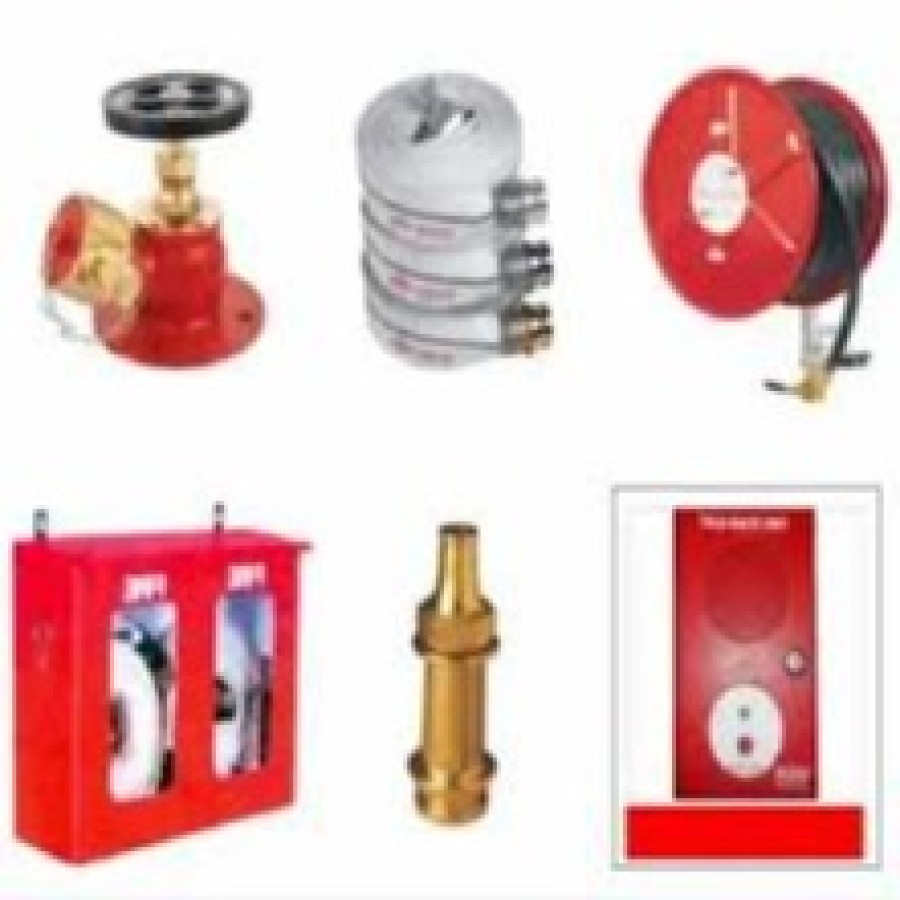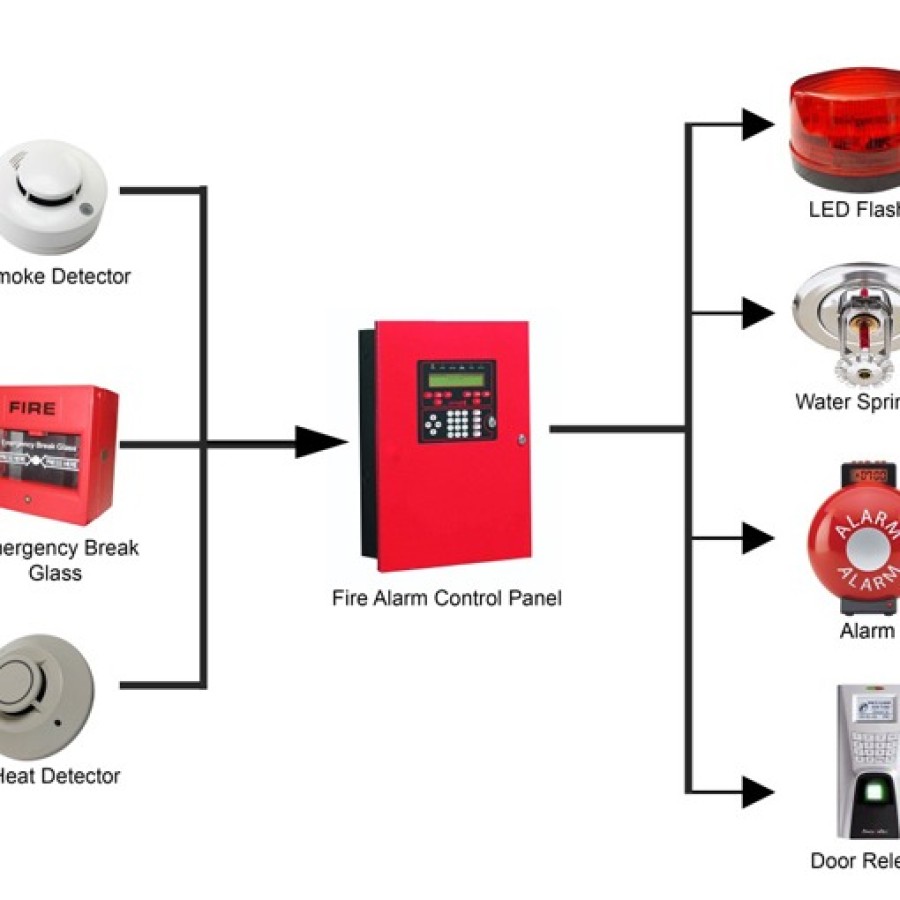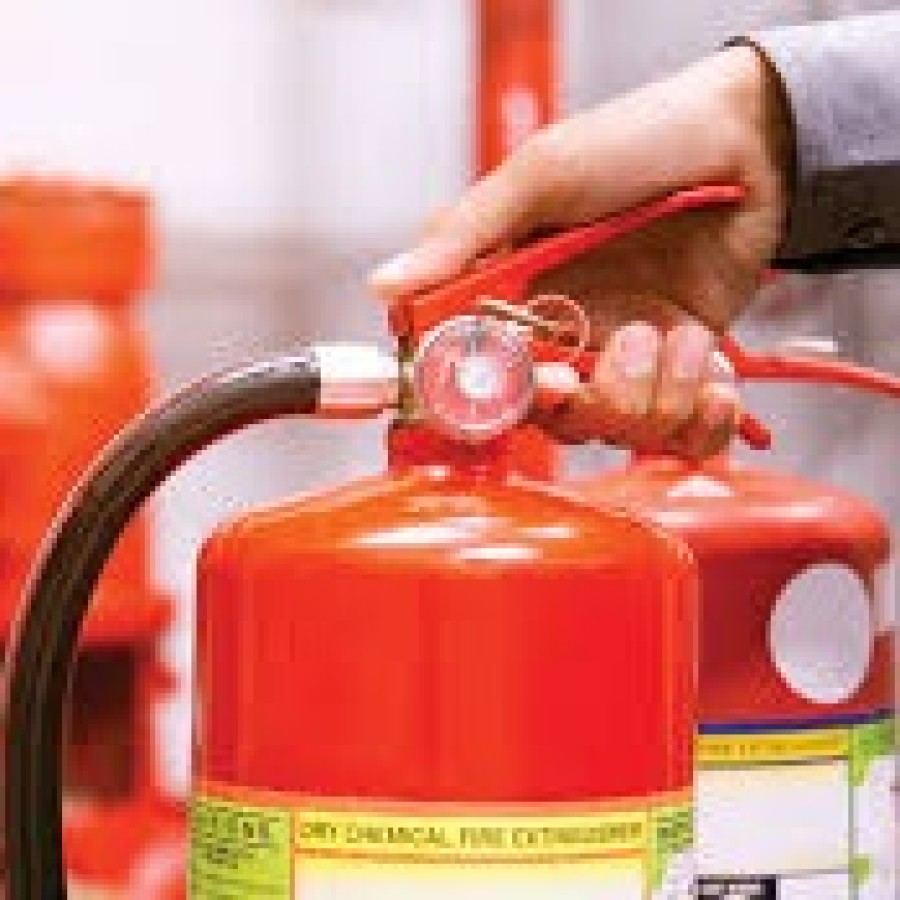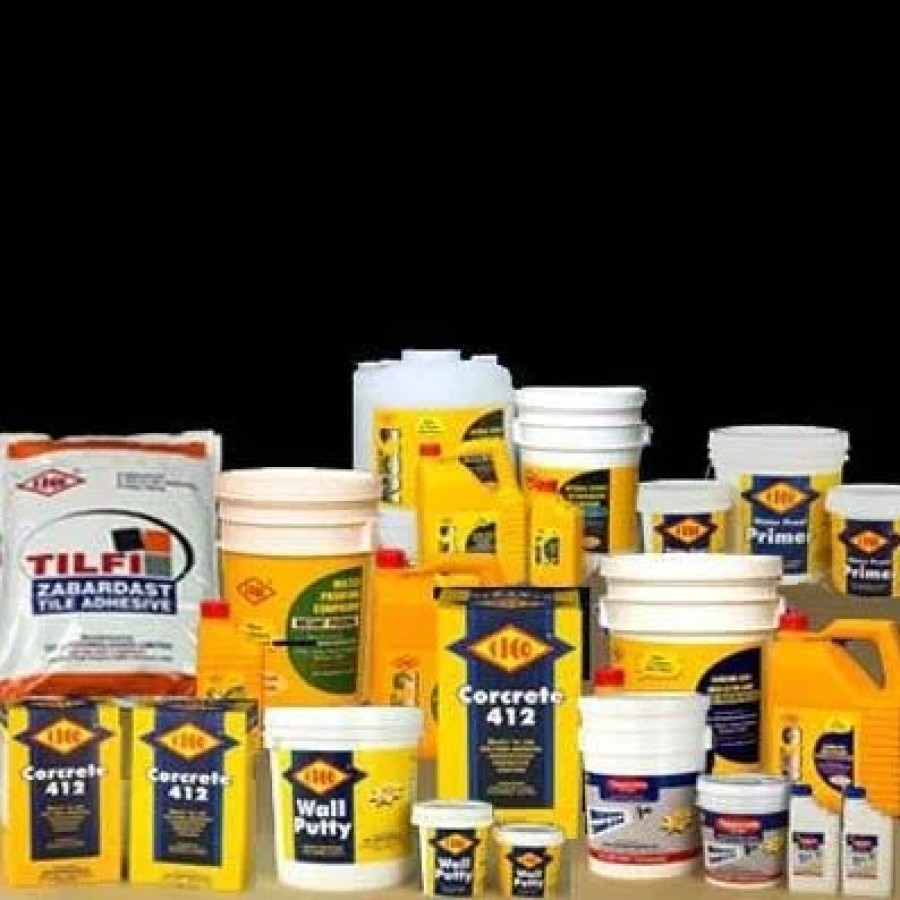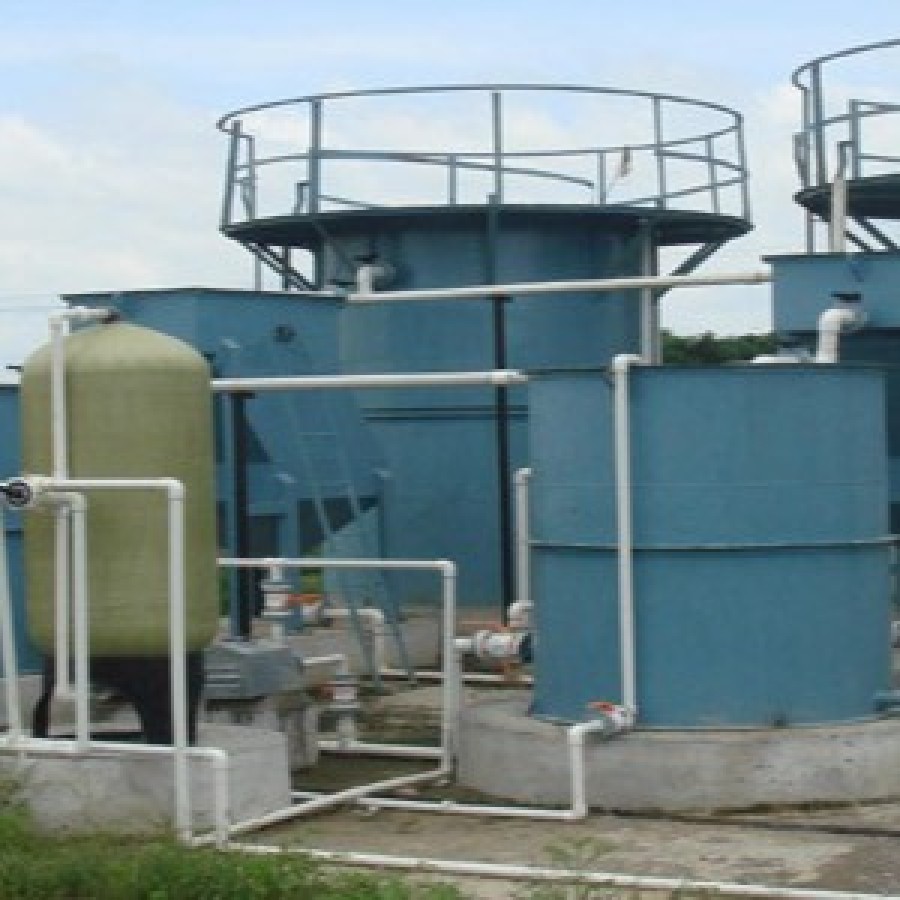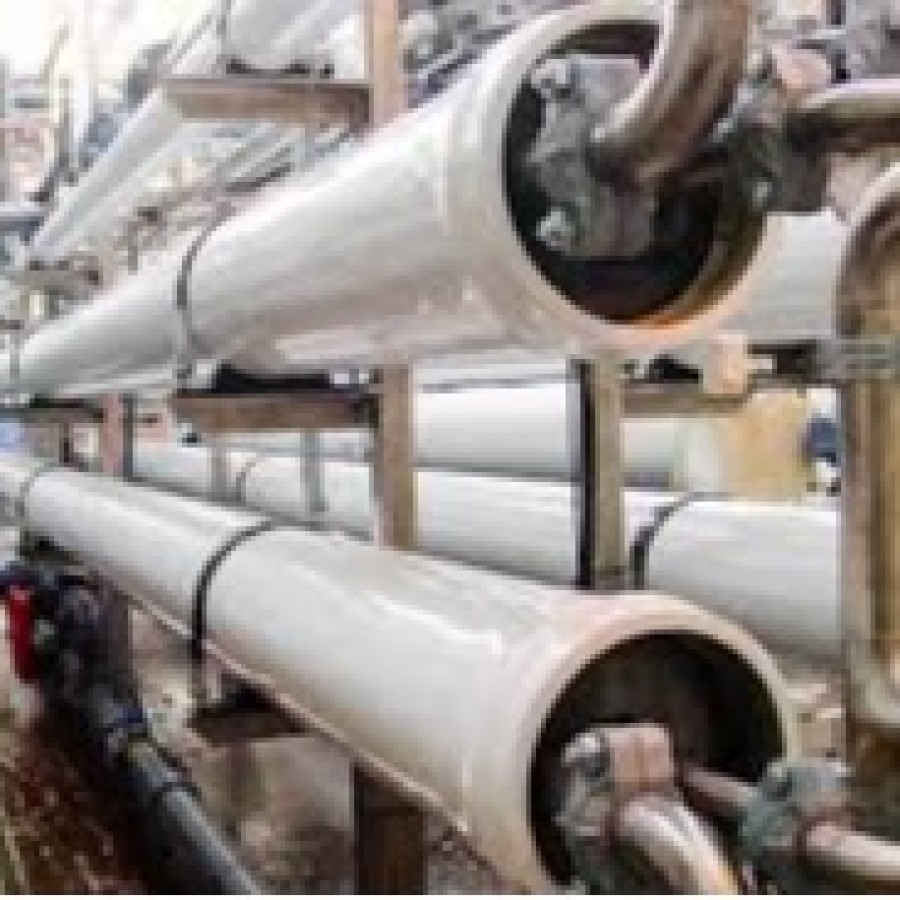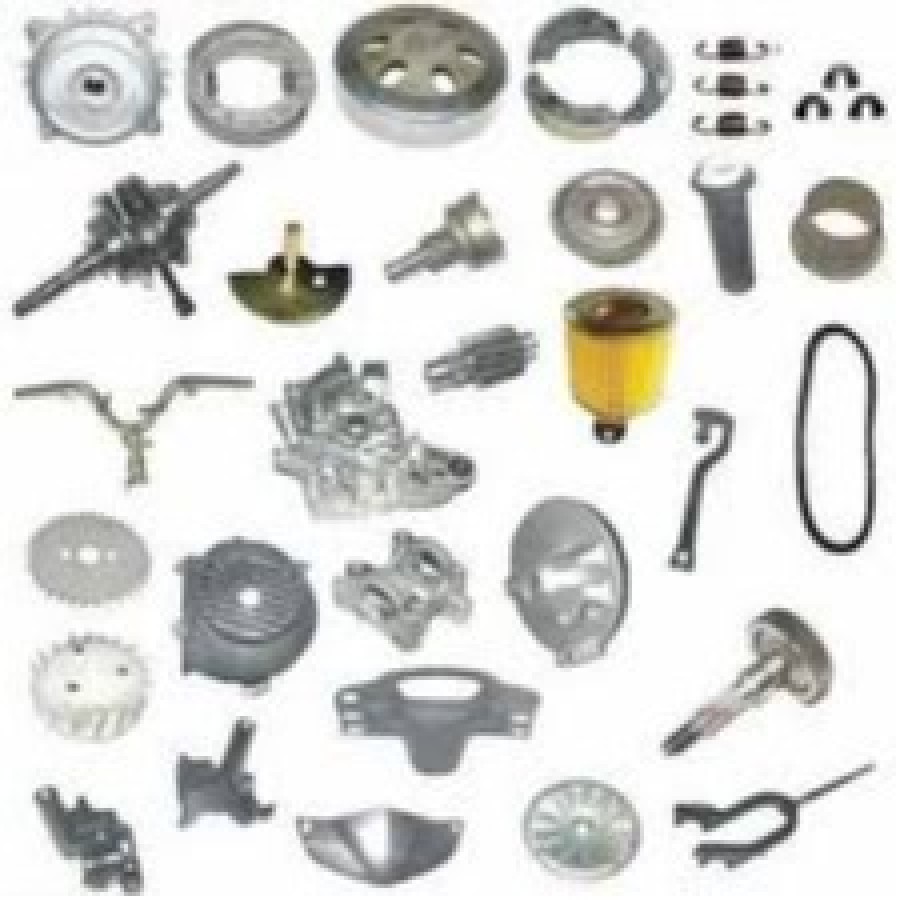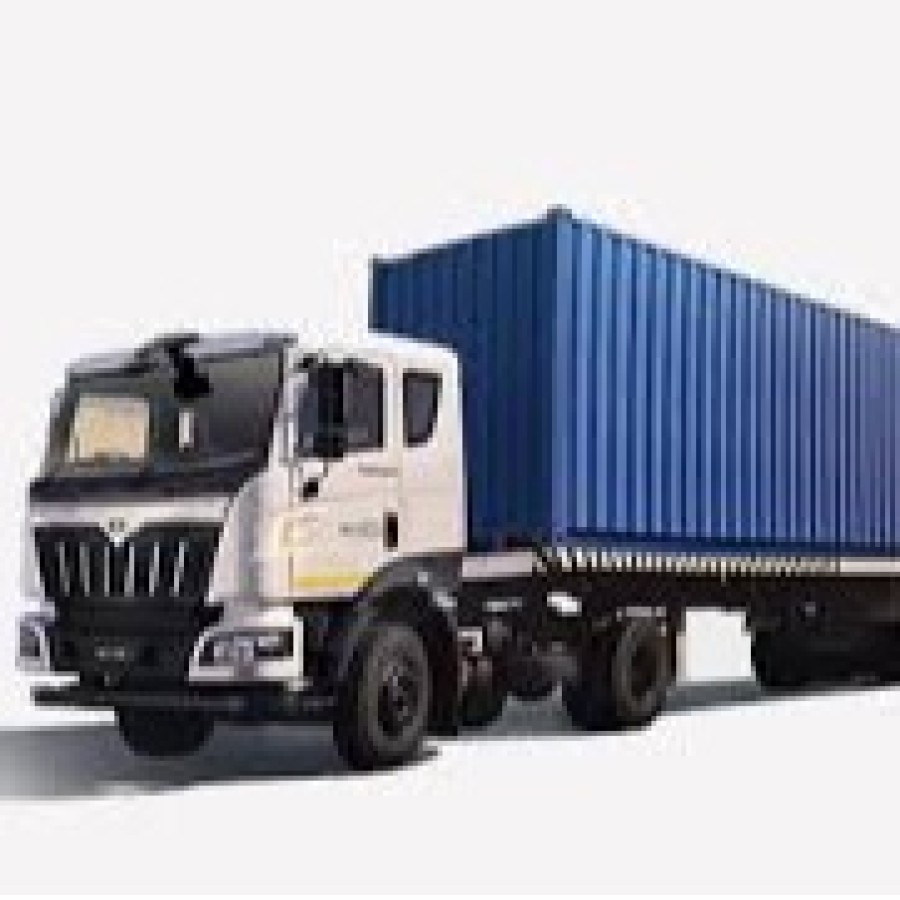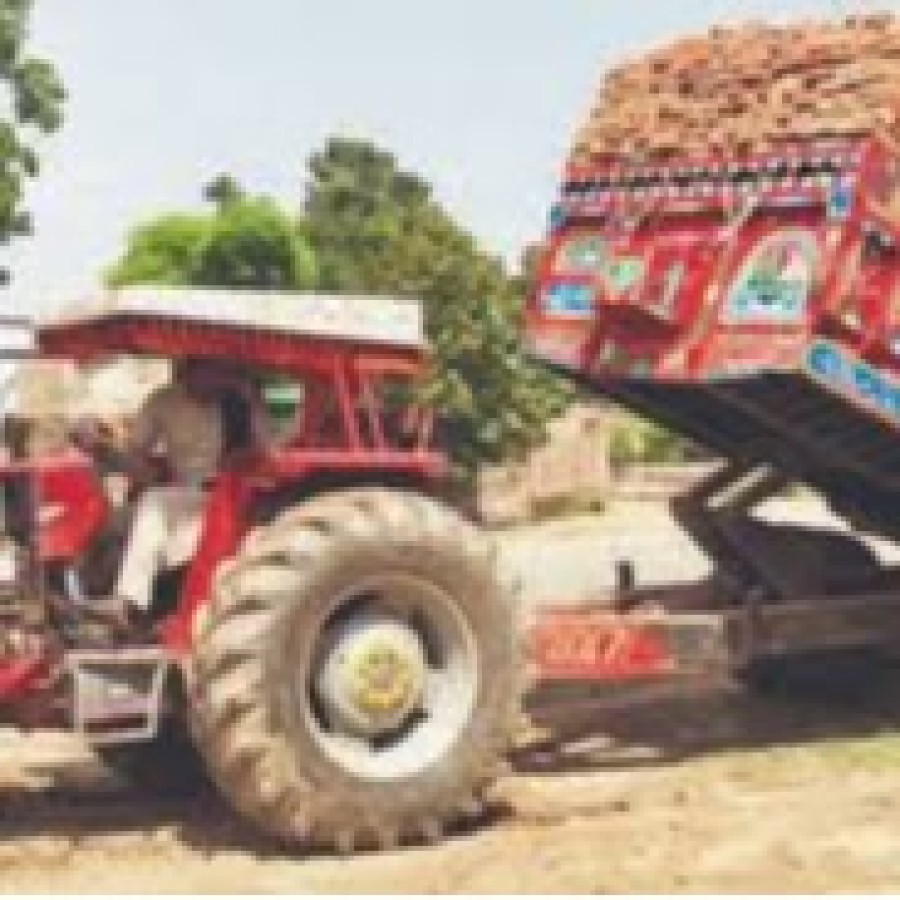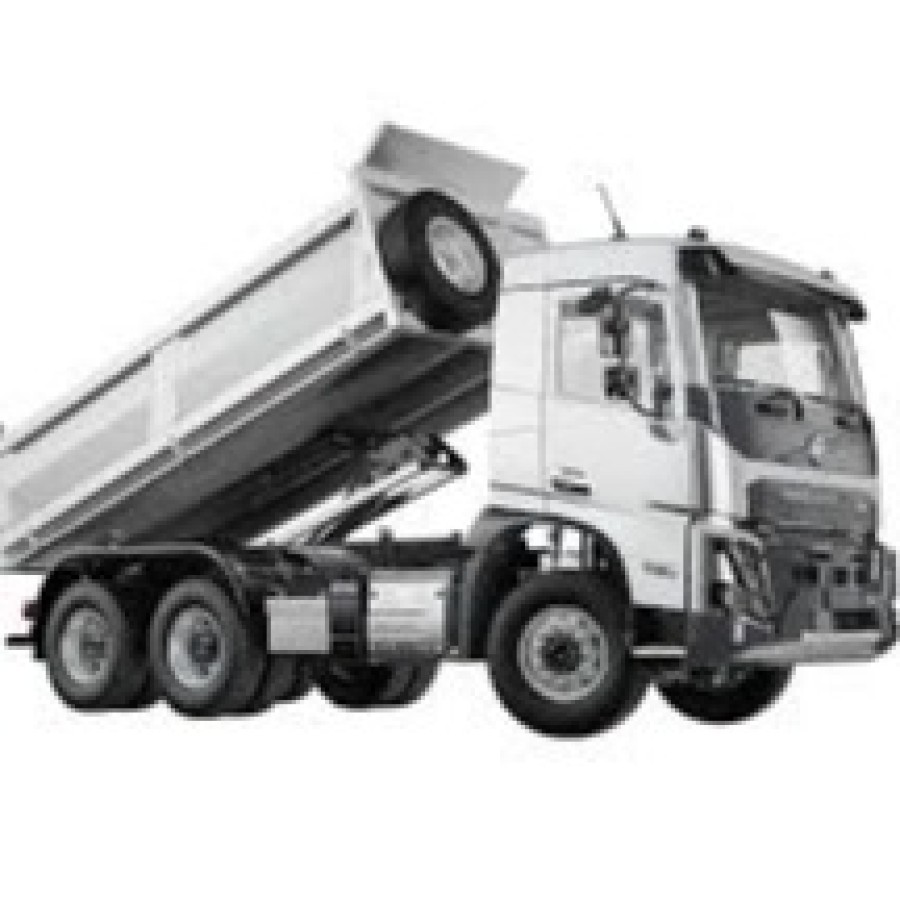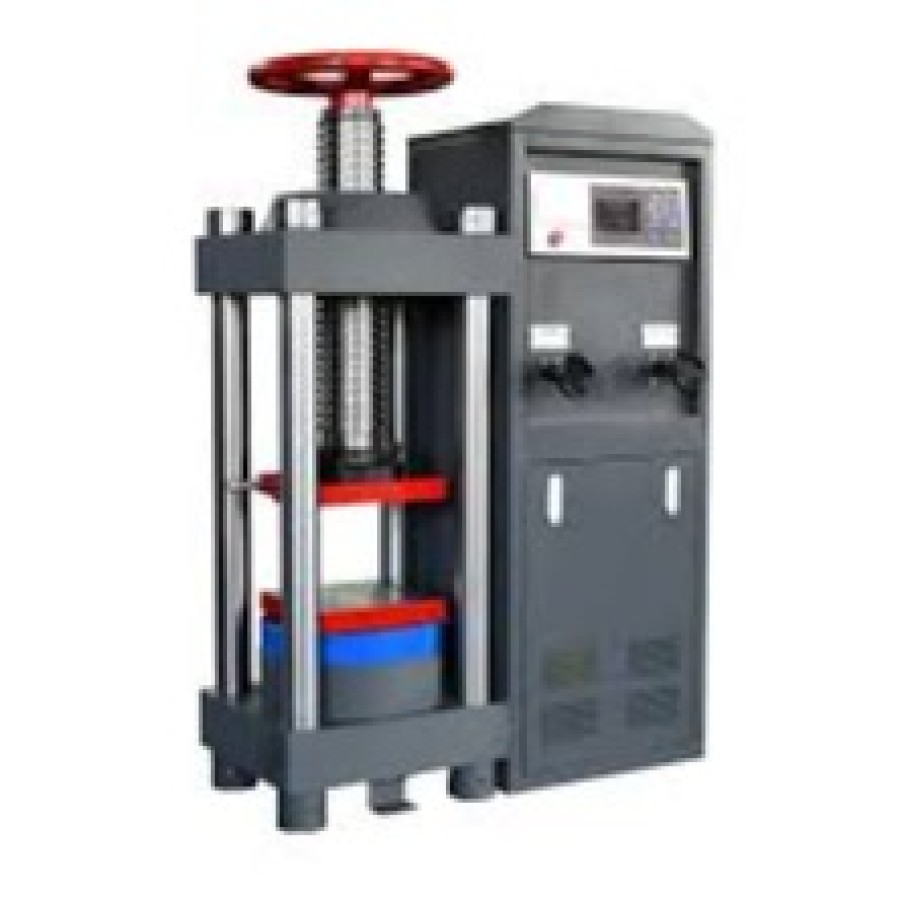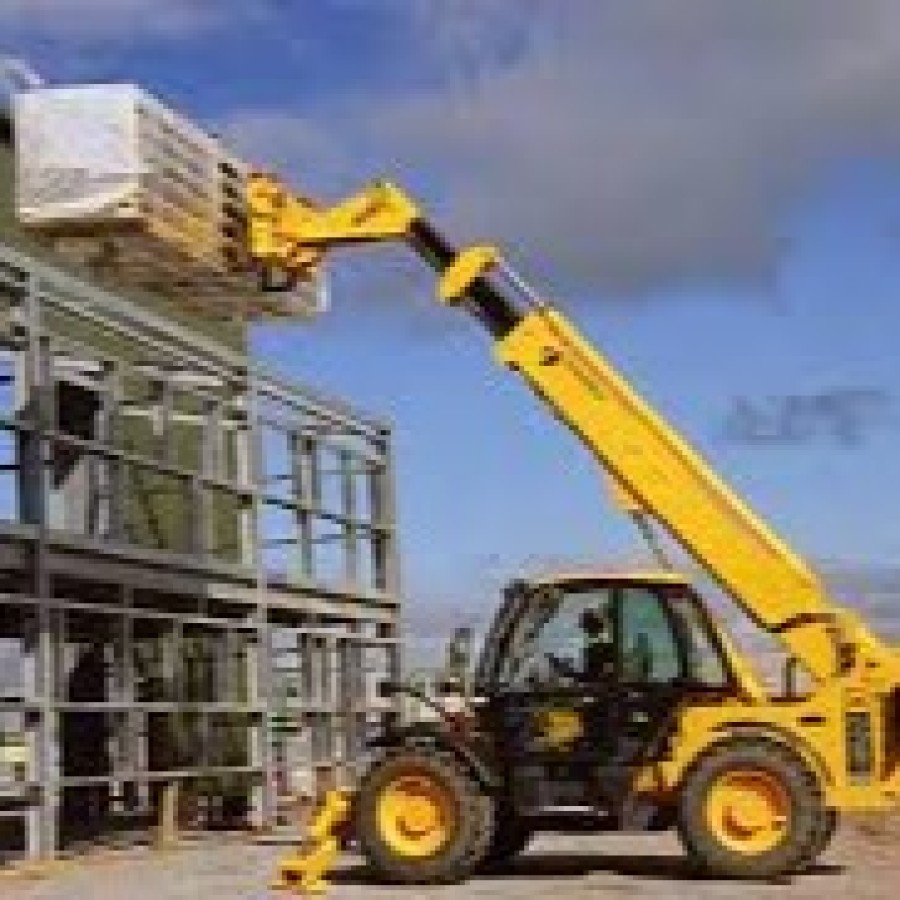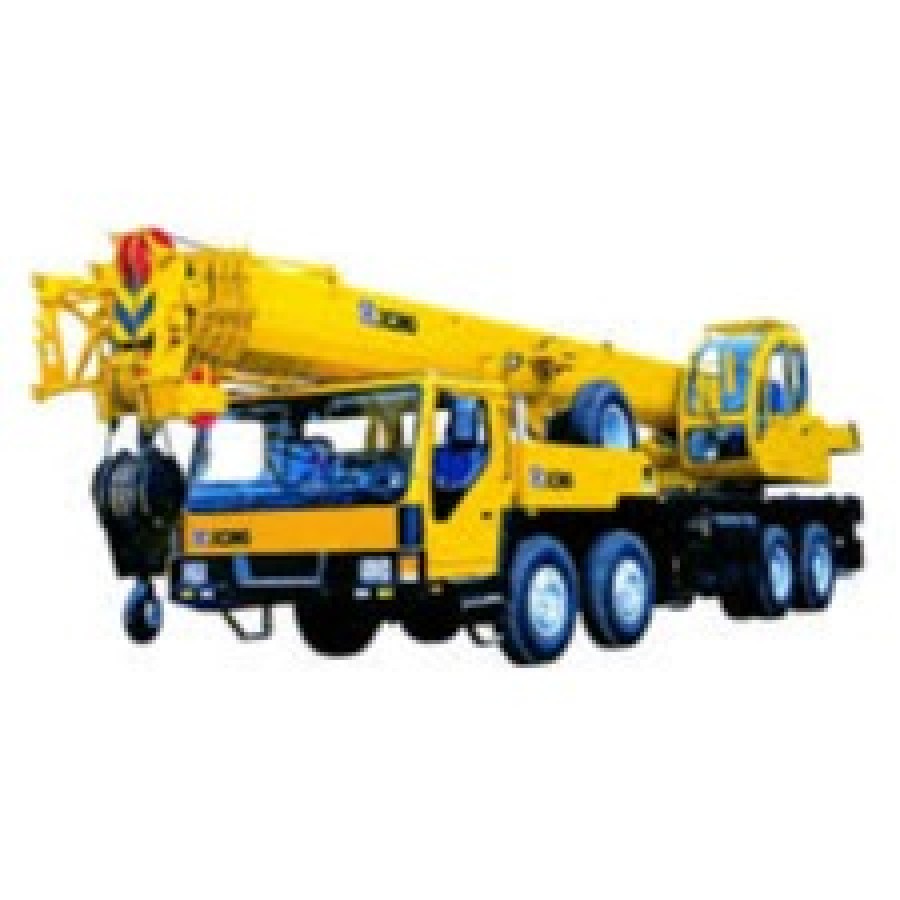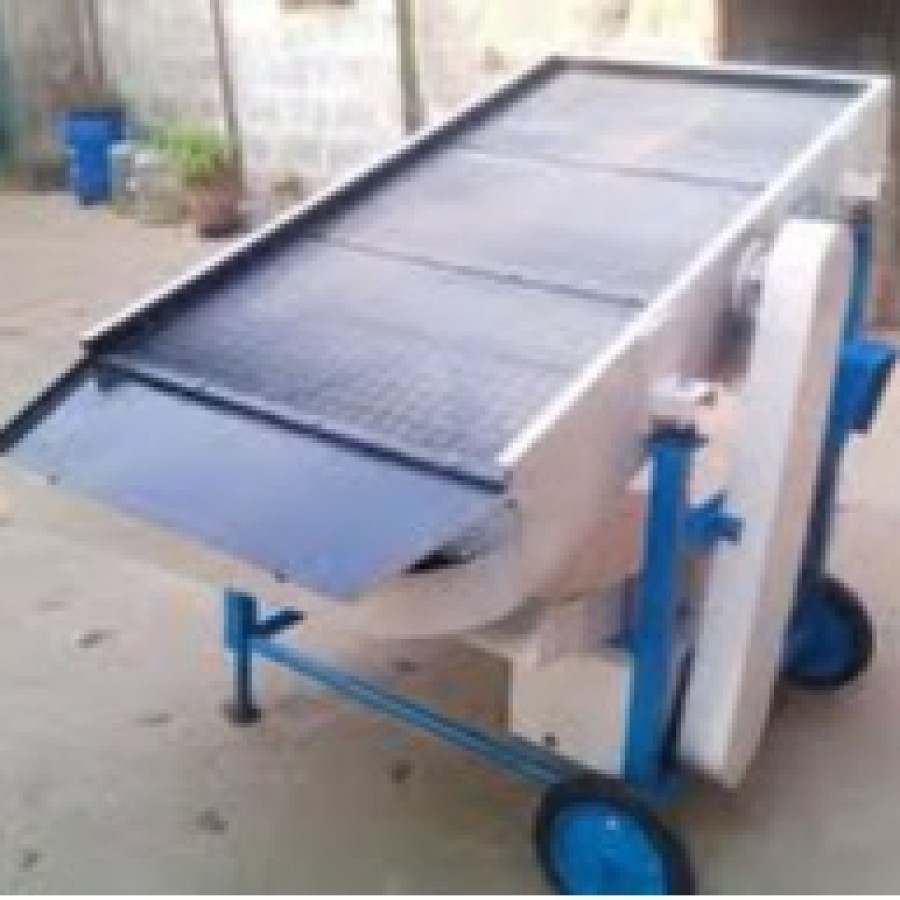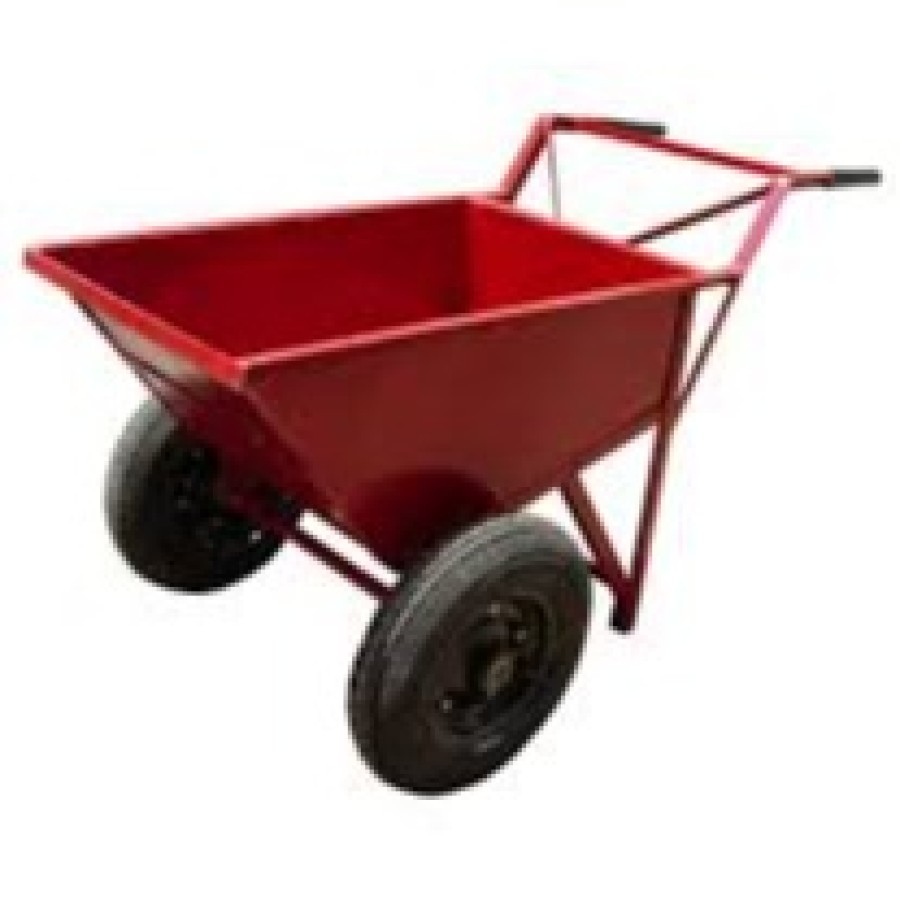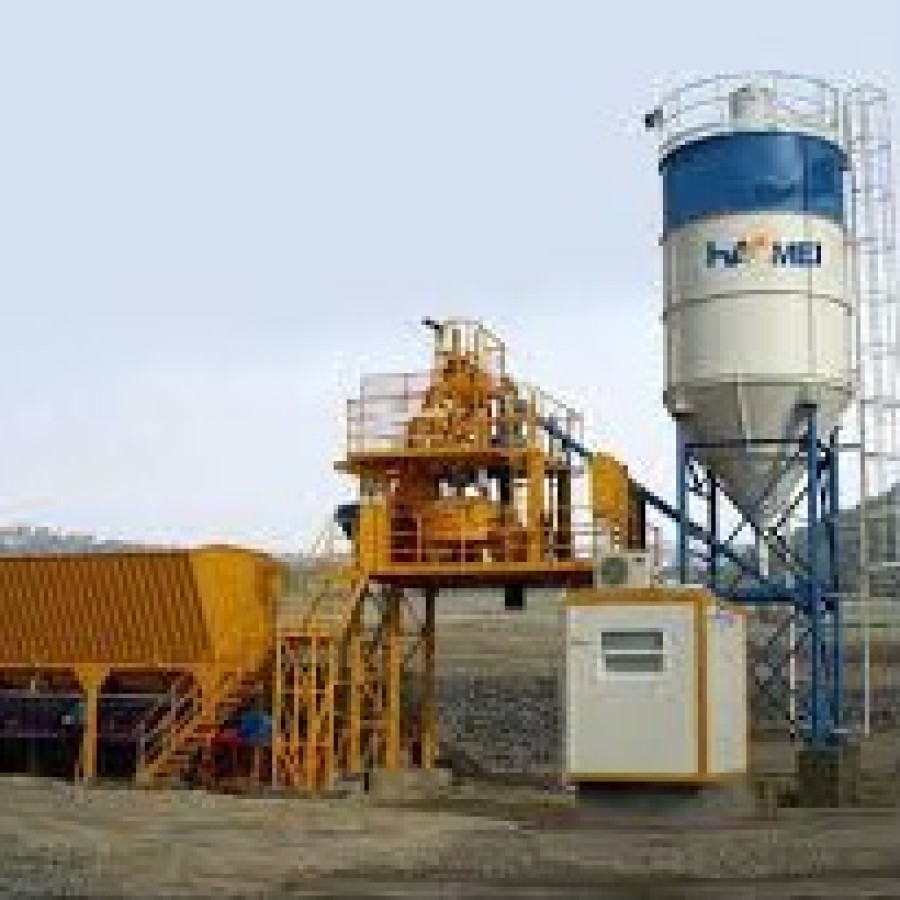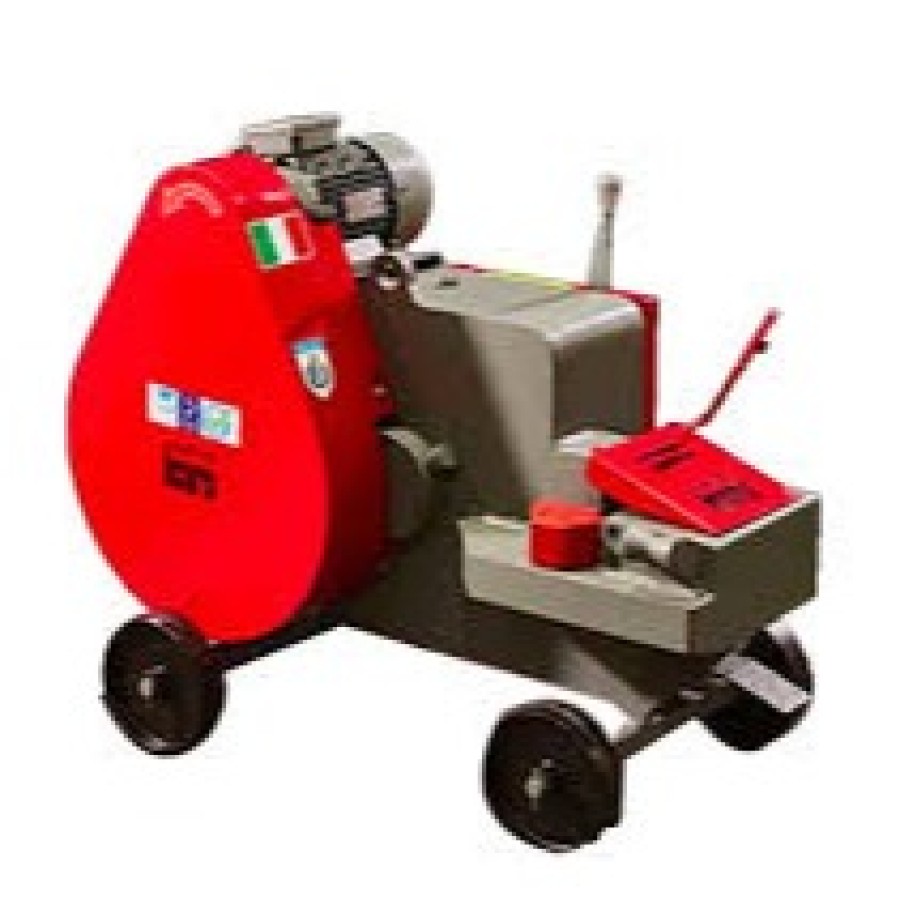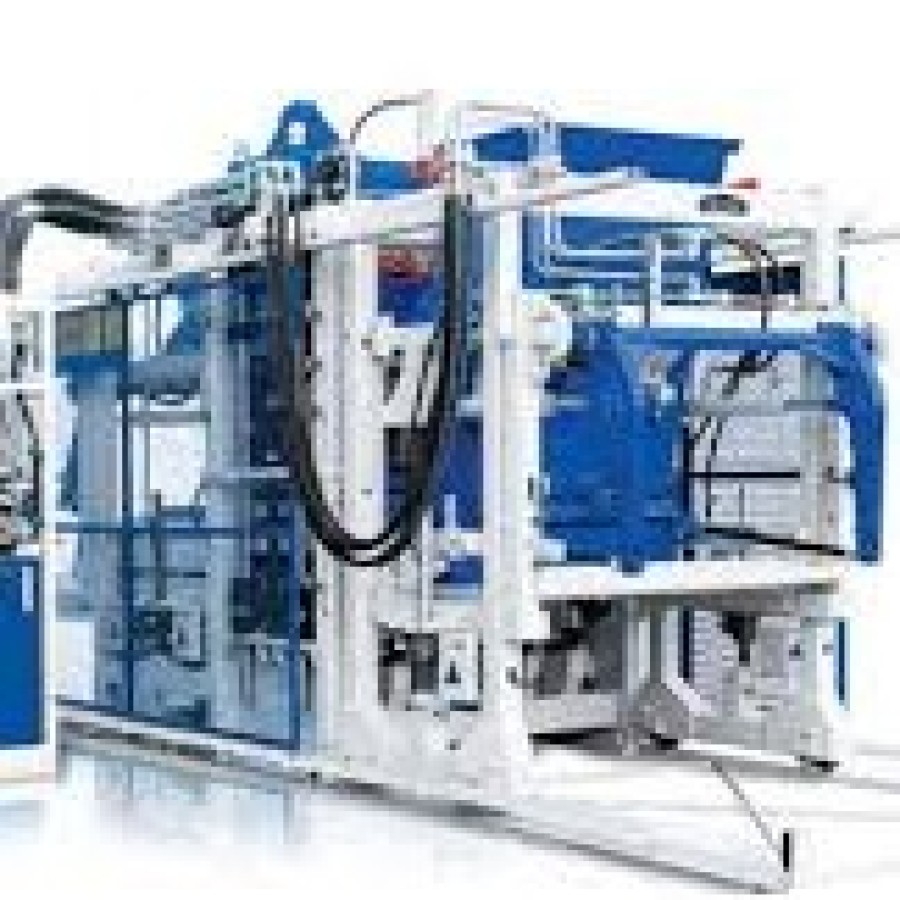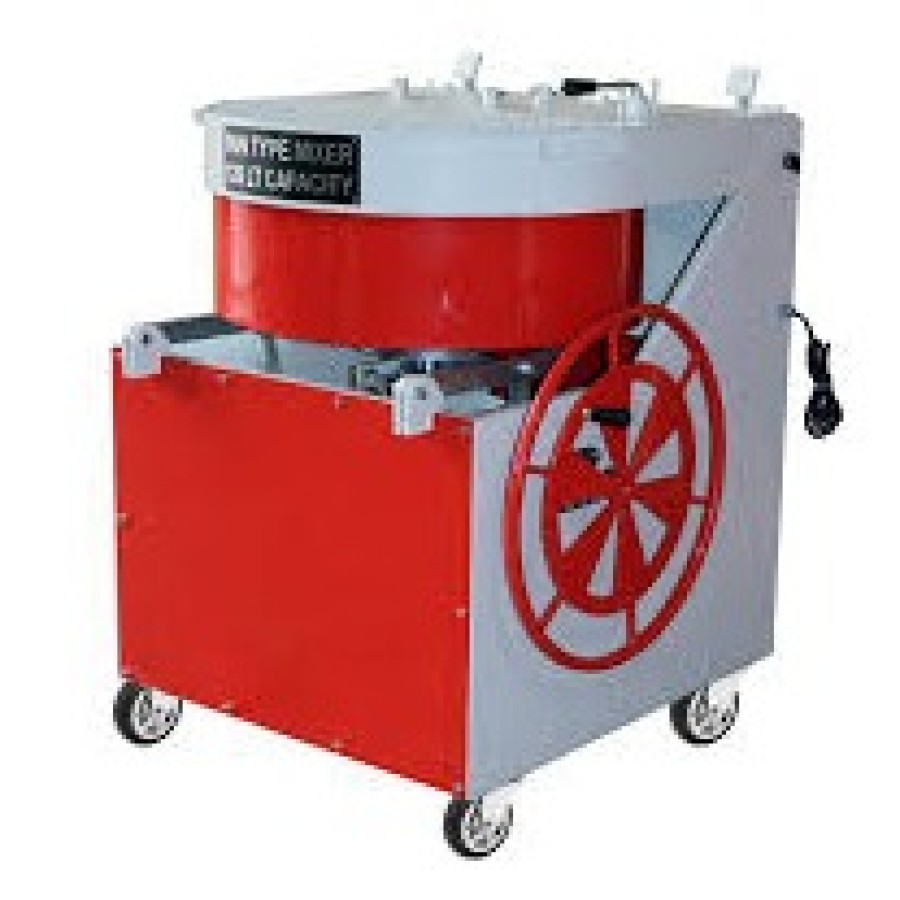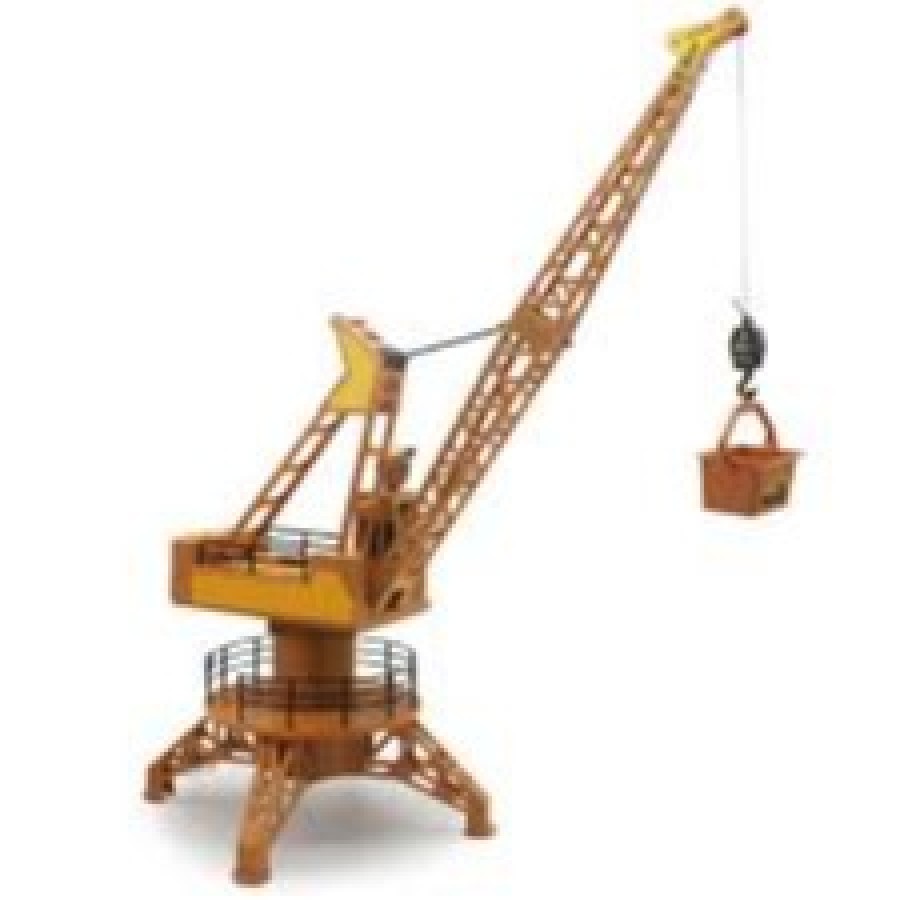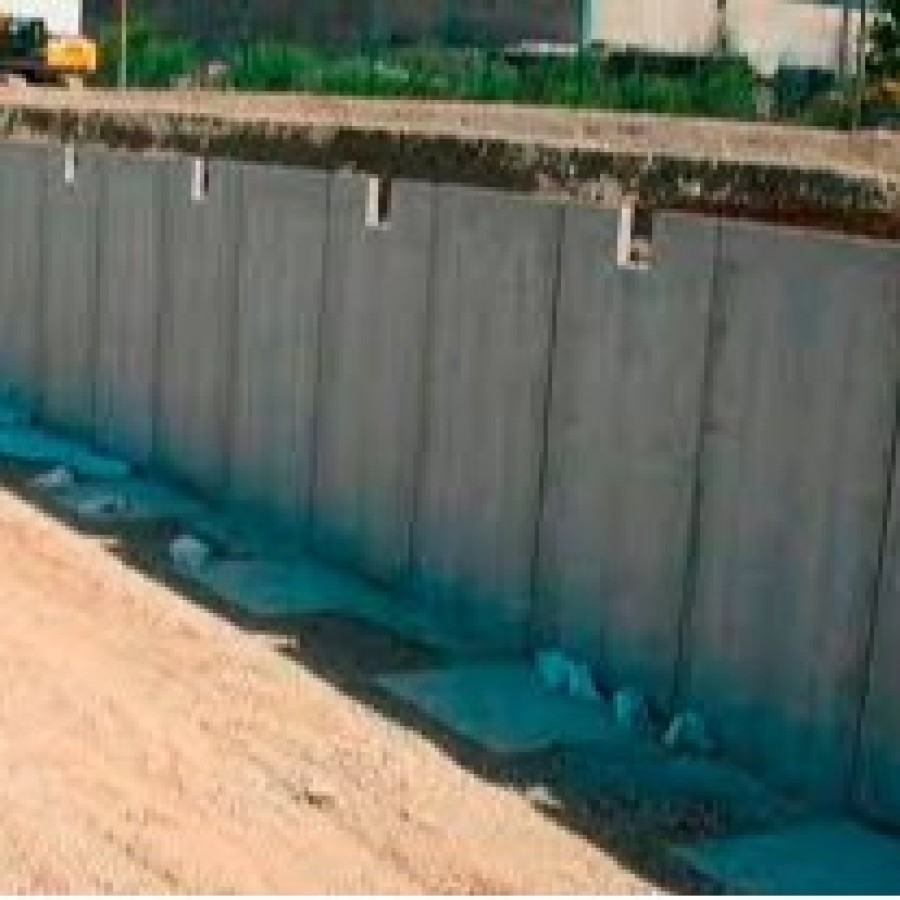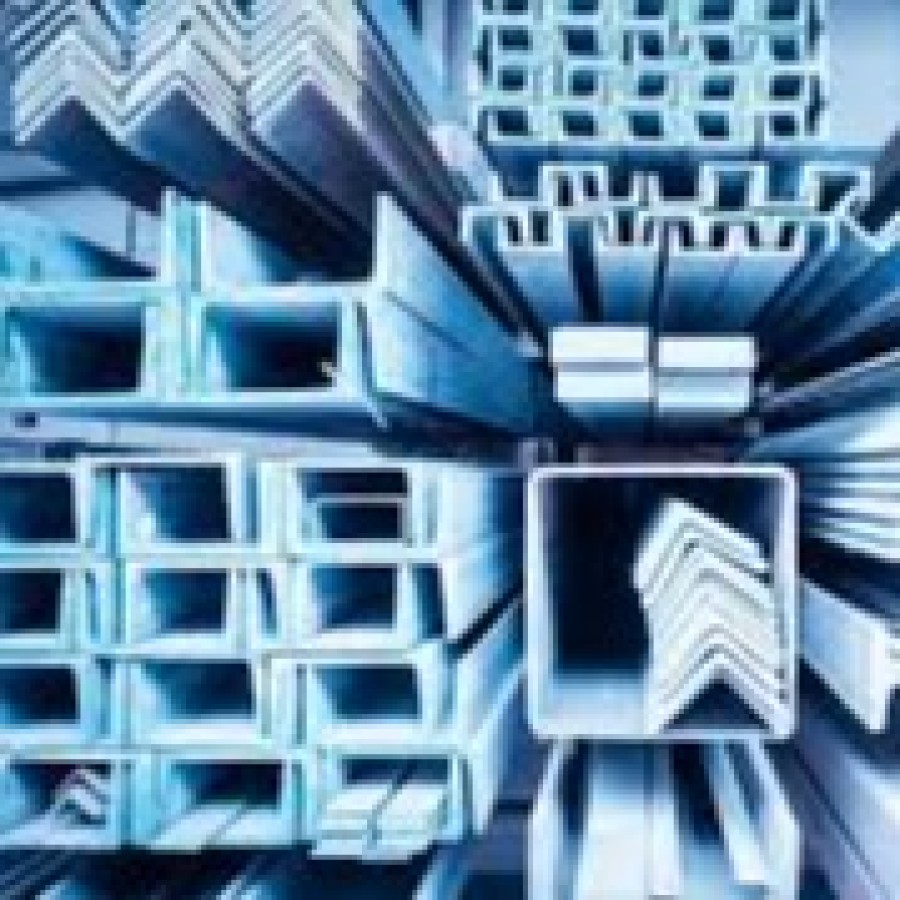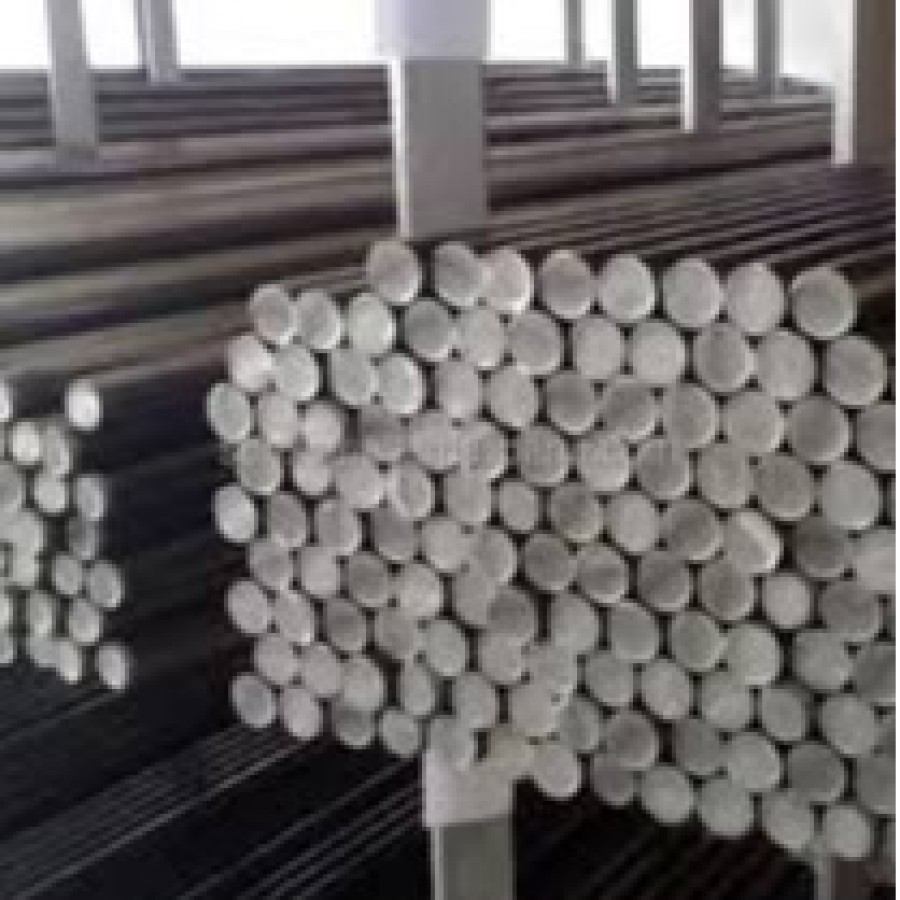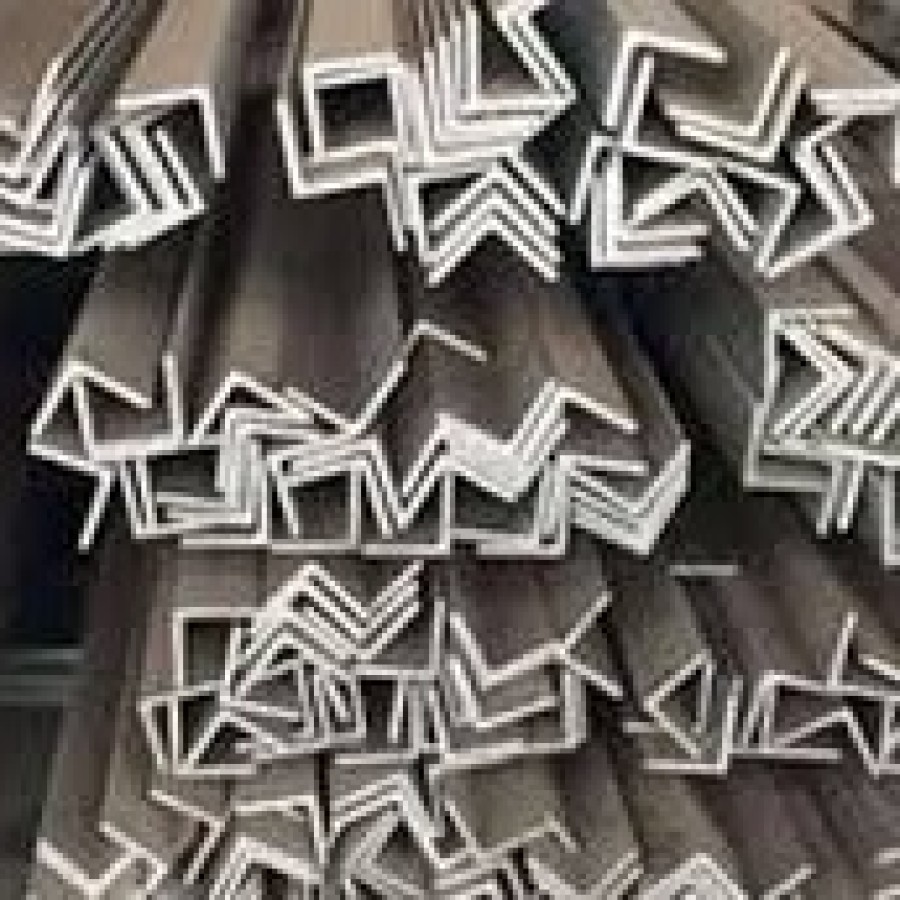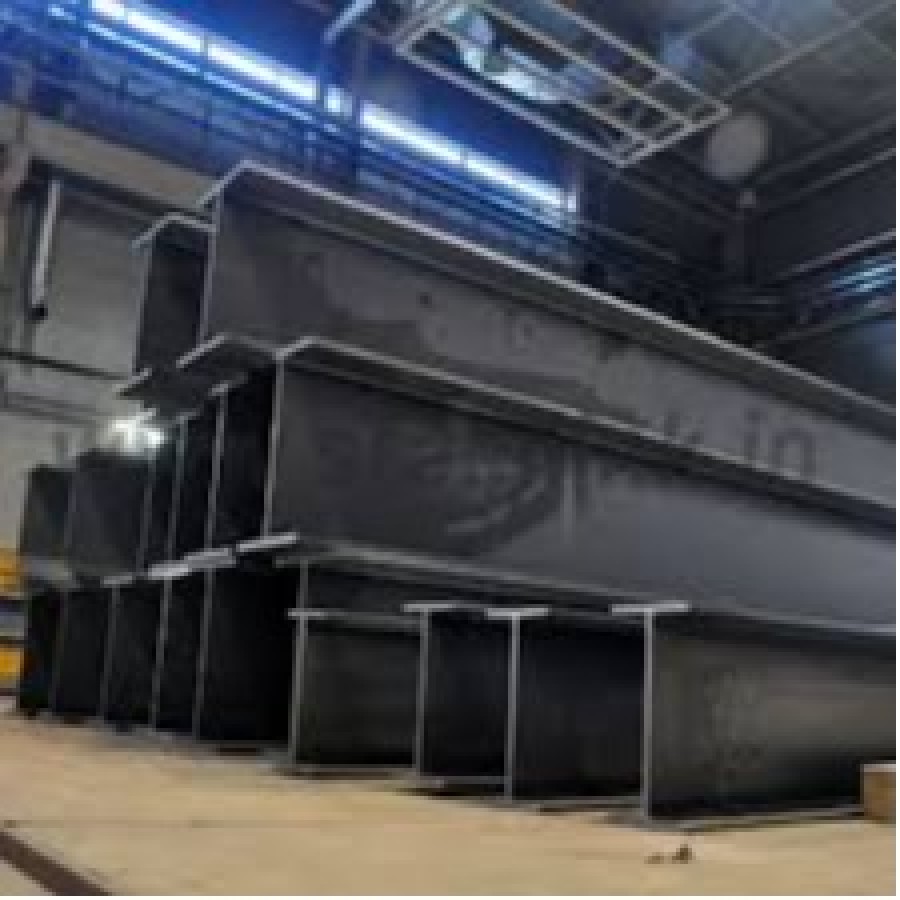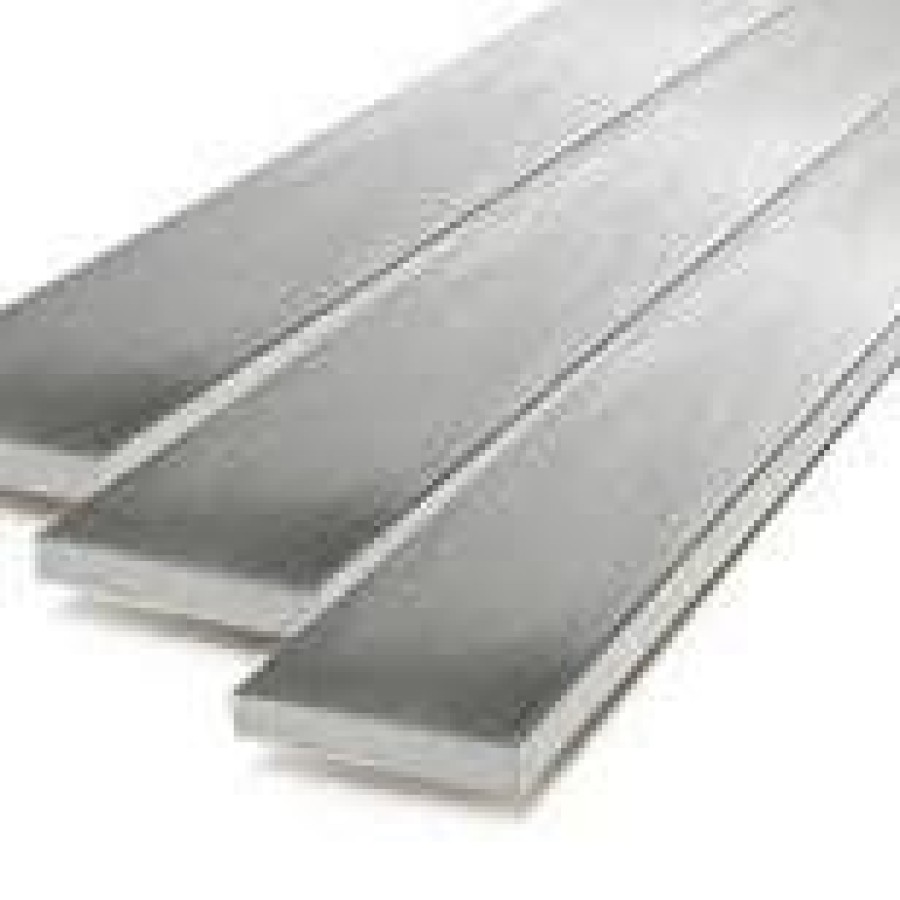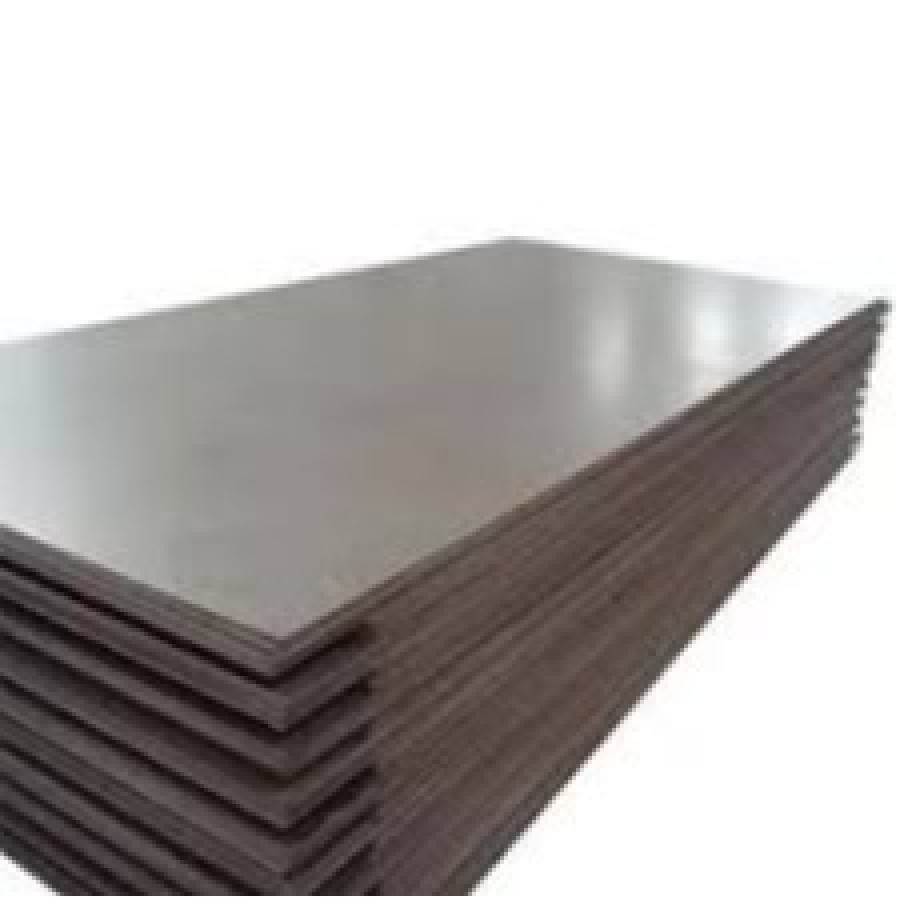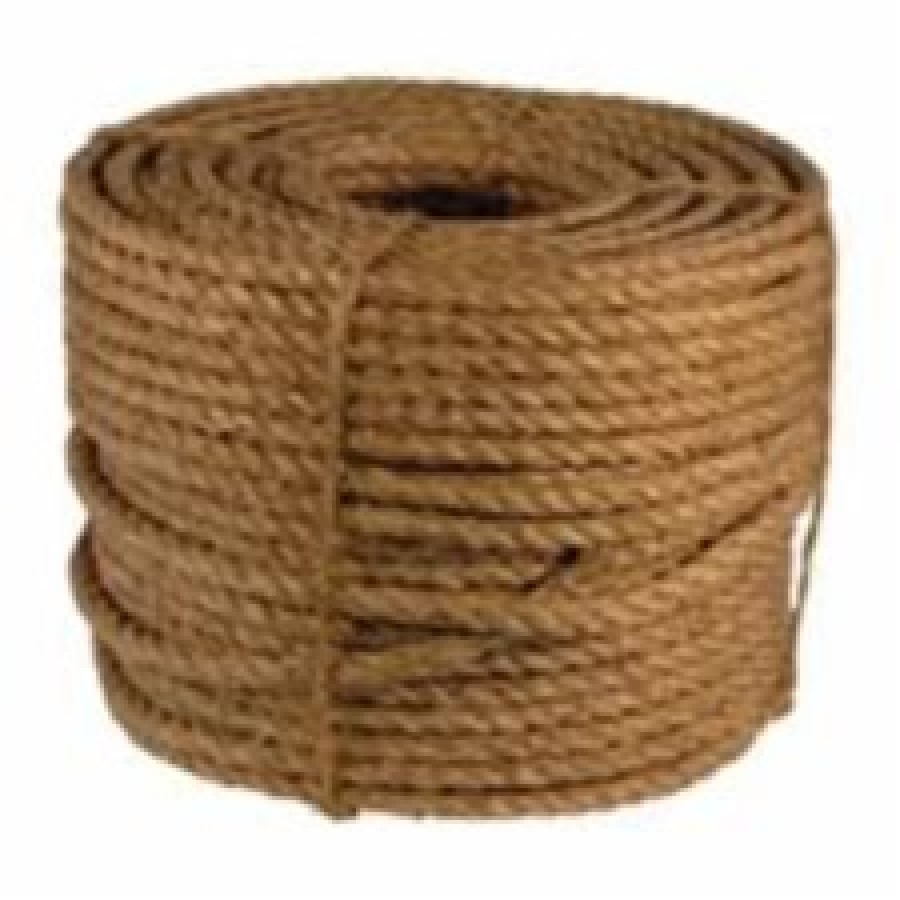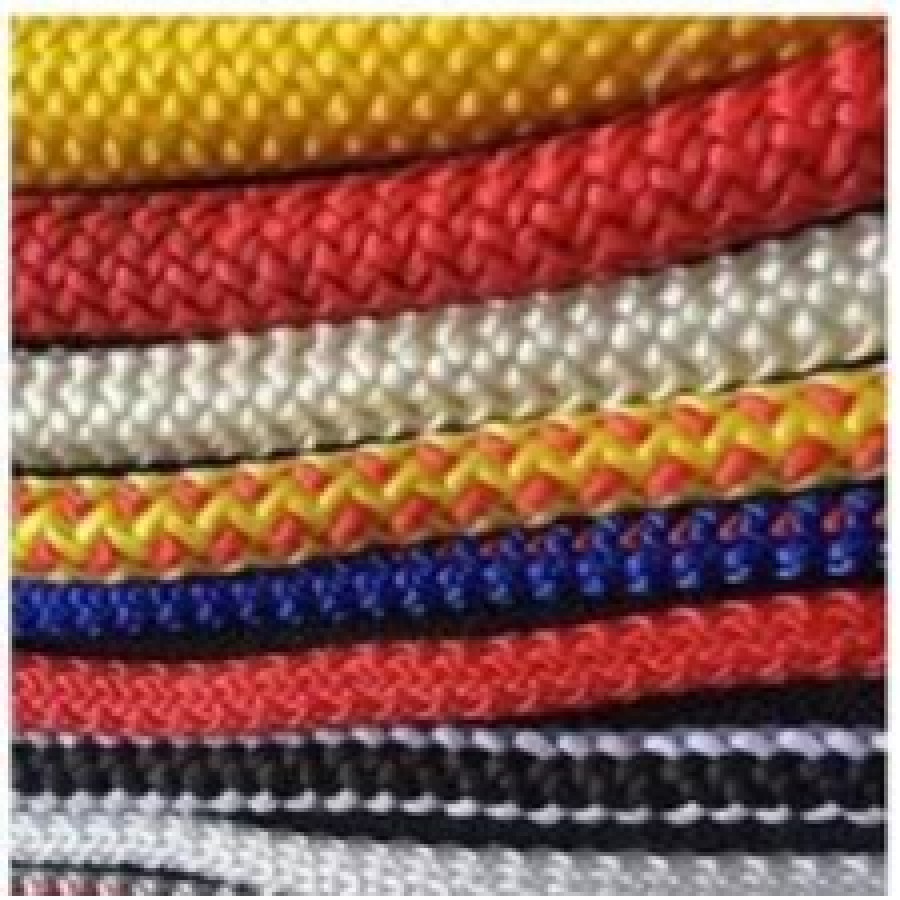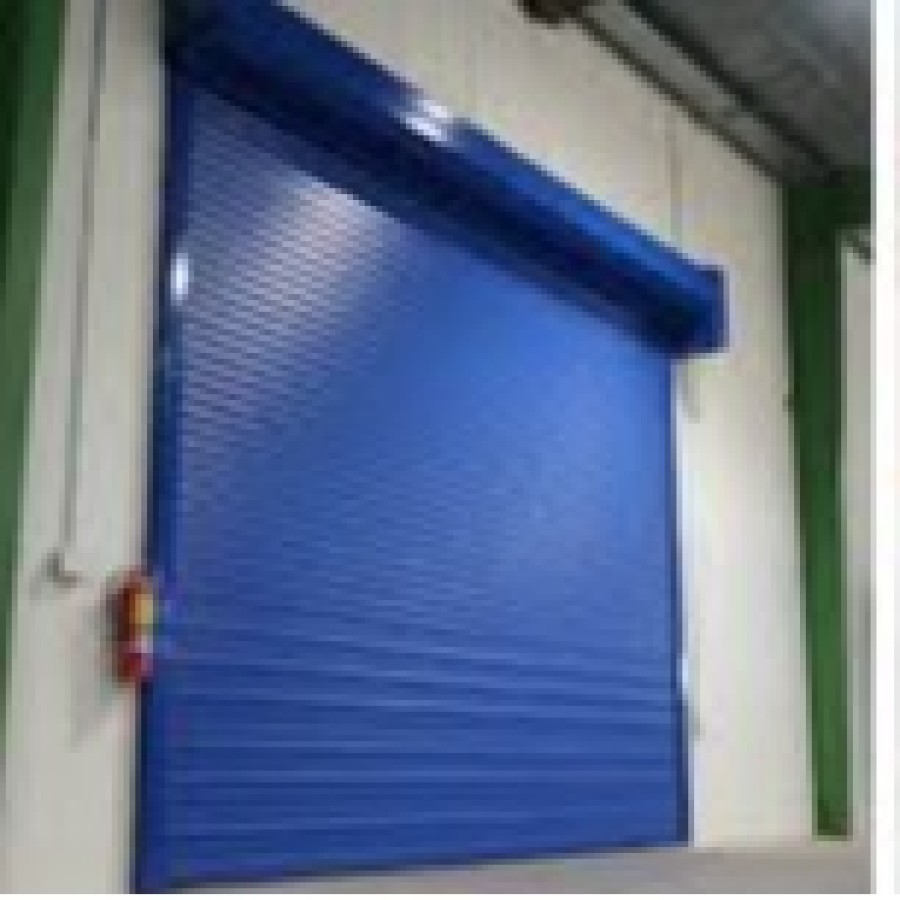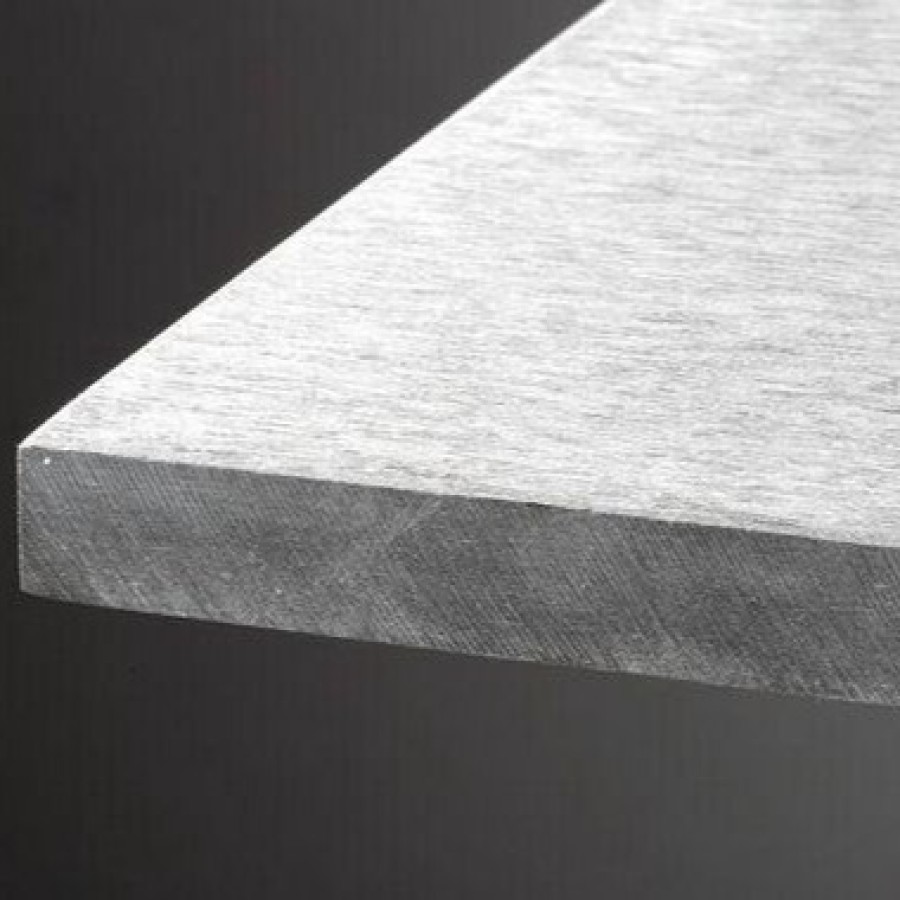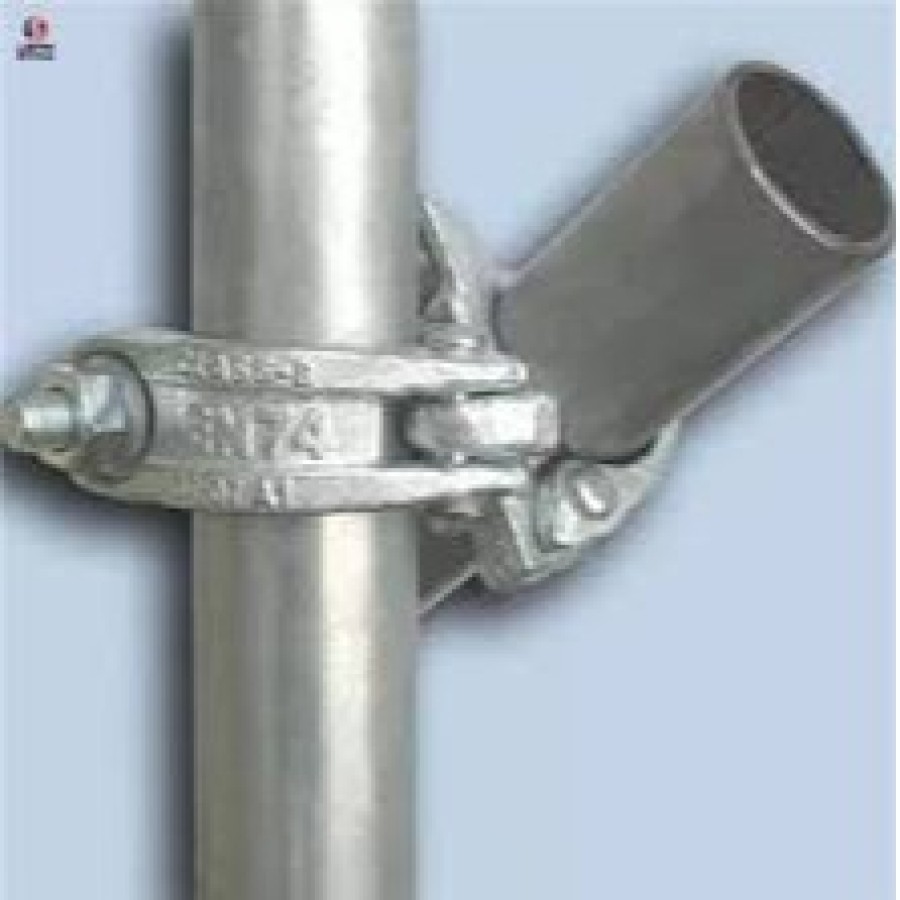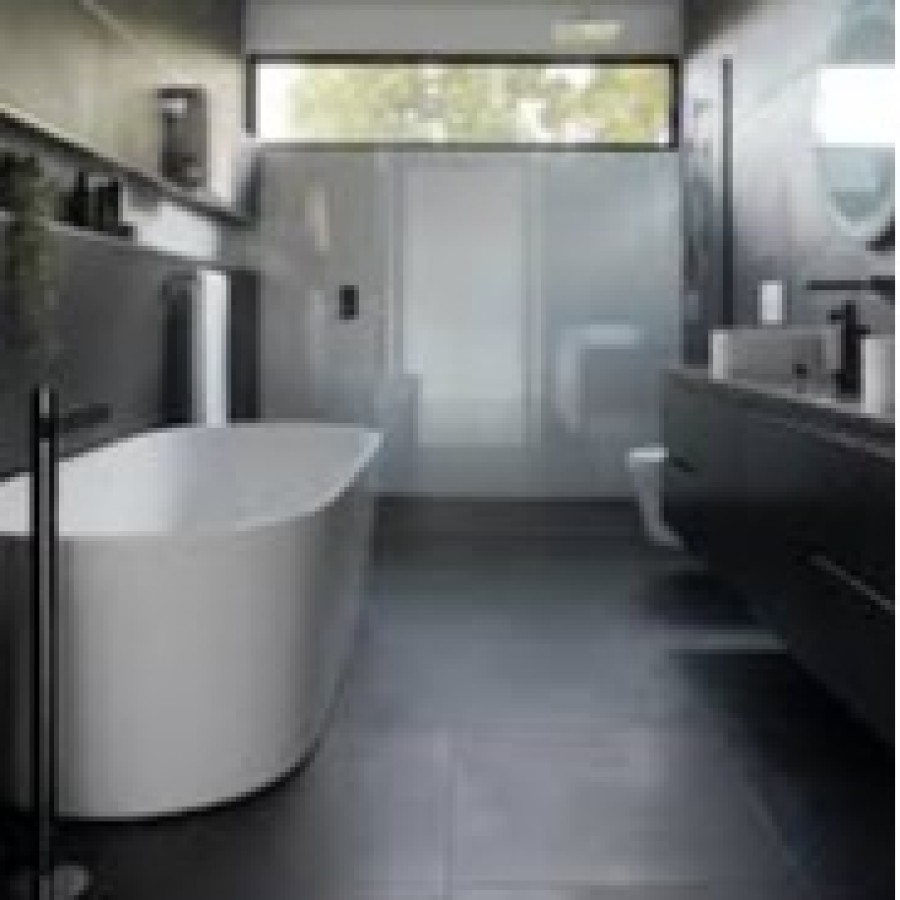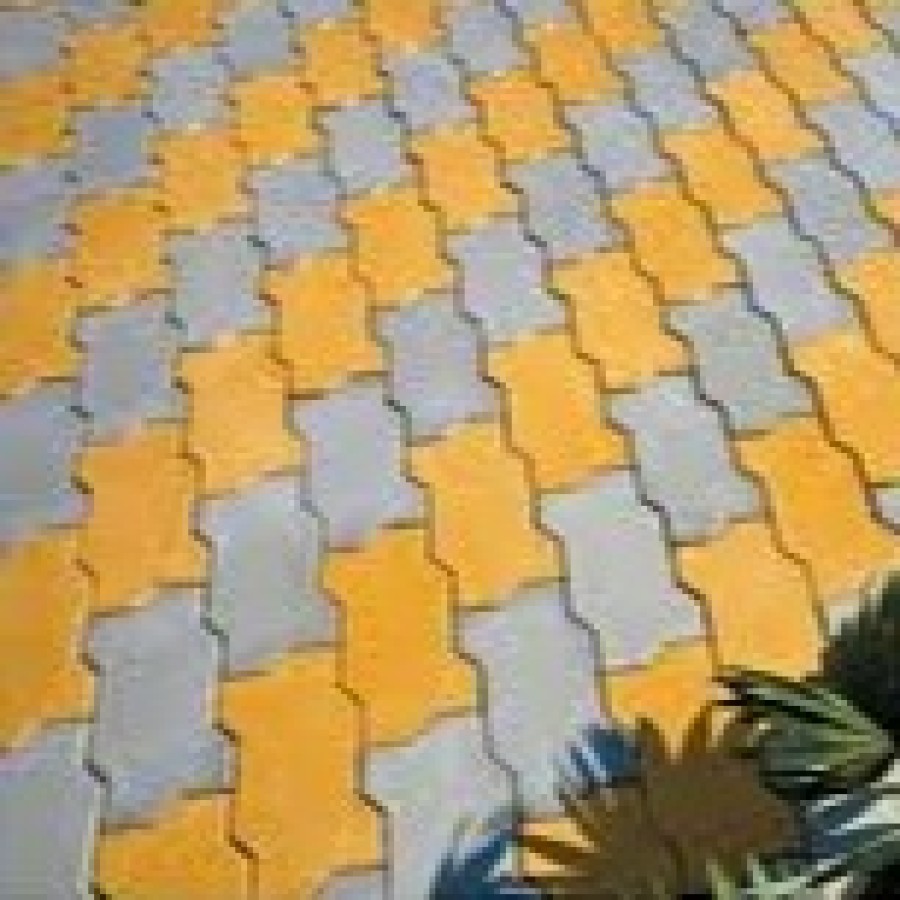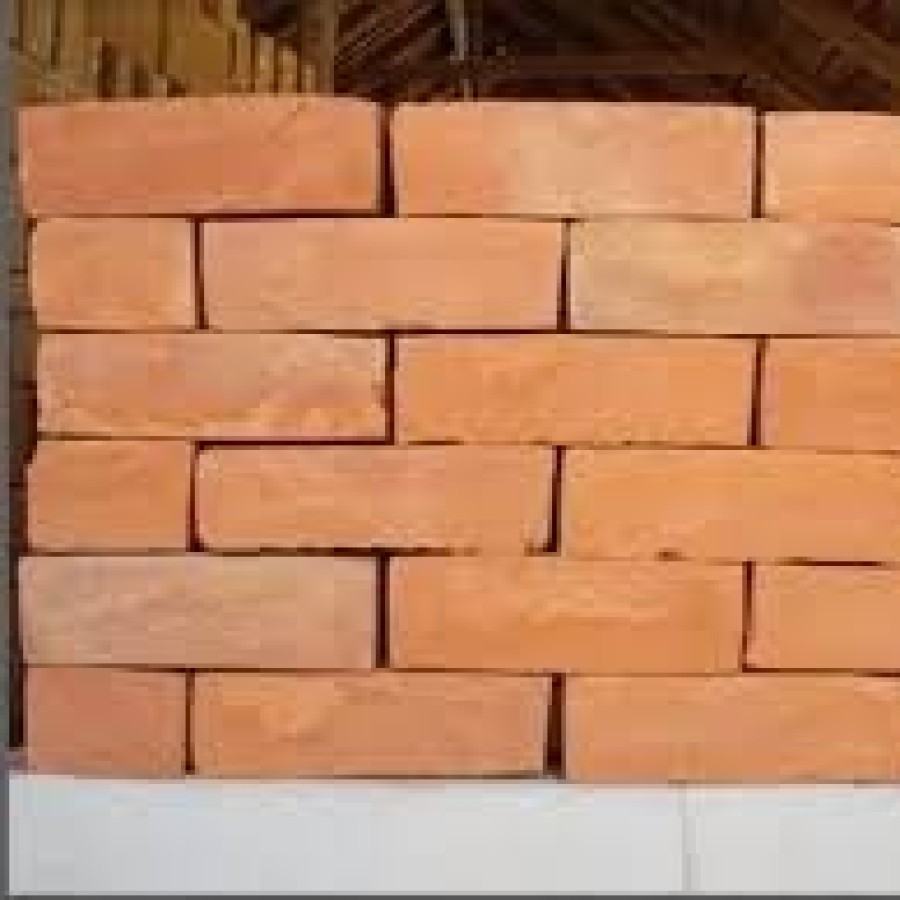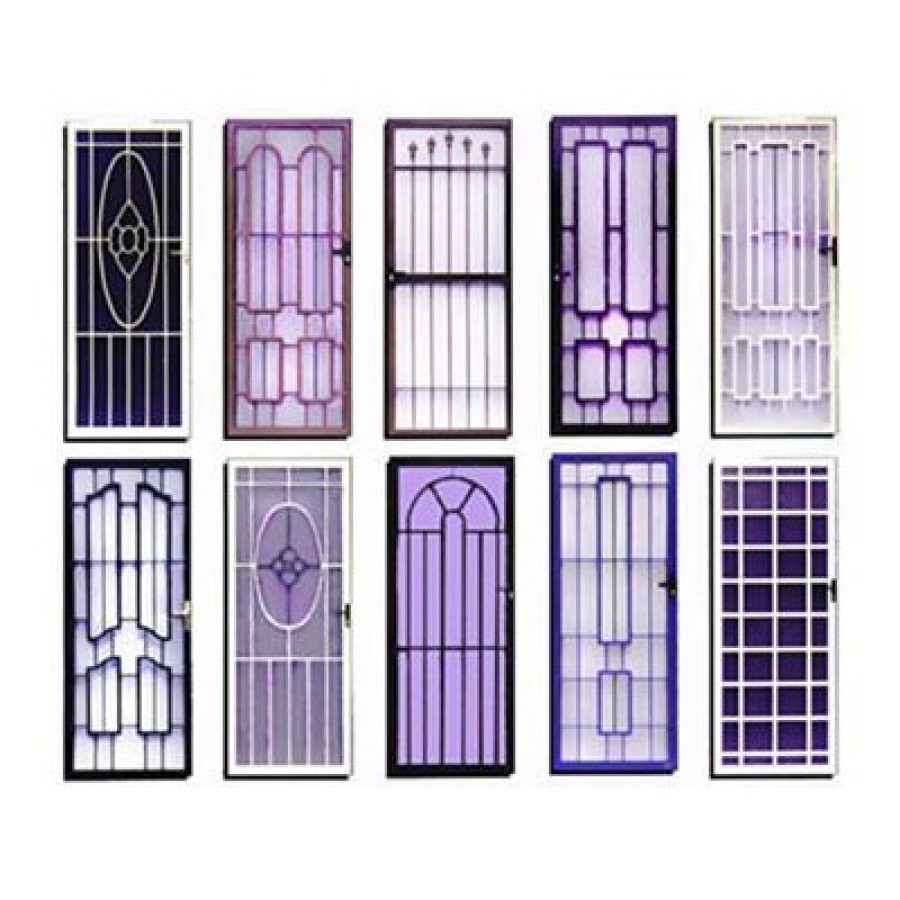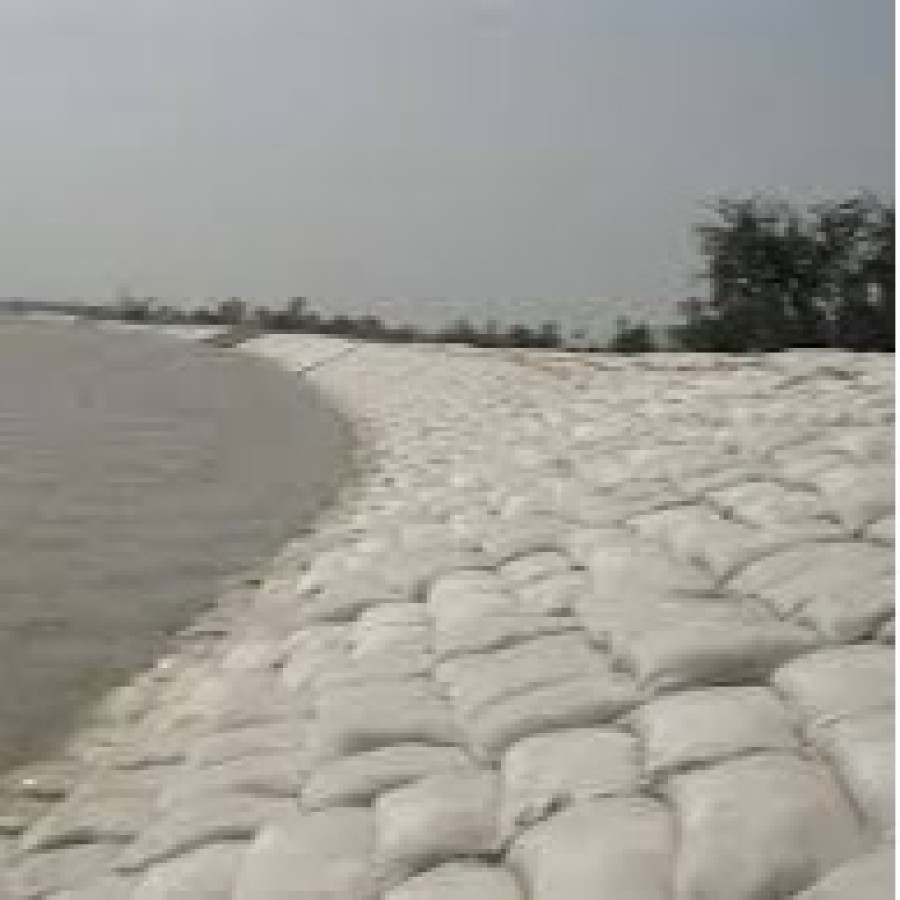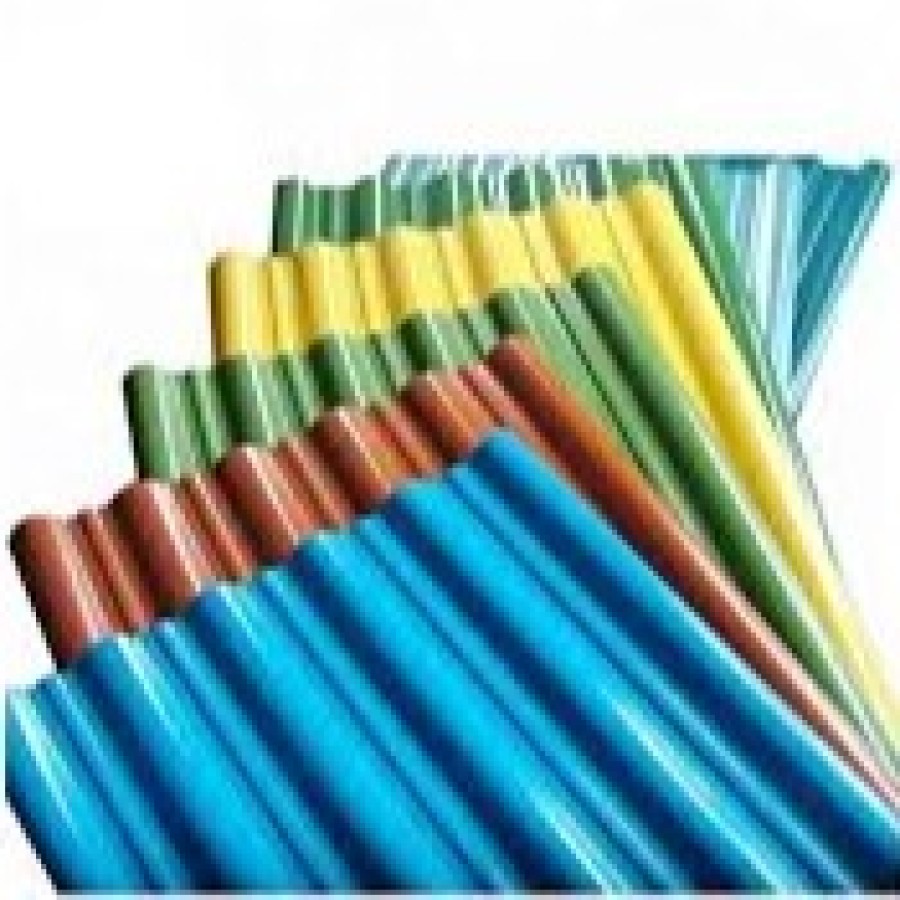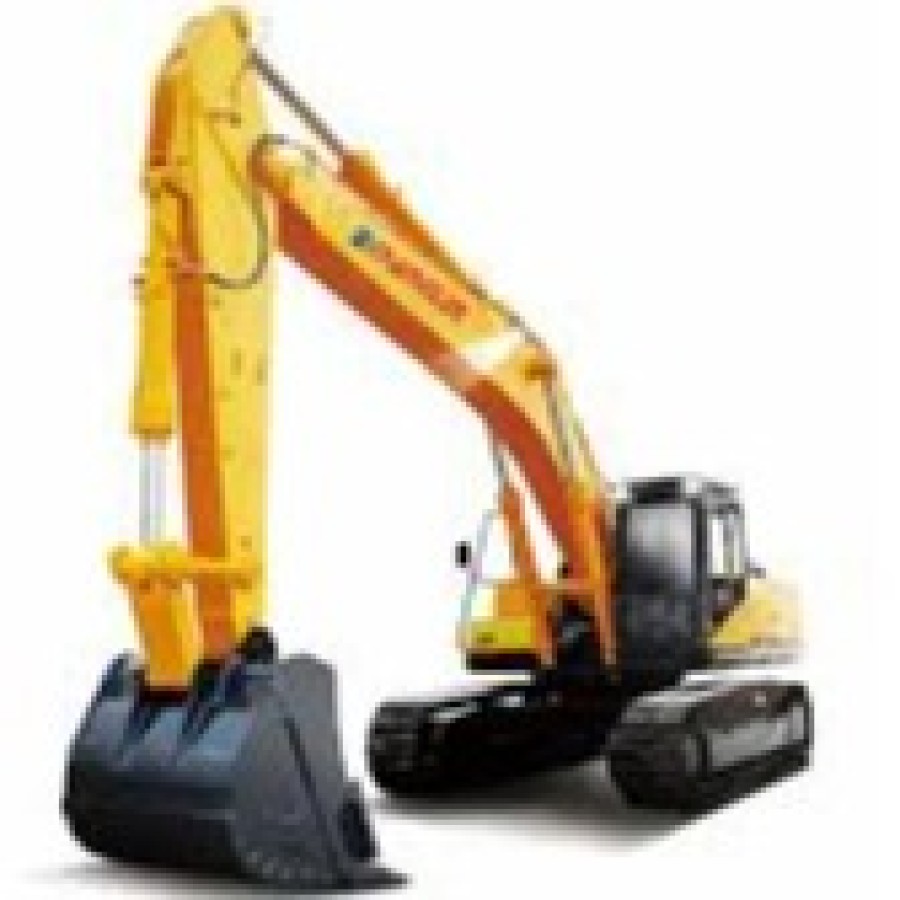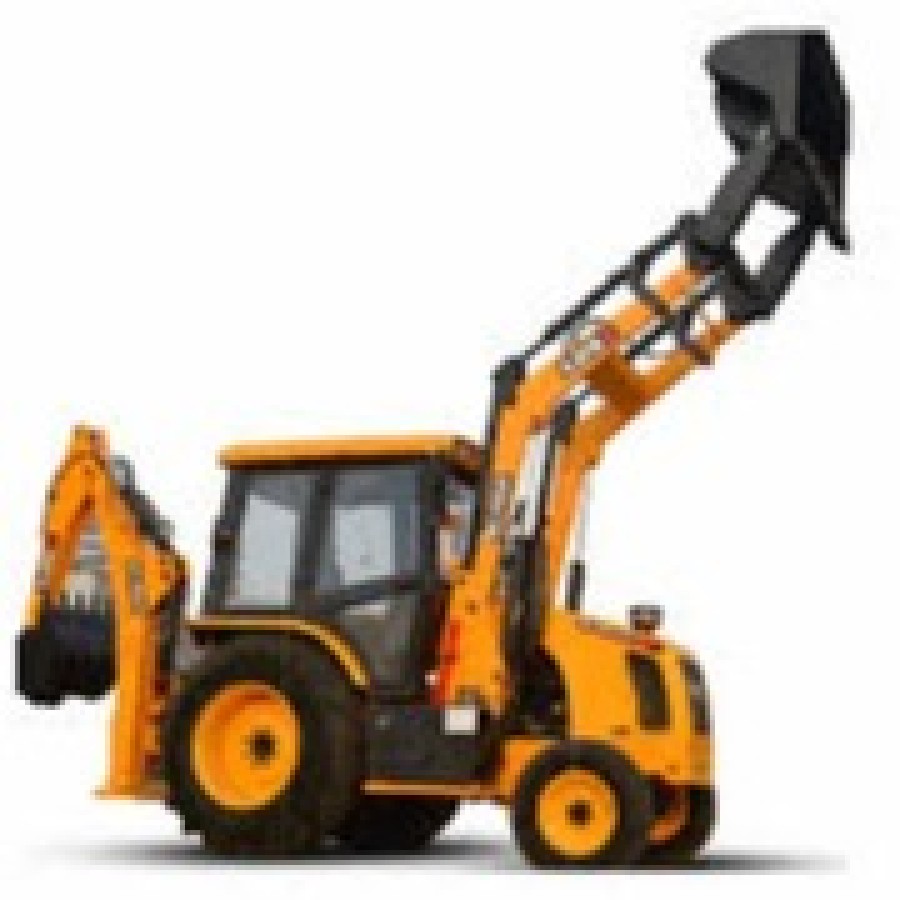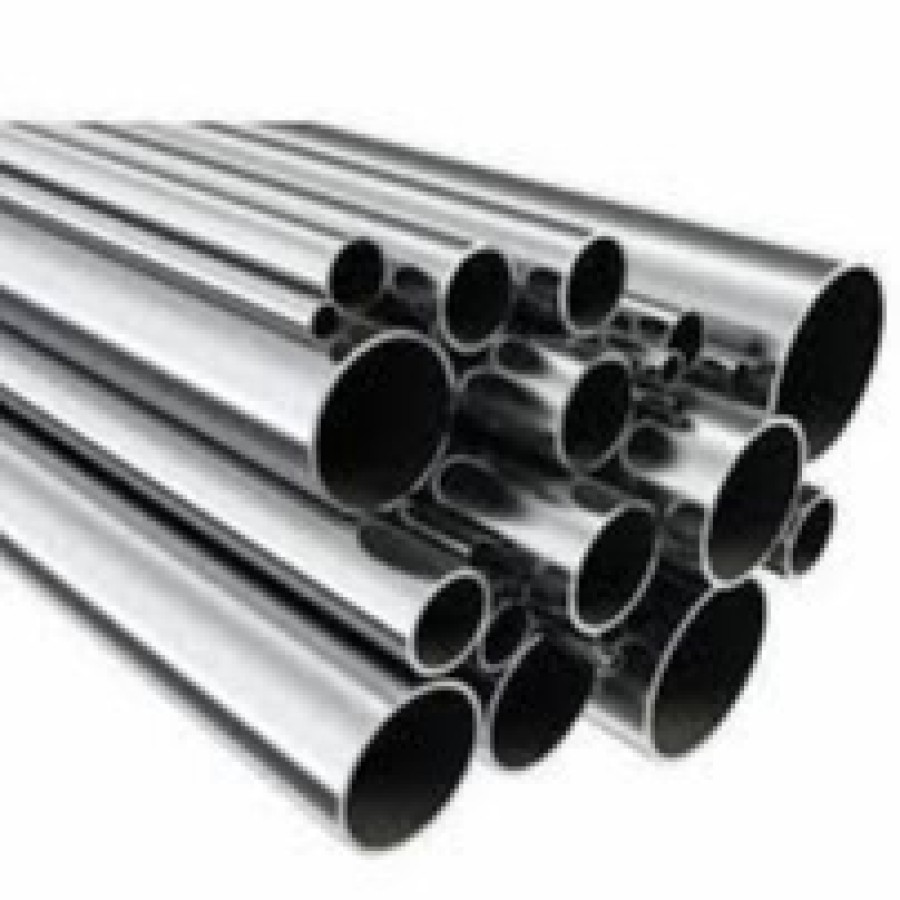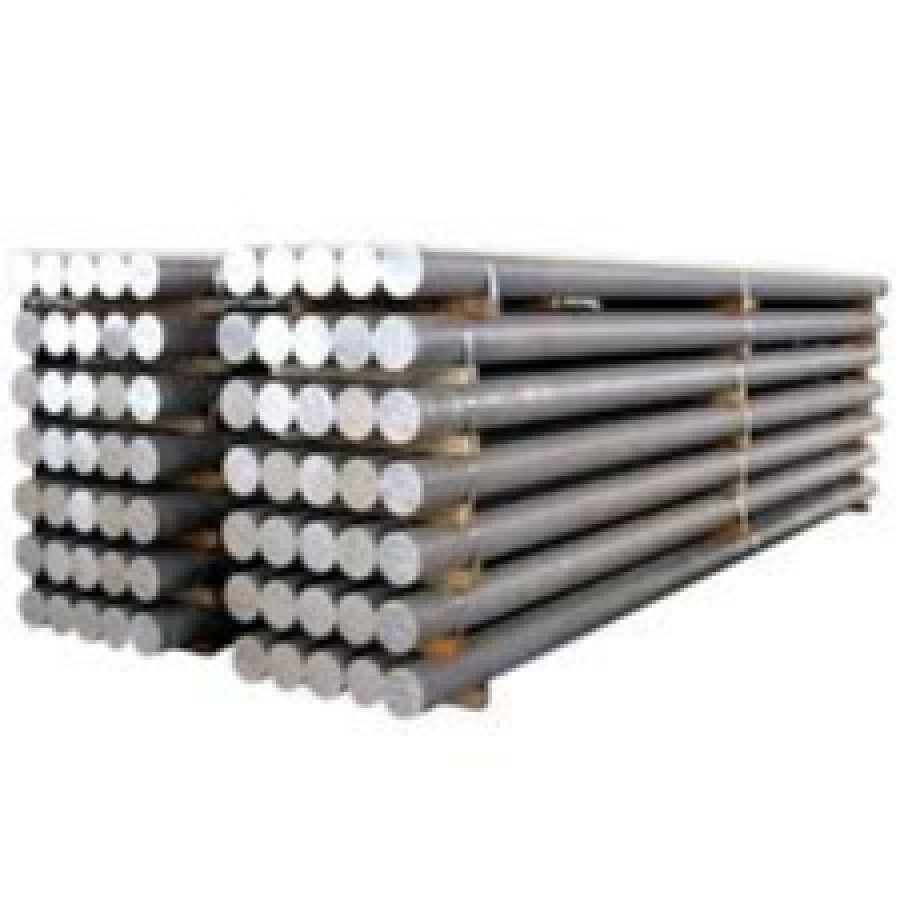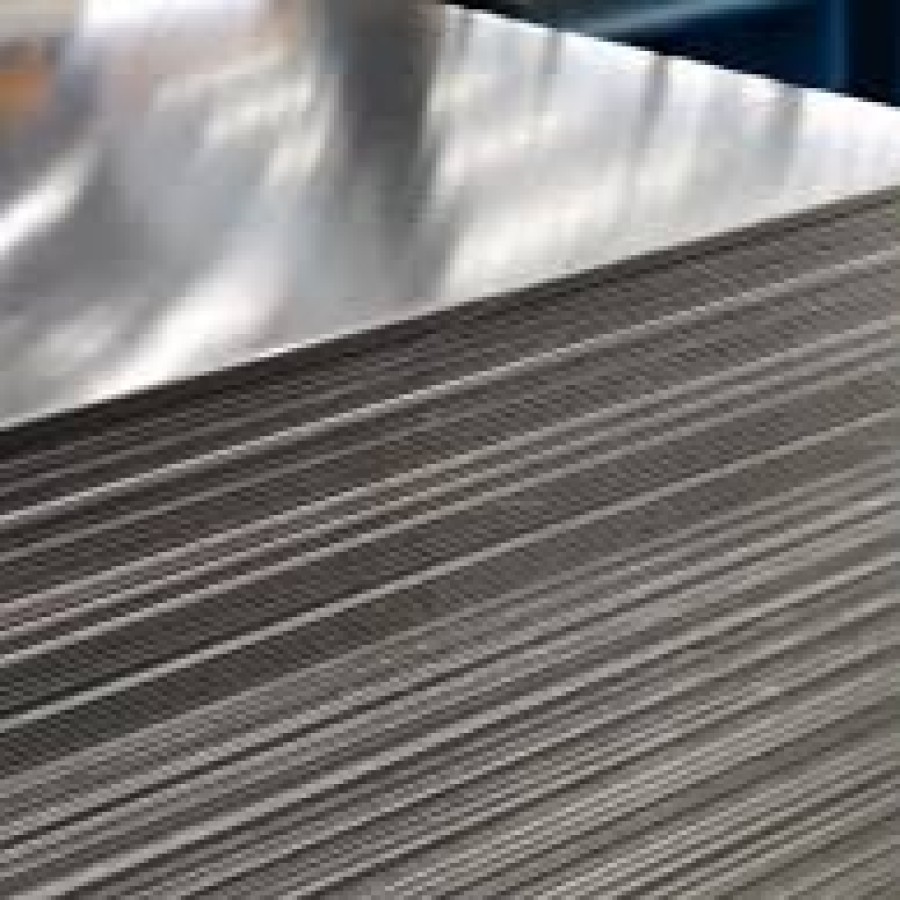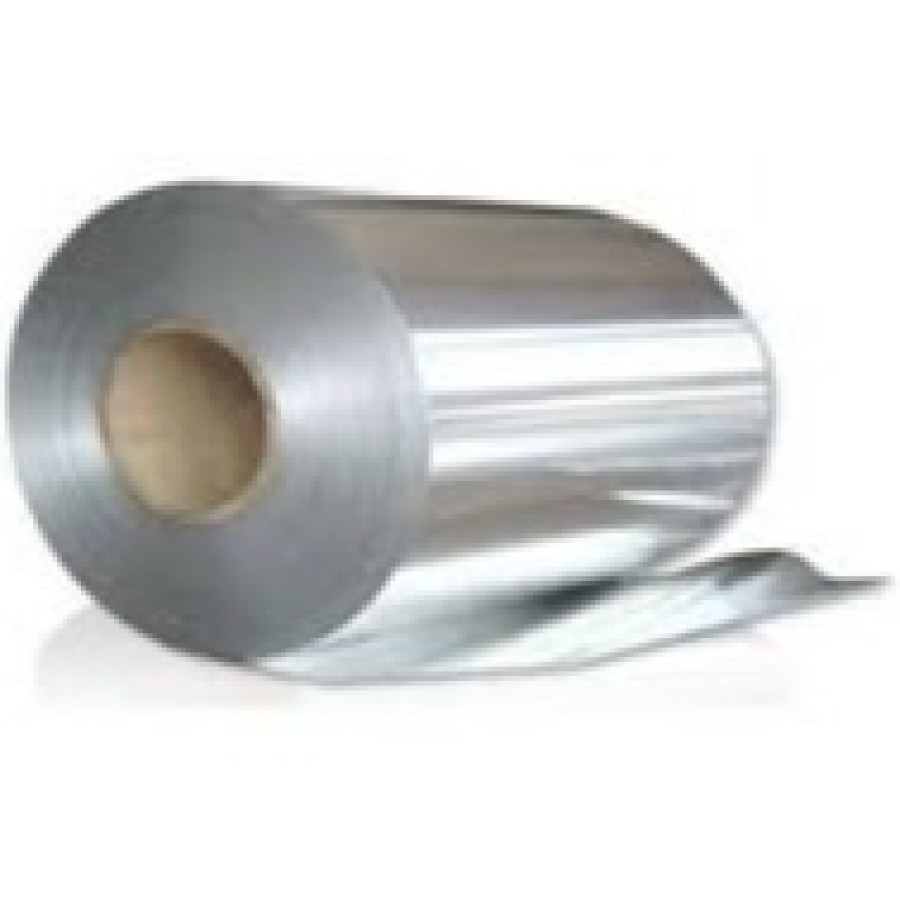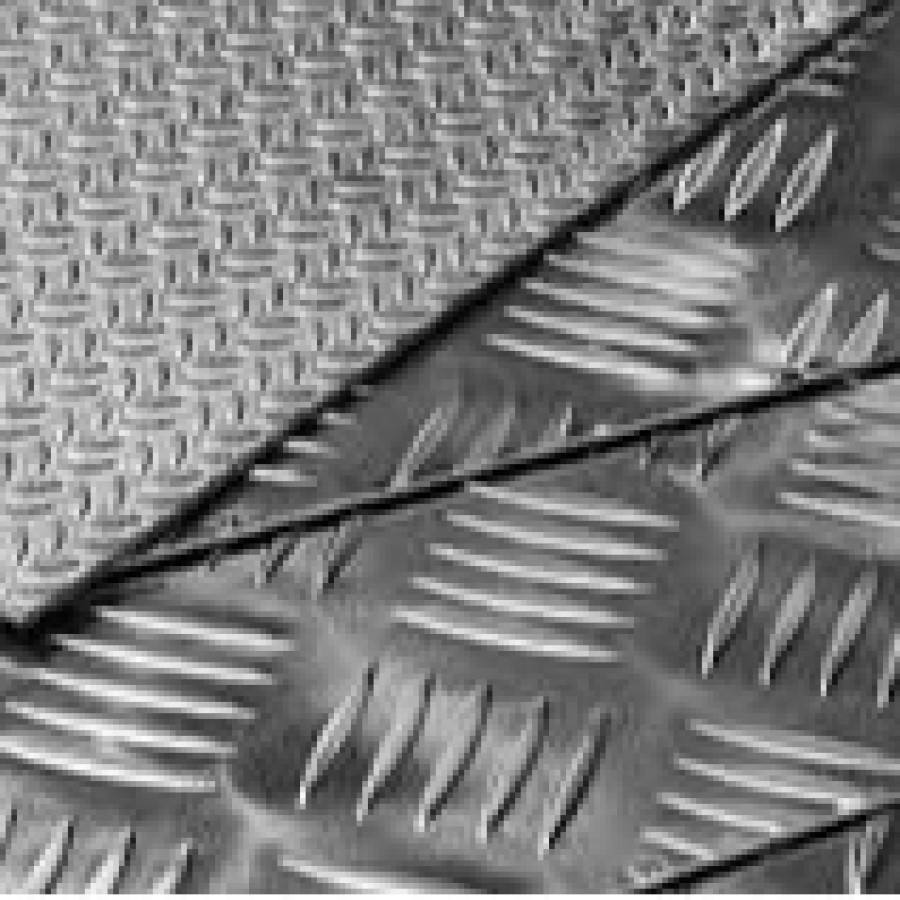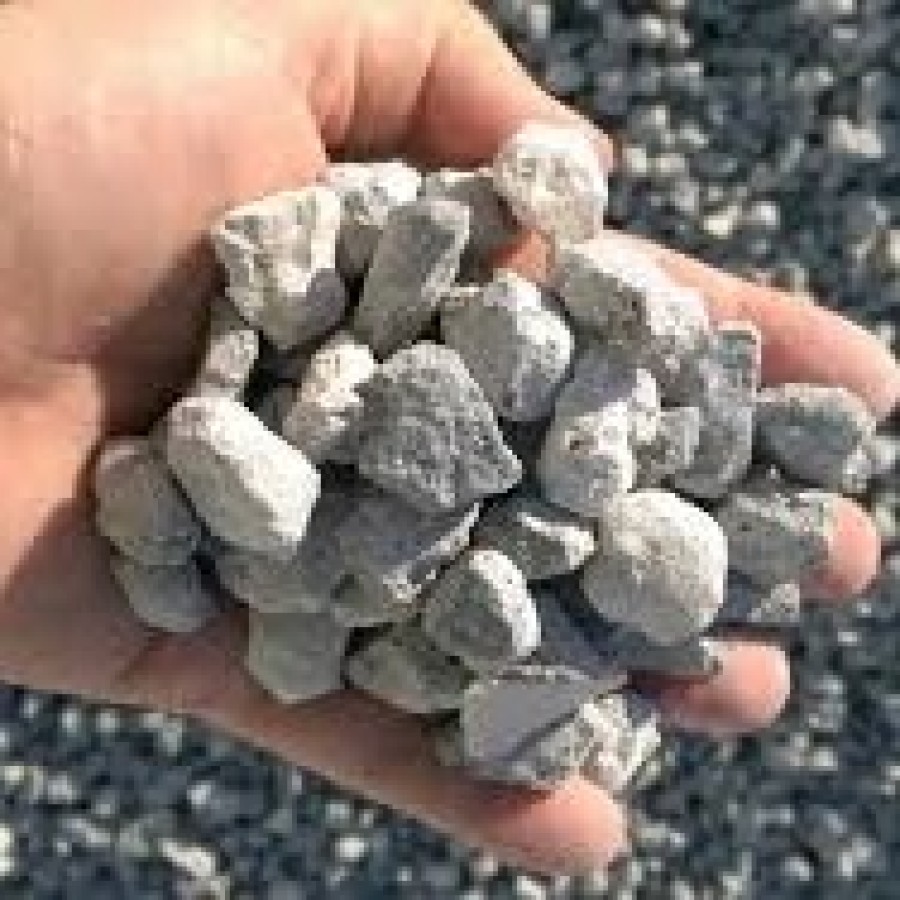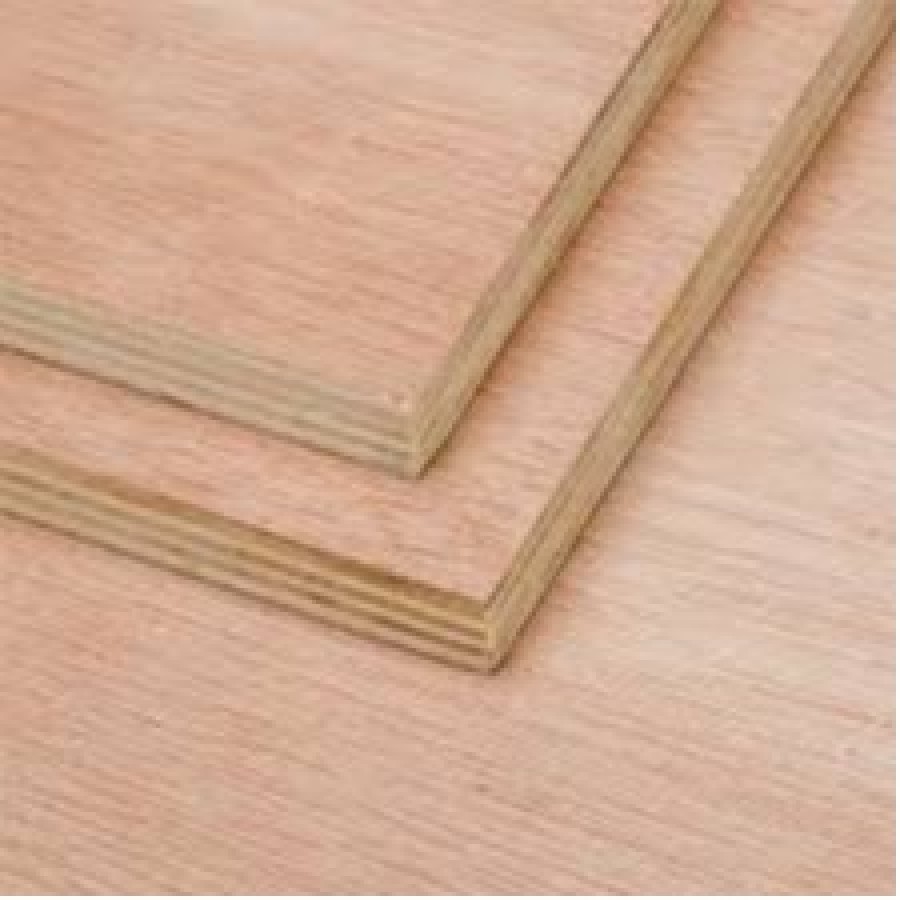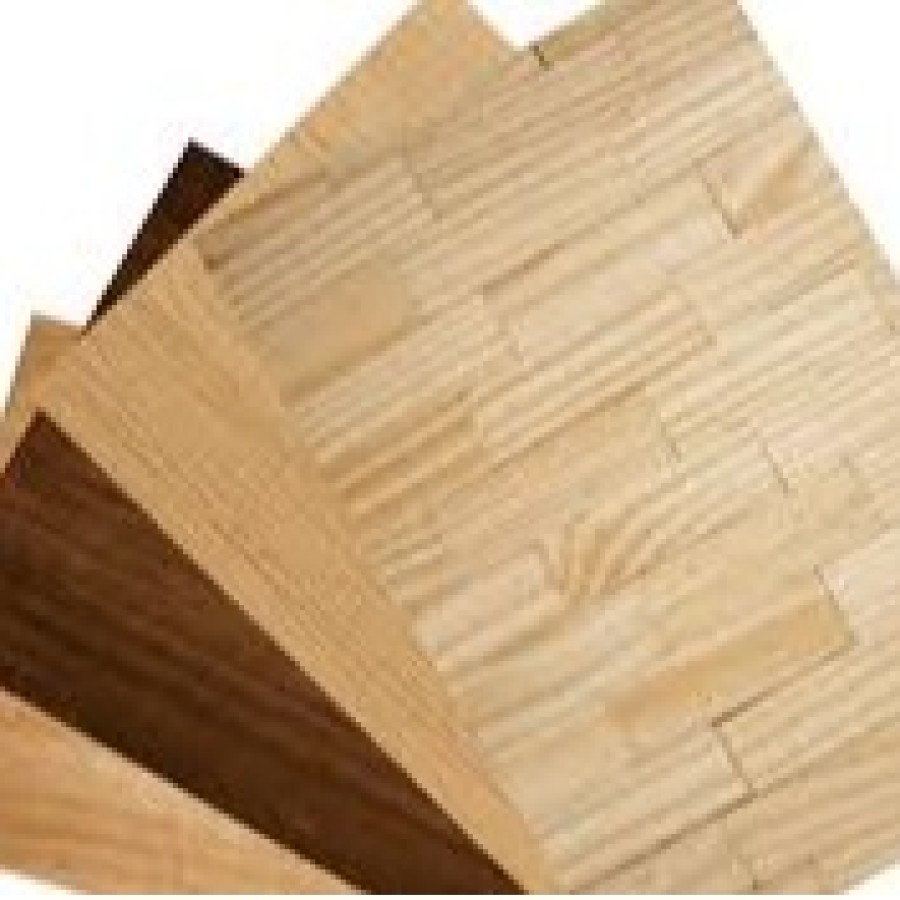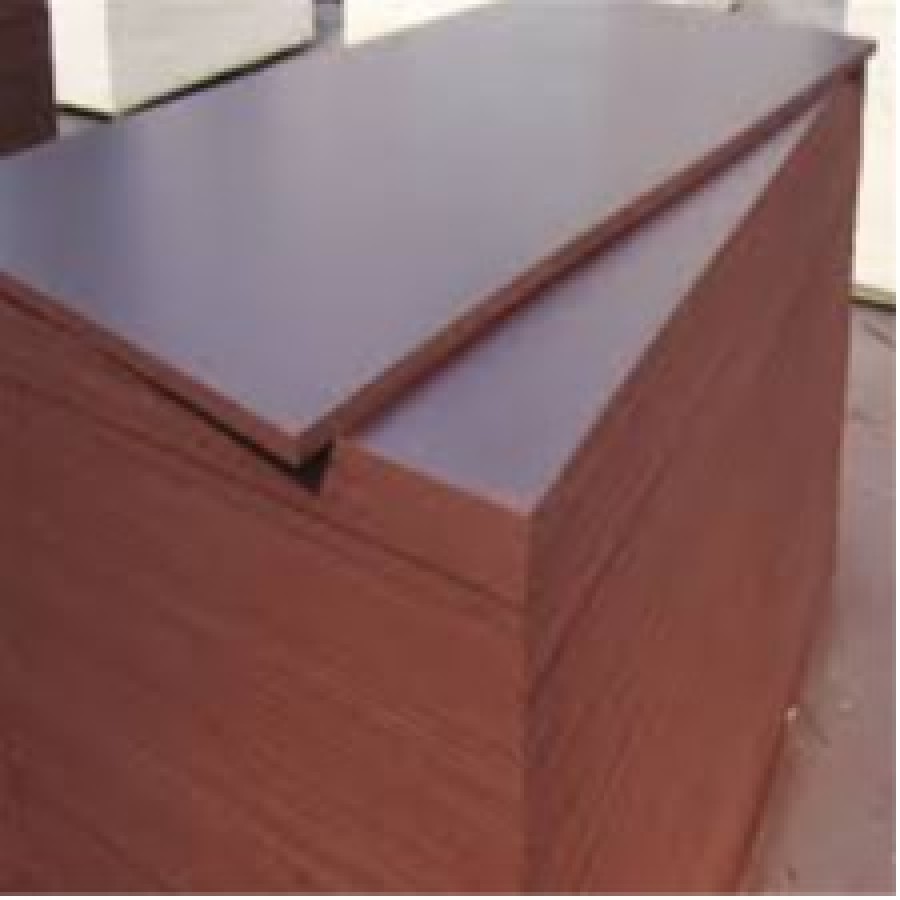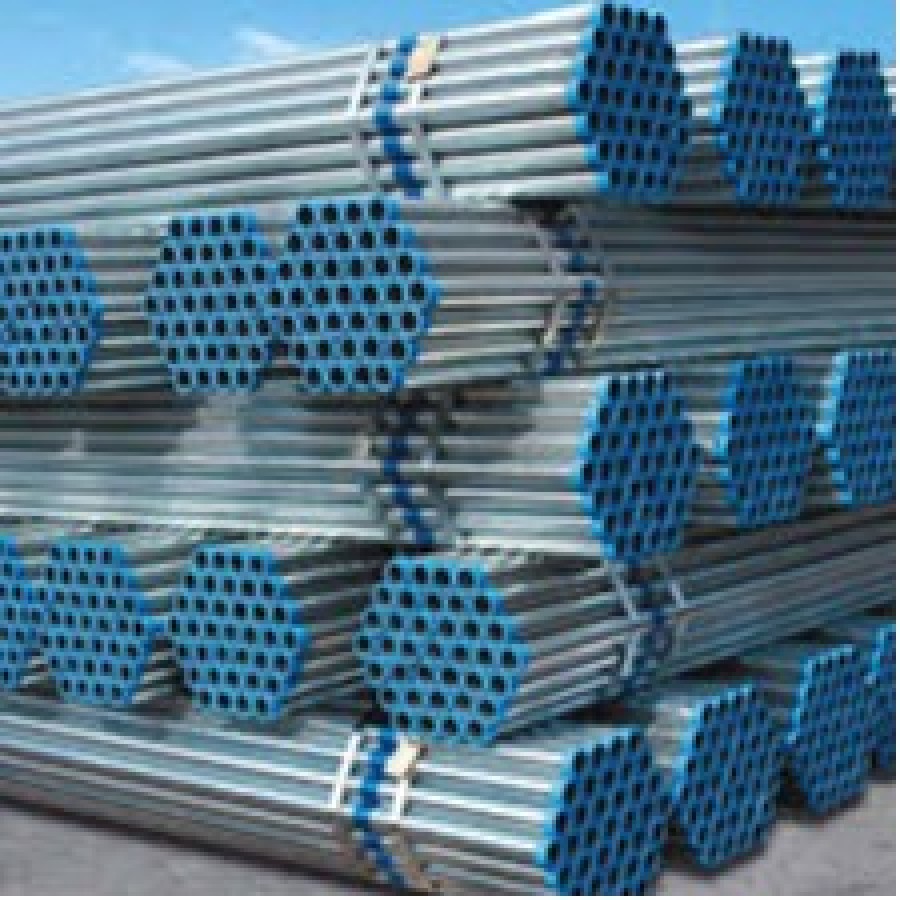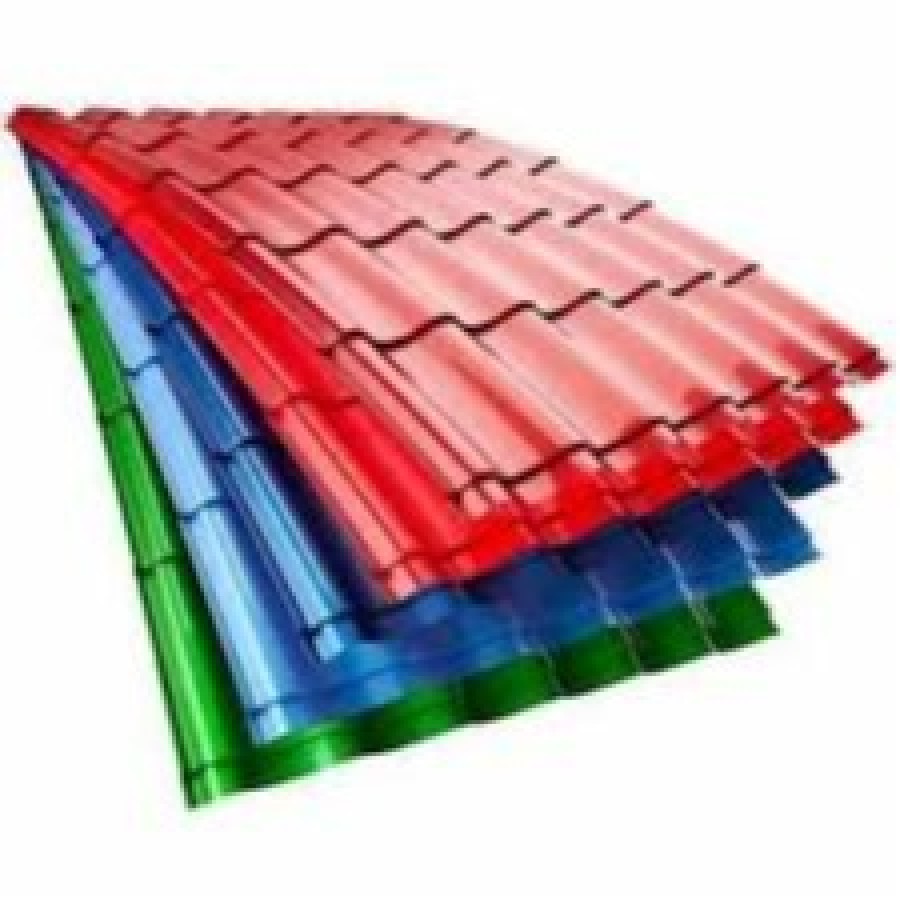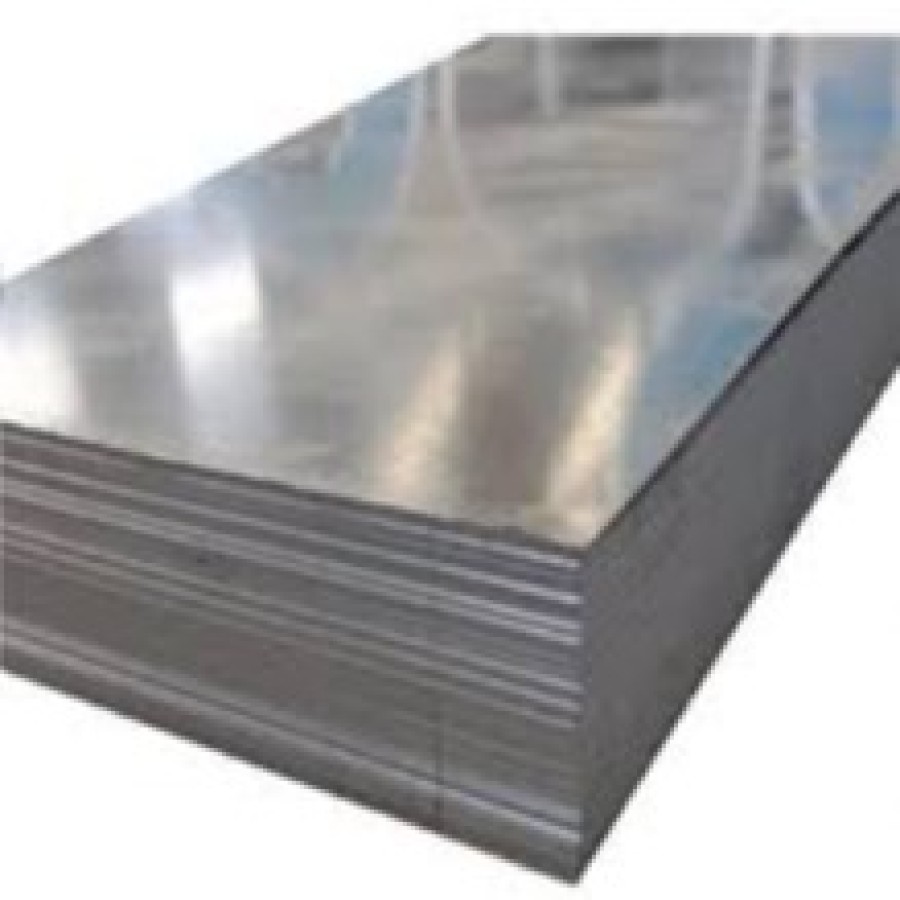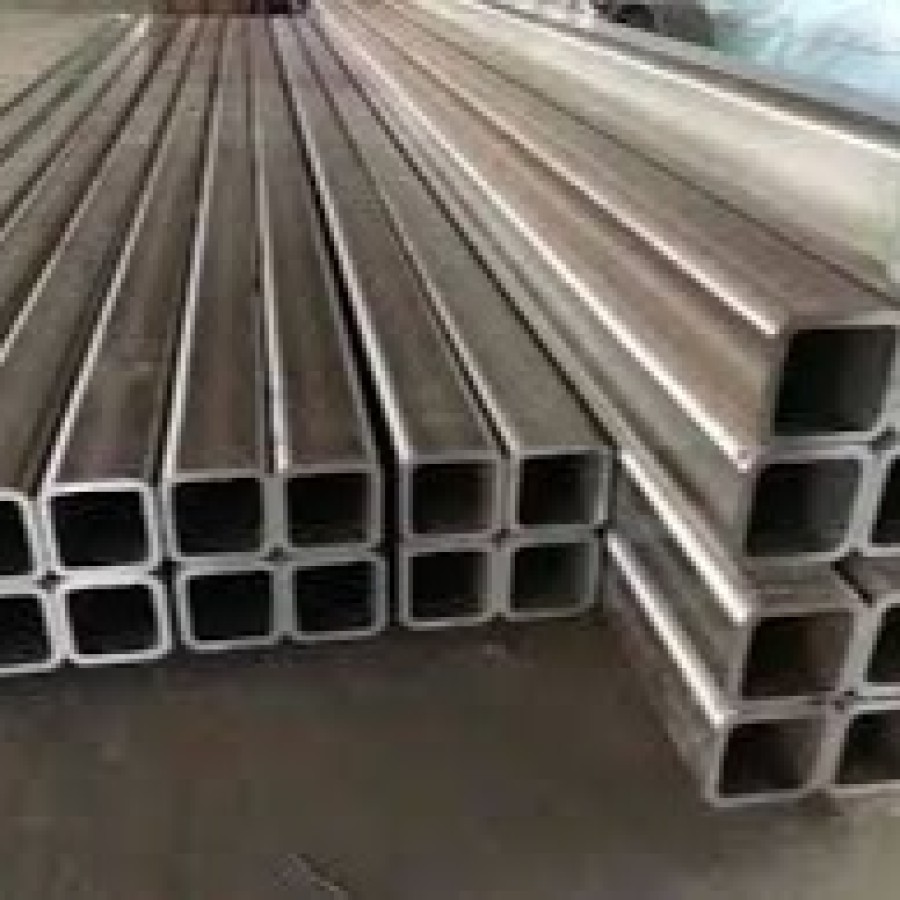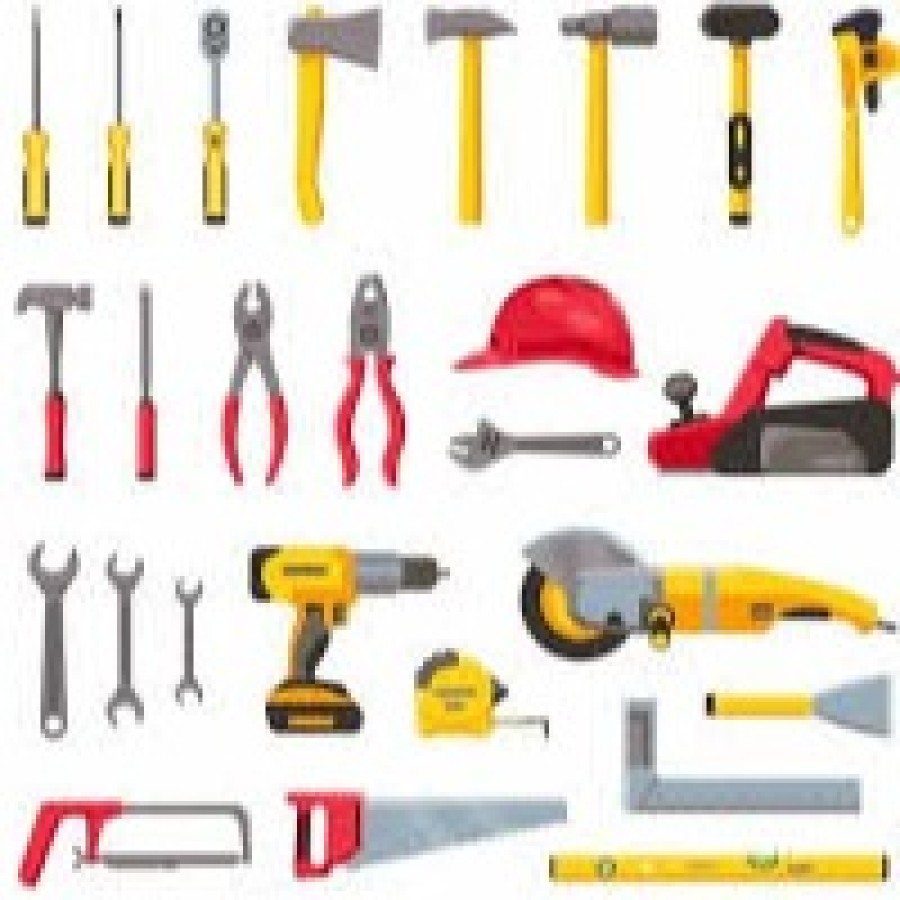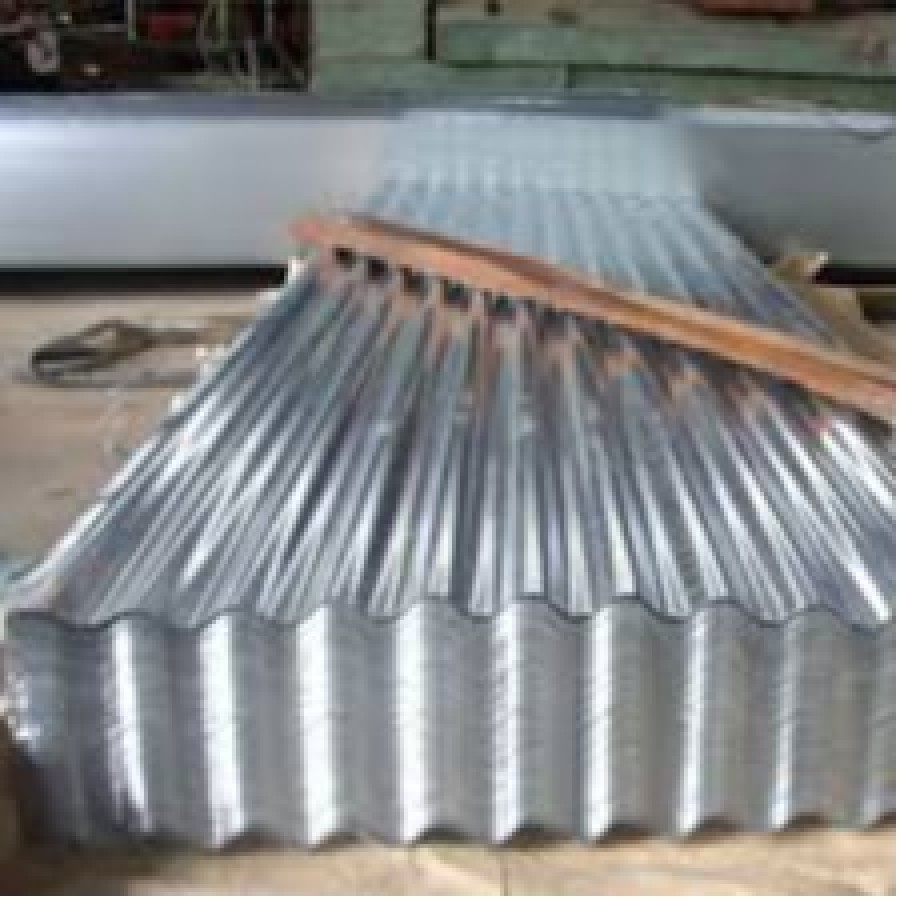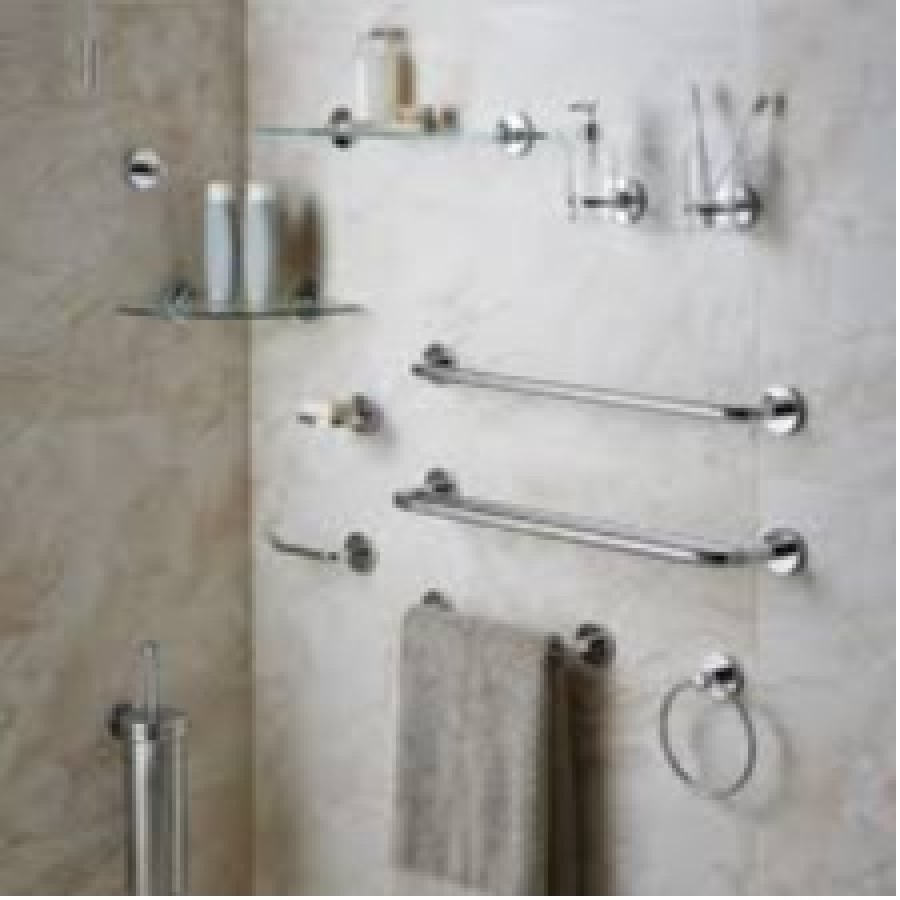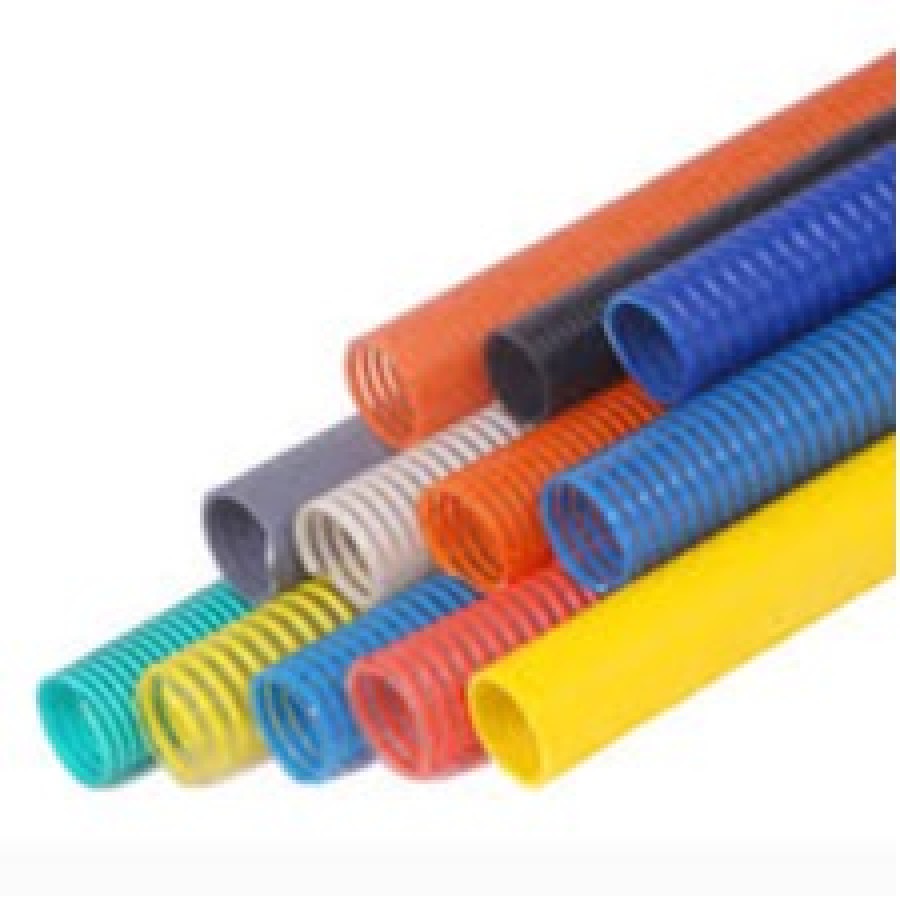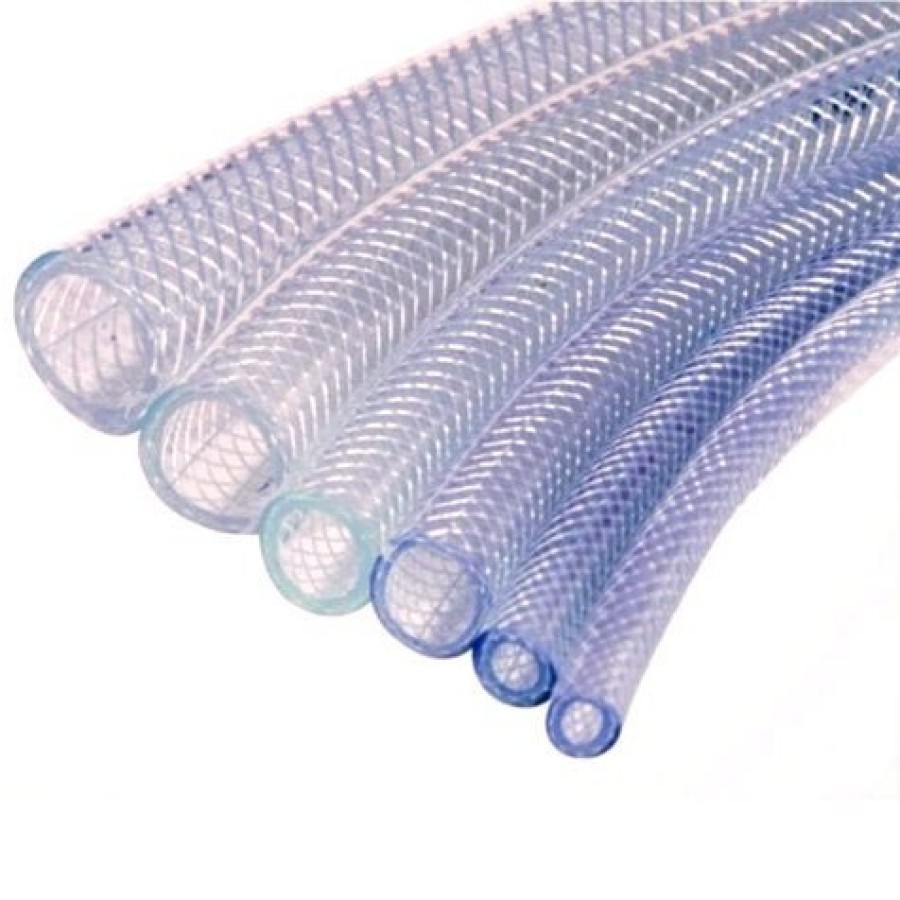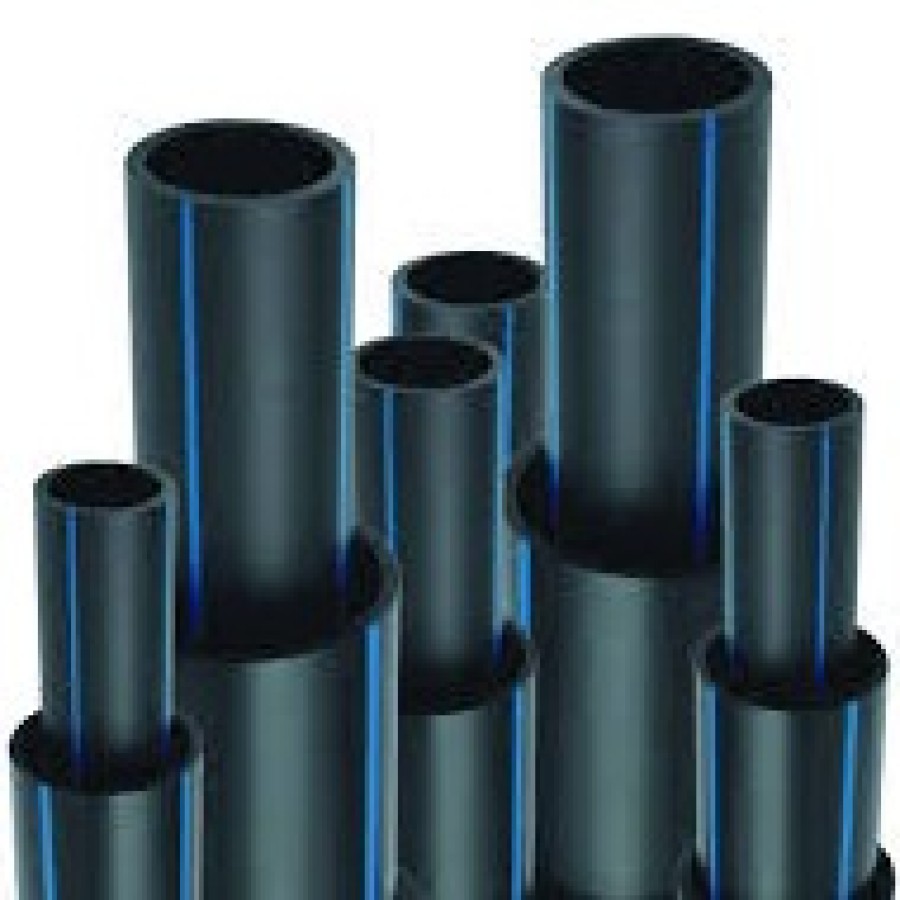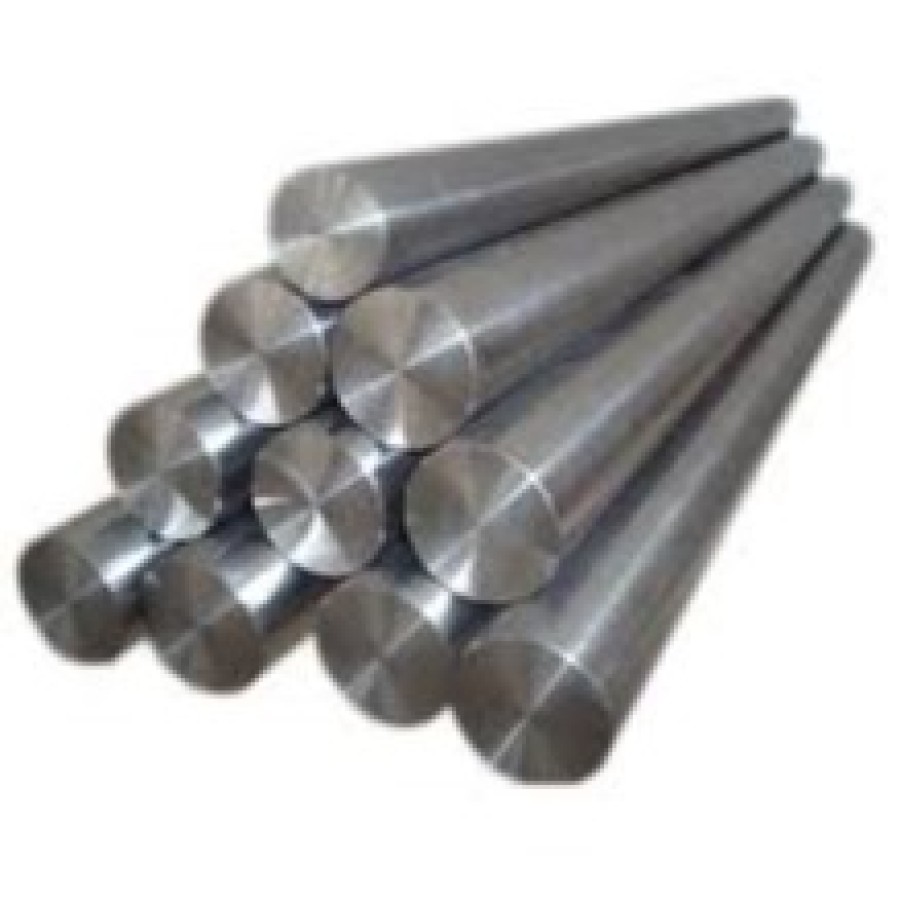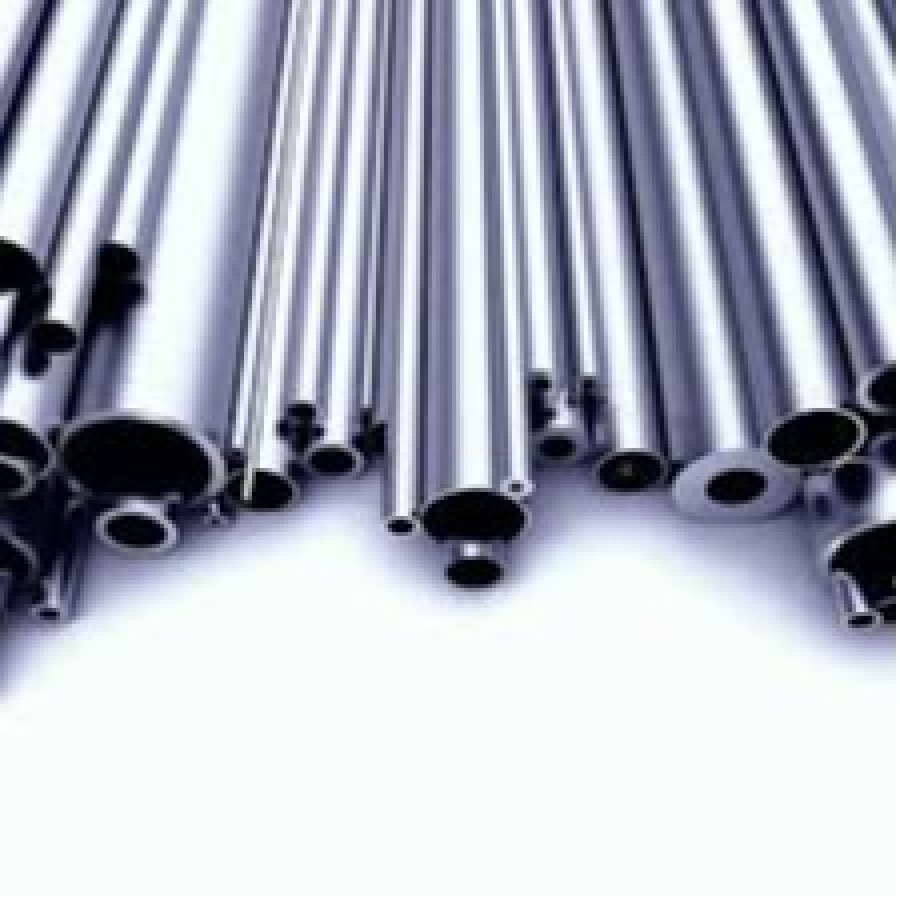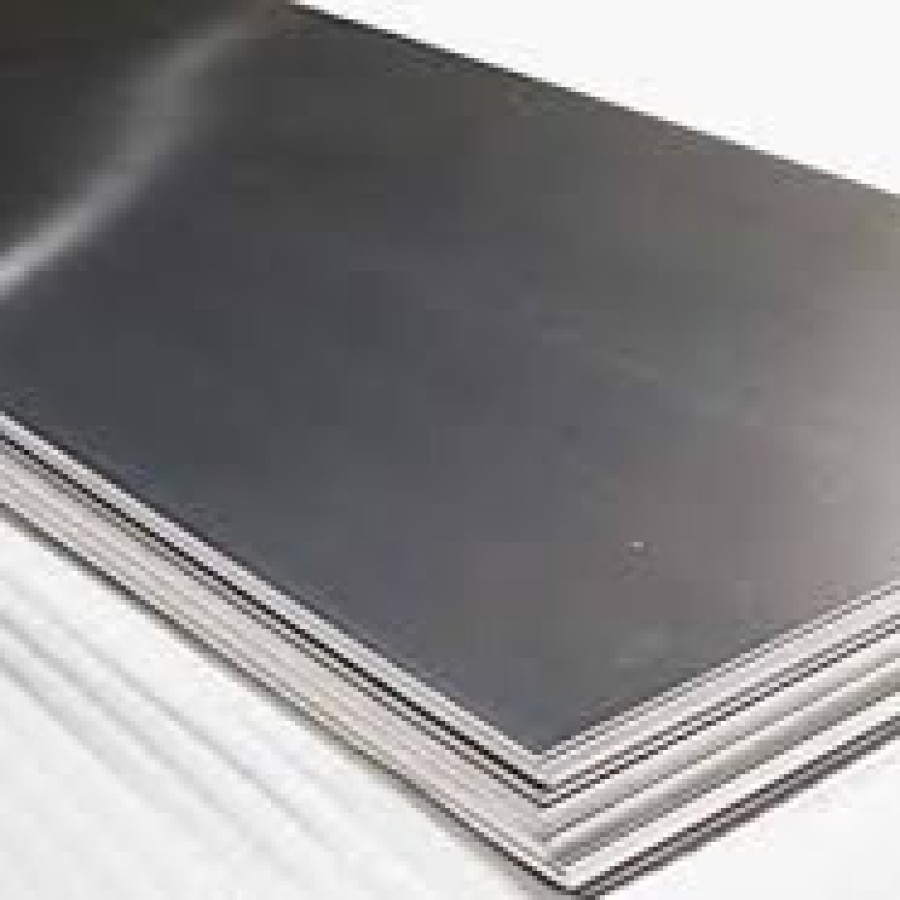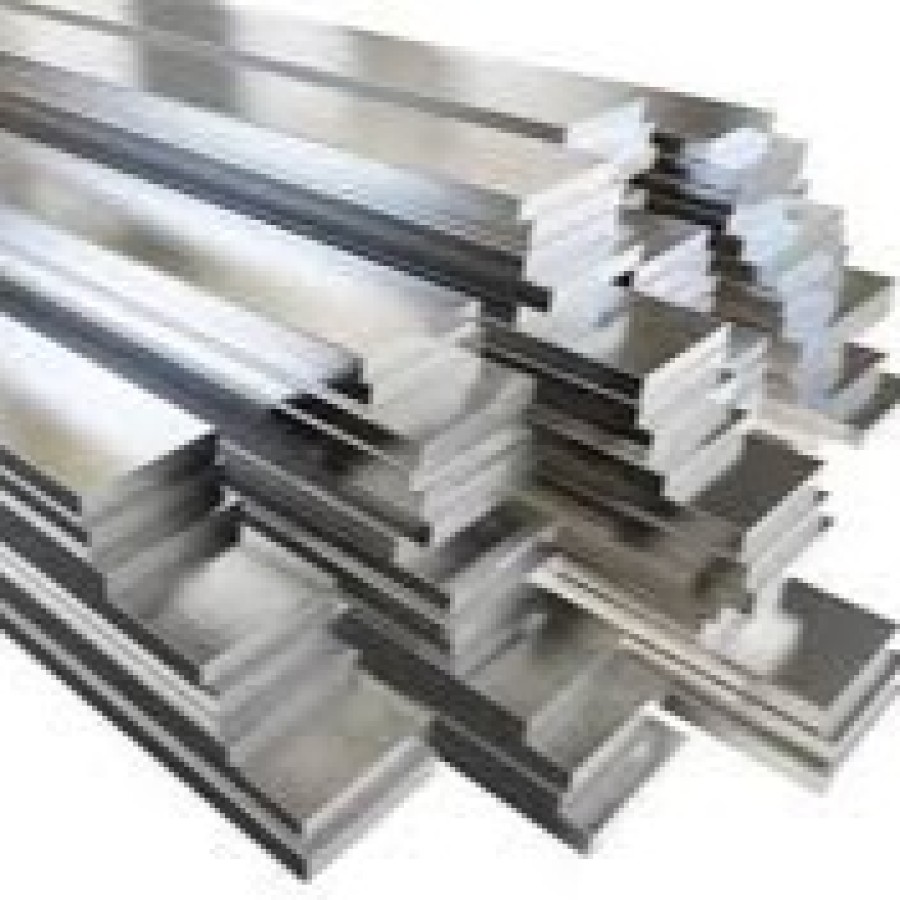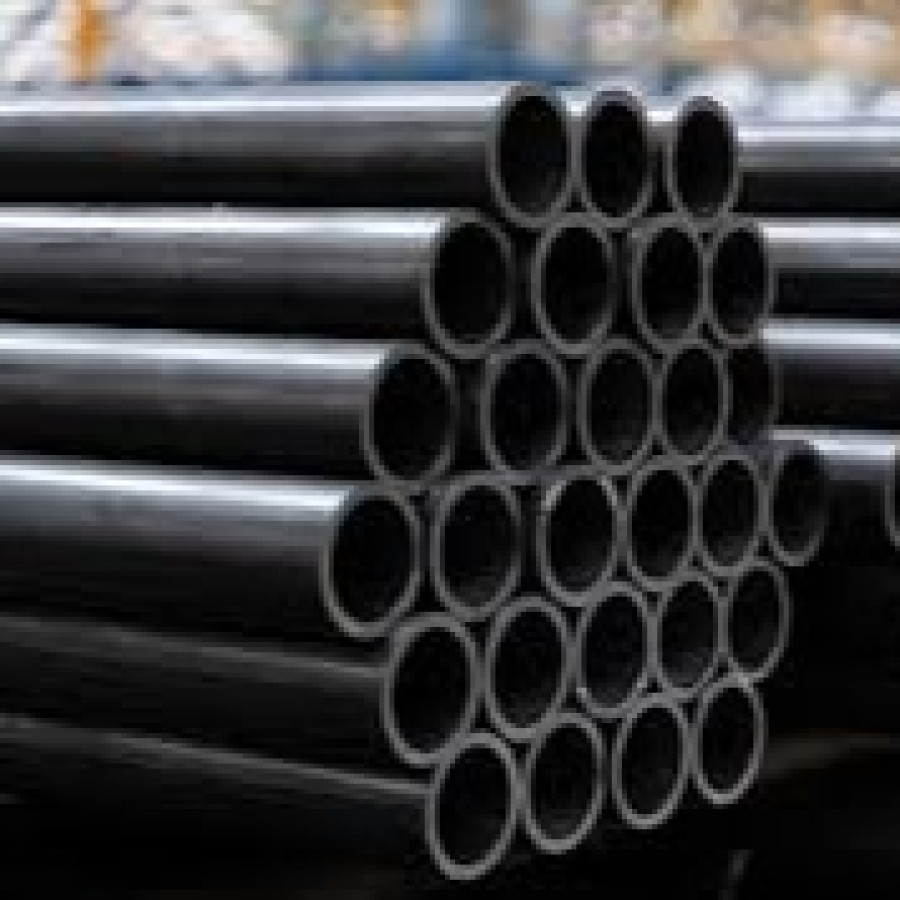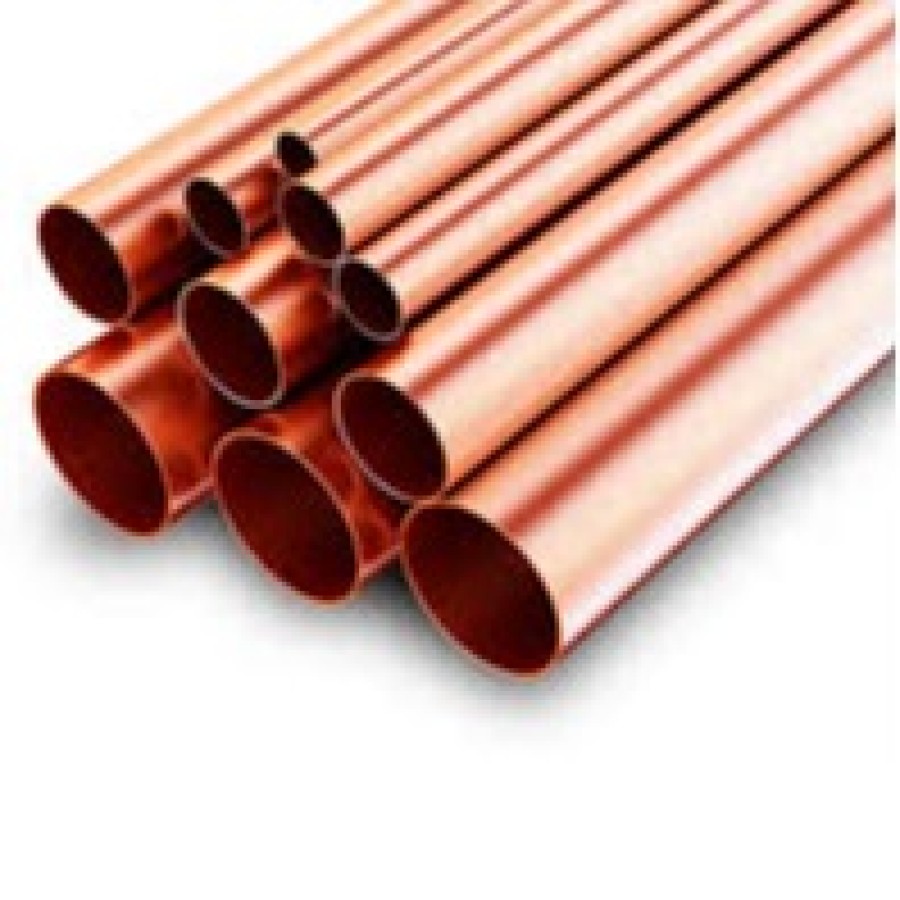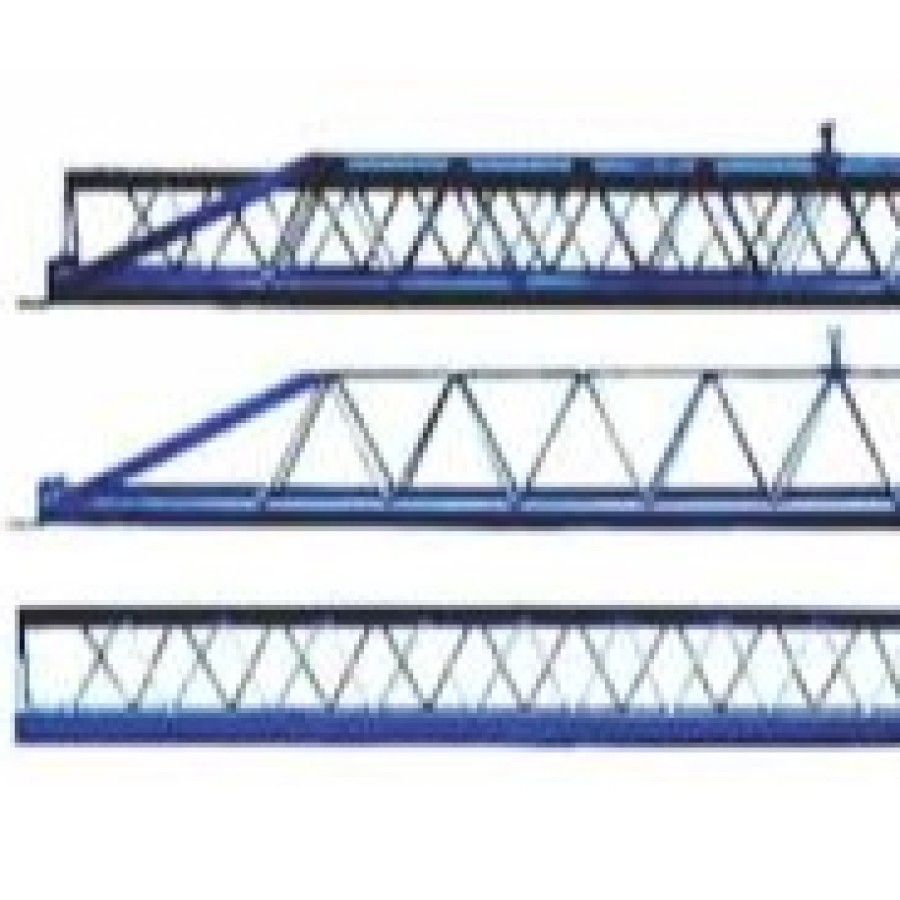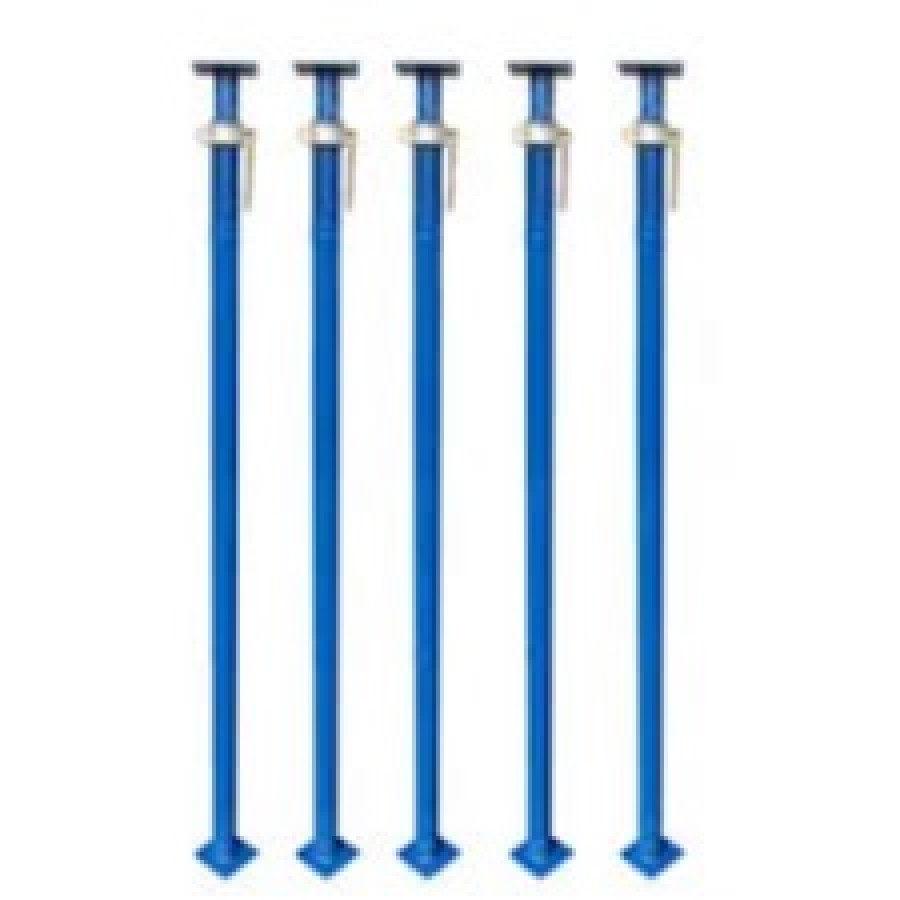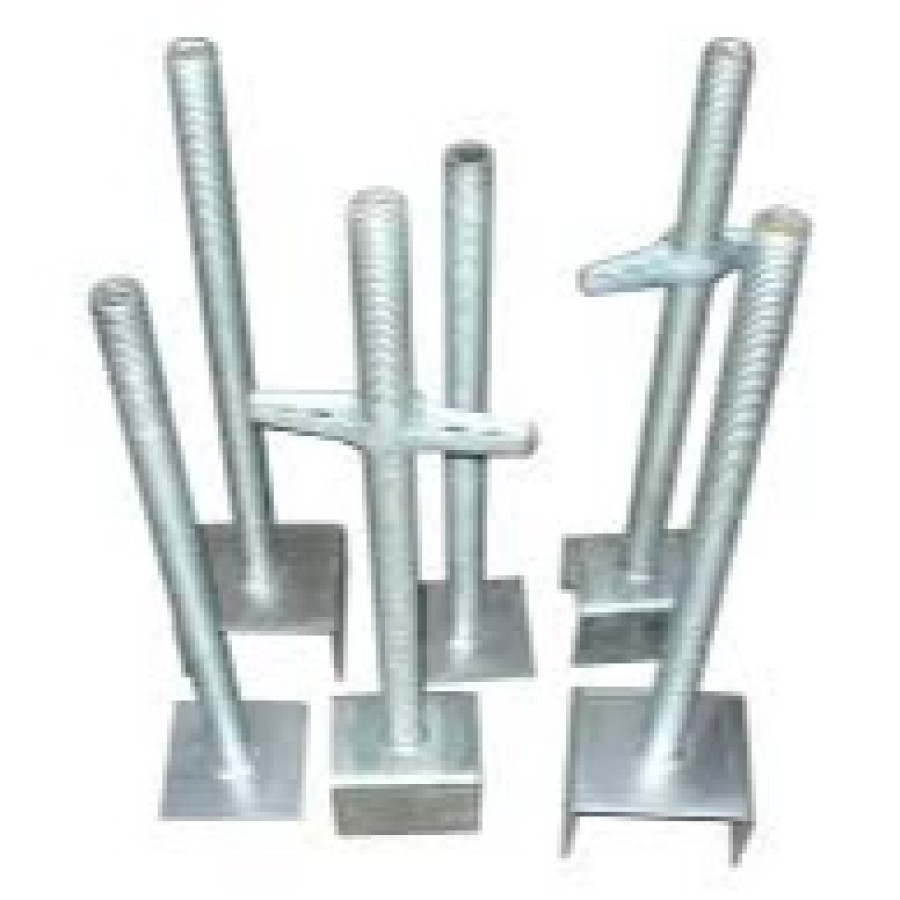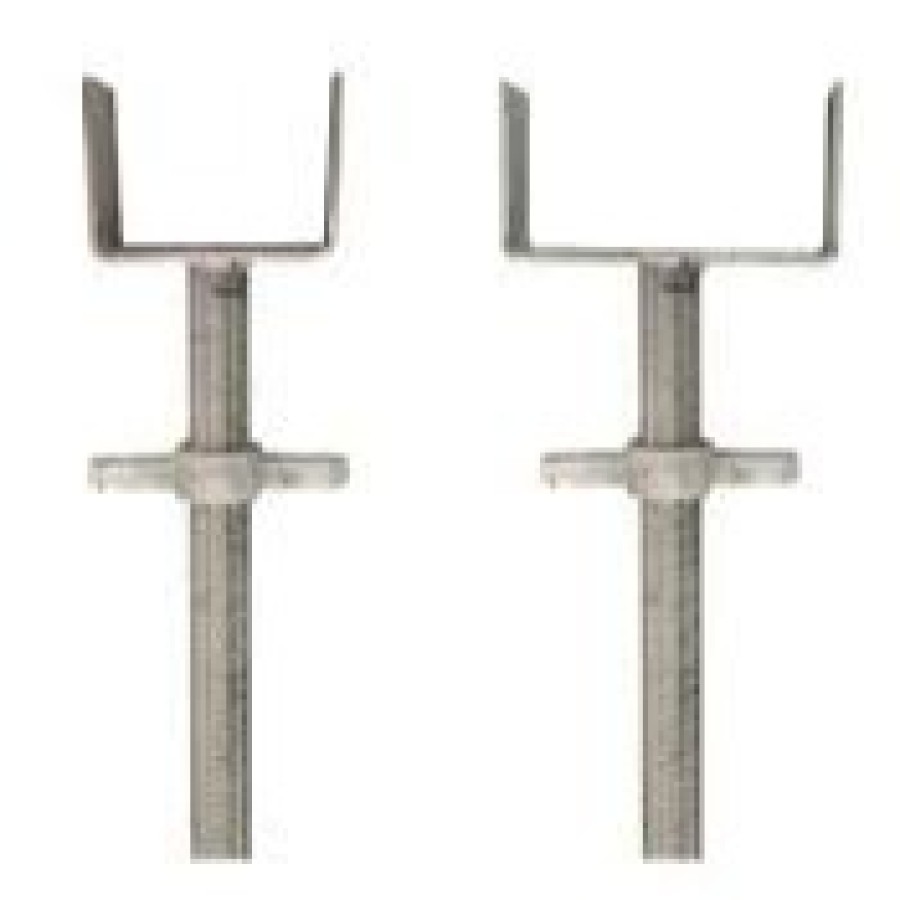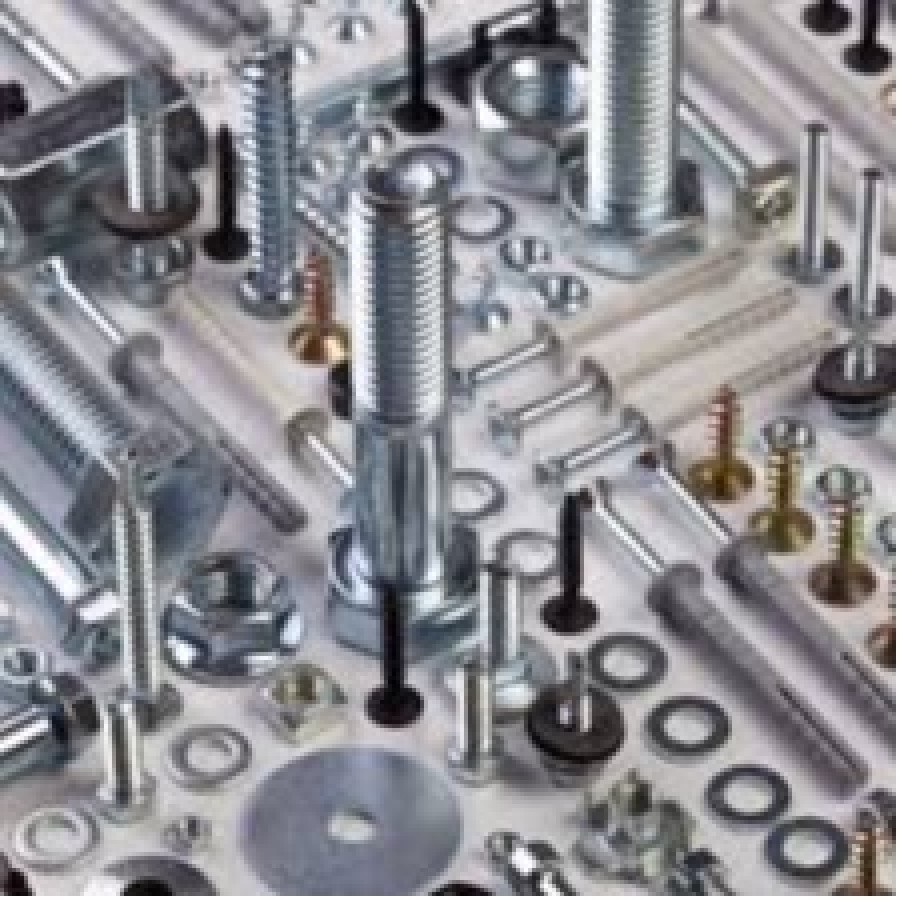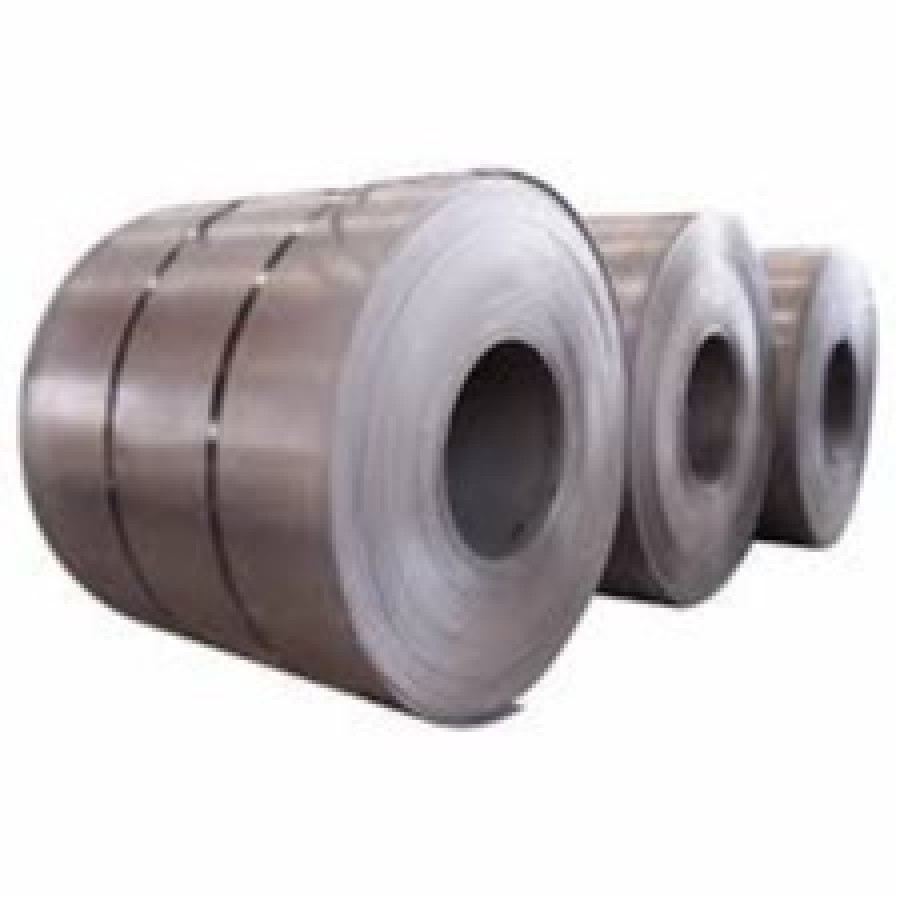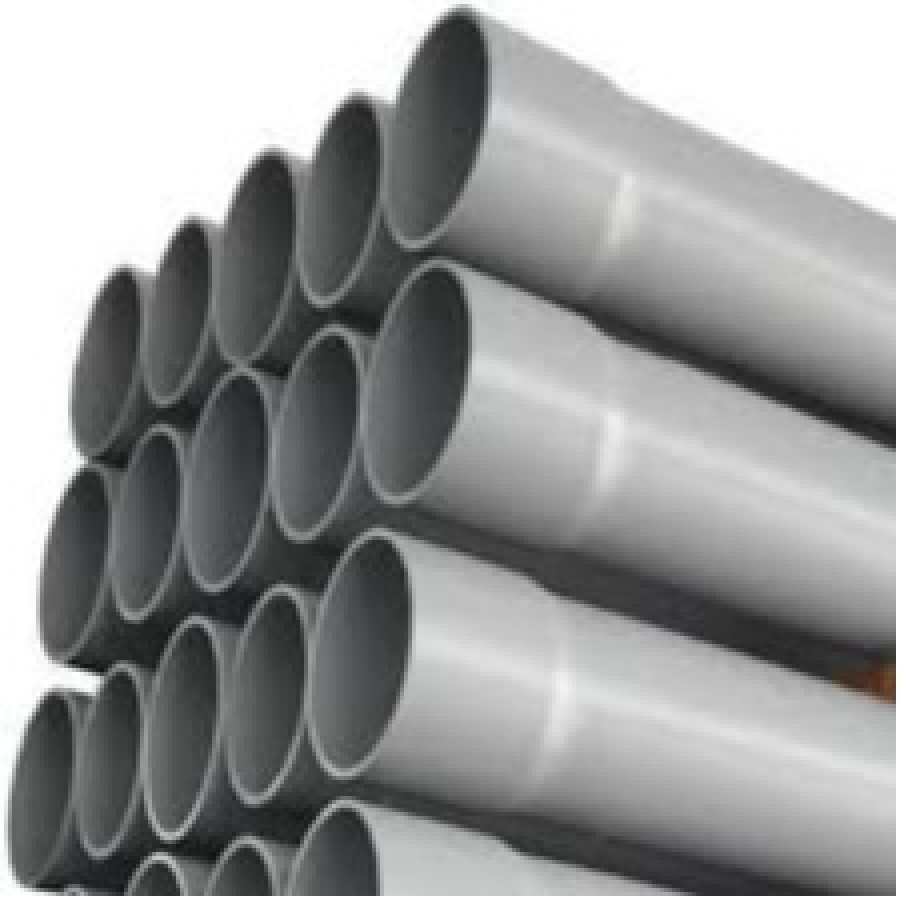
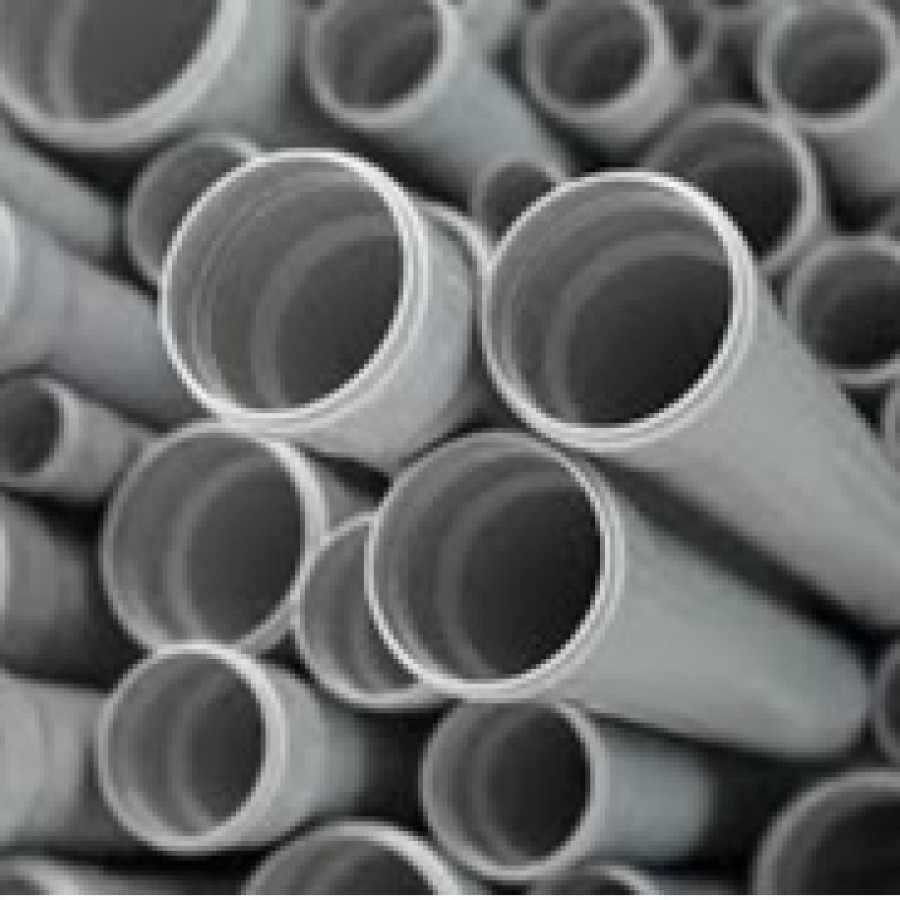
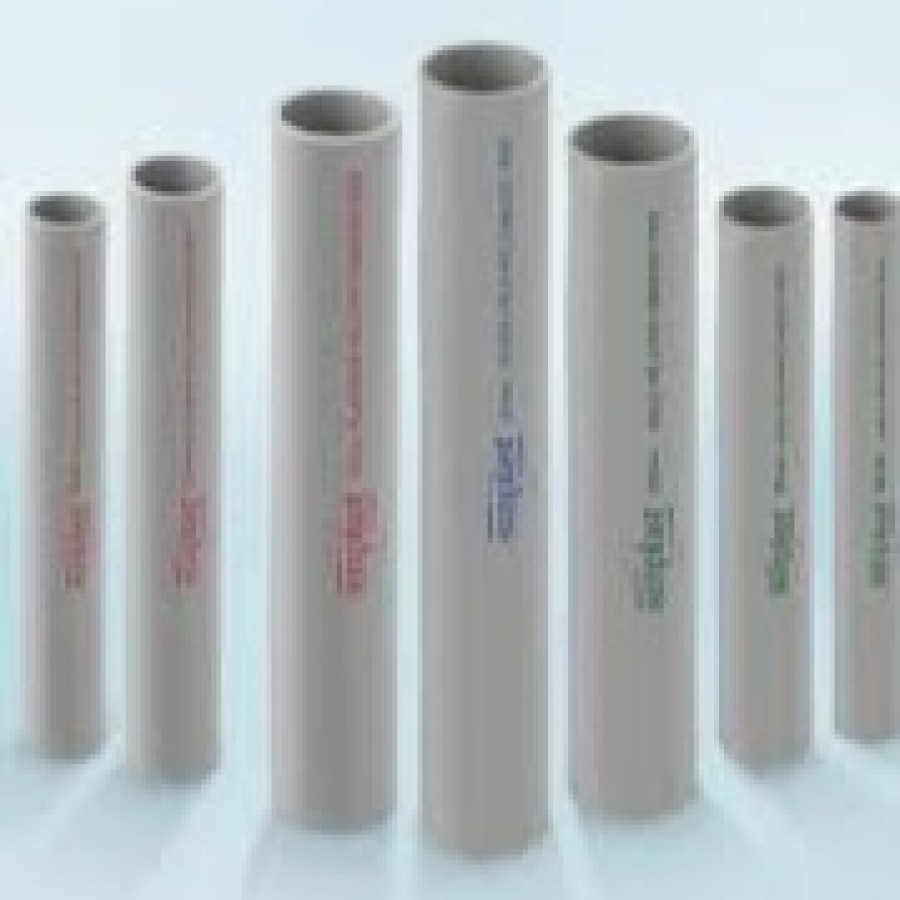
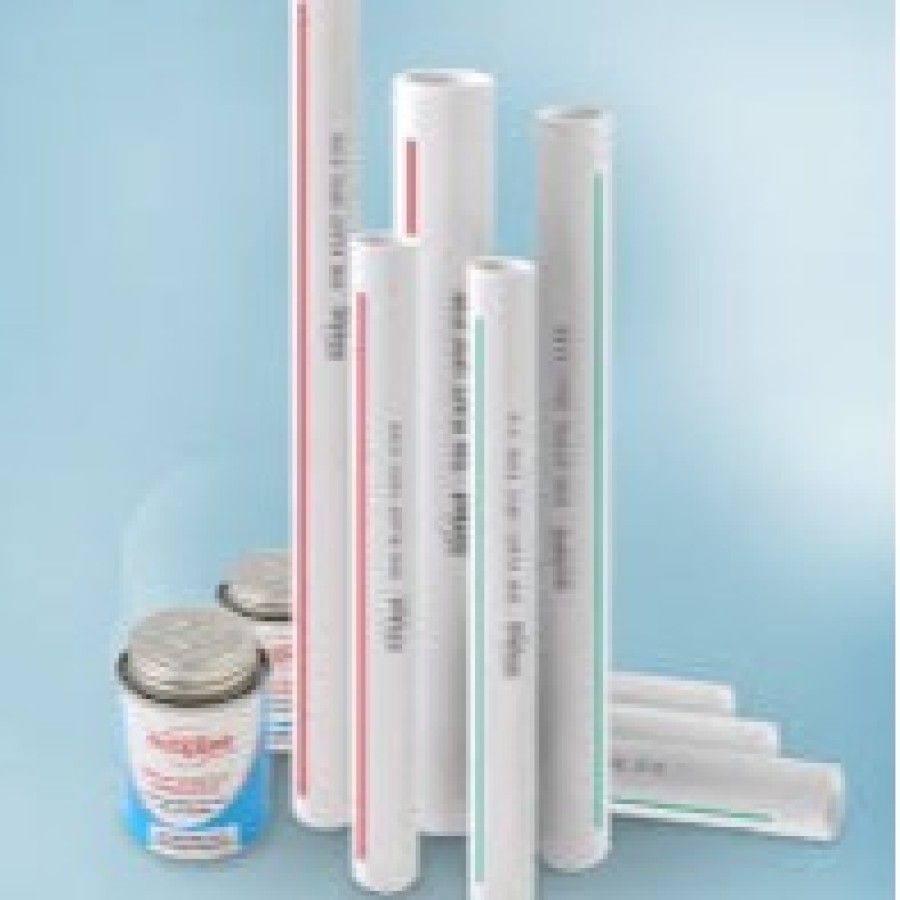
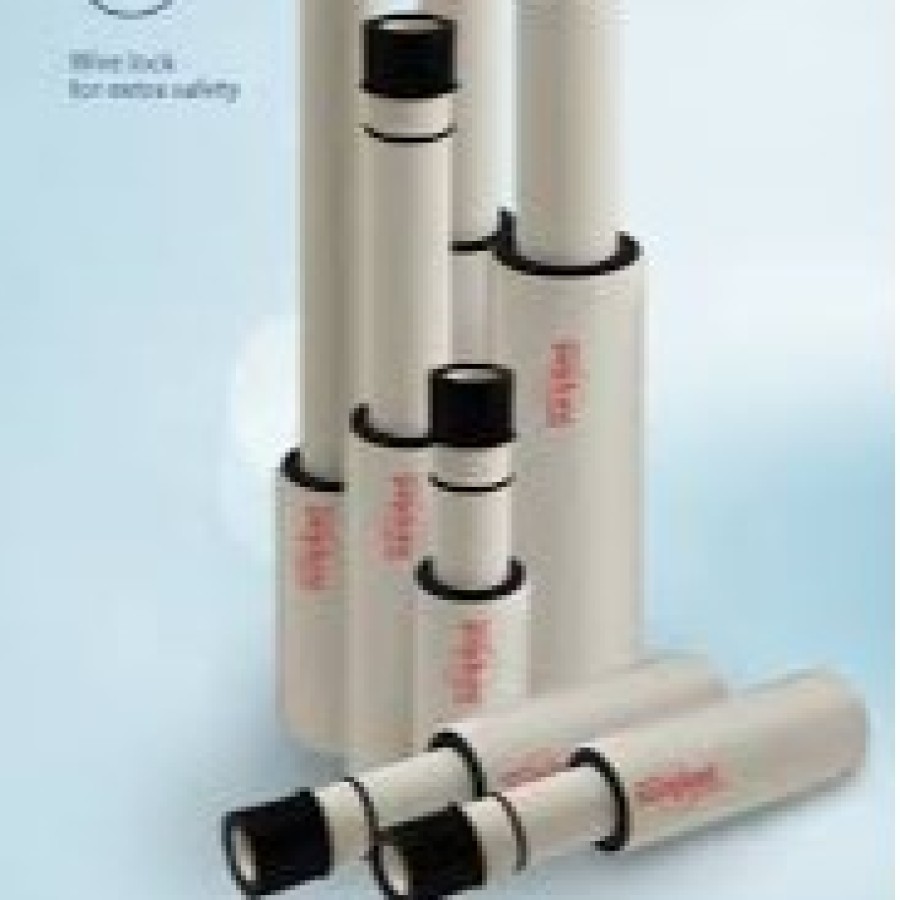
PVC PIPE, CPVC PIPE, UPVC PIPE
By SRI KIRTHIKA BUILDERS PVT LTD
1. PVC Pipe for Water Plumbing and Water Pipes
The PVC pipes have been widely used in water plumbing and pipes. It is the largest industry in PVC applications by quantity and weight mass. The PVC pipes were first used in the management of water and were further integrated into modern society and infrastructure. PVC pipes are available in various dimensions, lengths, and sizes. The pipes are used to supply water in different areas like buildings, industries, facilities, and equipment.
PVC water pipes are produced, modified, and regulated strictly. Most often, the process is overseen by the government or independent authorities. These authorities have set standards that guide the production process on the quality of material used when used in handling water. These regulations contribute to the continued use of PVC pipes as a non-toxic, long-lasting, and safe material for transporting drinking water, non-drinking water, and processed water.
Other services and plumbing codes regulate the appropriateness of the PVC pipes for particular water installations. All the above applications of the PVC pipes are applicable only for water delivery up to a particular temperature. Due to the low-temperature threshold, the PVC pipes cannot be used for heated water delivery.
2. PVC Pipe for Waste Handling and Control
PVC pipes are most frequently used in waste management and control. They are used for waste management in various places, like commercial buildings, industrial areas, modern societal infrastructure, and so on. PVC pipes are installed in wastewater transportation, swears, drains, vents connected to different buildings and equipment.
PVC pipes are installed in toilets, sinks, and liquid handling devices that are used in drains, vents, and waste (DWV) management. PVC pipes are useful in DWV applications because they have synthetic properties such as resistance to corrosion, rust, and microbiological layer growth, as well as improved plasticity and bend strength. Therefore, they have an upper hand over the other metal piping and can benefit from inventing, managing, and waste control.
3. PVC Pipes for Rainwater Management
PVC pipes are at the forefront in facilitating the rainwater harvesting system. The PVC pipes provide an ideal solution for the maintenance and distribution of the rainwater. The rainwater is carried from the rooftop through the PVC pipes down into a storage or harvesting system. The fitting material that is used to connect the channel has special sockets so that they can be fitted easily and avoid leakage. The PVC pipes provide an advantage over the iron pipes that rust easily. They also come in various sizes and can be installed easily based on the need for the harvesting system. The high-quality PVC pipes ensure that there is no crack or bend in the system and have a UV stabilizer.
4. PVC Pipes for Agriculture
Agriculture is one of the largest and important sectors and is incomplete without PVC pipes. PVC pipes are used for all important functions of agriculture from bore-well to water irrigation, sprinklers and spraying of pesticides and fertilizers. PVC agricultural pipes are used for irrigation and pest control activities at farms. PVC pipes are resistant to all sorts of chemicals, corrosion, soil and fire. This makes them the best fit to be used for the transportation of pesticides and fertilizers into a farm. PVC agricultural pipes are very, do not require any maintenance and in optimum conditions last for more than 50 years.
5. PVC Pipe for Fire Sprinklers
The PVC pipes have been approved to be used in the case of a light-hazard and multipurpose sprinkler system. PVC pipes are commonly used in the fire sprinkler system set up in public places like museums, theatres, libraries as well as in hotels, offices, and private buildings. The PVC pipes are immune to corrosion, scale, or any microbiological layer formation that leads to them being durable, low in maintenance as opposed to the traditional iron pipes. The PVC pipes used in the fire sprinkler system are not combustible and do not contribute to flashover. PVC pipes are light in weight, can be easily assembled in a small space, and offer non-corrosive properties.
6. PVC Pipes for Industrial Use
PVC pipes have proven to be beneficial for use in the industrial sector. PVC piping can handle a wide range of substances, from cold water to the transport of hazardous chemicals. The property of high resistance to corrosion of the PVC pipes makes them extremely useful in industrial settings. The piping system for industrial use is required to be robust to endure the rough environment to carry chemicals or harmful waste. Thus, the PVC pipes meet this requirement and provide safe transportation for most of the substances in the industry.
7. PVC Pipe for Chemical Handling
The product used for handling chemicals and industrial substances varies depending on the type of chemical, its compatibility with the chemical, and its tolerance. The PVC pipes are efficient in handling particular types of chemicals, as opposed to metal pipes. The long polymeric chains of PVC offers a high material resistance against degradation, chemical attack, and corrosion. The chlorine content in PVC makes it fire resistant and does not allow the flames to spread. Therefore, PVC pipe and plumbing are frequently applied for use in handling chemicals as well as their transfer, production, delivery, and processes. The PVC pipes can be used to transport chemicals like alcohols, organic acids, anhydride acids, hydrocarbons, halogens, oxidising acids, salts, inorganic acids, alkalis, and ammonia.
8. PVC Pipes for Fittings
The latest PVC pipes and fittings have proven to be useful in almost all areas because they offer a wide range of pipes, valves, and fittings. There are a huge number of connections that can be made using the PVC pipes as they are available in various forms like straight pipes, branch pipes, T-shaped pipes, and bracketed pipes. Thus, PVC pipes provide a multipurpose system without any cracks that are easy to install.
PVC pipe fittings can be used to make high-performance piping systems. They can help to connect the new units with the older ones using the latest materials to renovate the pipe network at the same time, helping to maintain complete system integrity.
9. PVC Pipe for Building Infrastructure and Structural Material
PVC pipes have been increasingly used in infrastructure and building materials over the past few years. The PVC pipes are an inexpensive and better substitute for wood and other types of building materials. The PVC pipes’ topmost use for building infrastructure is in the exhaust and air ventilation. In the construction of an air ventilation system, PVC pipes are installed in the ducts of the heating systems, air conditioning systems, and ventilation.
10. PVC Pipe for Coatings and Cable Insulation
PVC pipes are a bad conductor of current and electricity. Therefore, they are used in coating and cable insulation for electric wires, cables, circuitry, and components. Many common wires and electrical elements in today's electronics pass through a PVC conduit pipe. The PVC pipes are used to defend against human or environmental exposure, electrical short circuits, overheating, and any other kind of dangerous situations that can come up in the case of handling electricity.
Furthermore, PVC pipes offer a wide range of use in the modern world. The PVC pipes' capability to be handled diversely has led to its use in various recreational areas. The variety of shapes, sizes, thickness, colours, and transparency of PVC pipes has led to the diverse use of the product in recreation. For example, the PVC pipes can be used to make tents, shaded areas, raised garden beds, frames for greenhouses and carports, and many other recreational products.
PVC or polyvinyl chloride pipes have diverse applications because they are malleable, flexible, and can be used almost in all areas. The PVC pipes are used in both commercial and residential sectors. The application of the PVC pipes includes their use in plumbing, sewage and drainage systems, drinking water distribution, irrigation systems, chemical handling, fume, exhaust and ventilation ducts, and recreation purposes.
The PVC pipes have been widely used in water plumbing and pipes. It is the largest industry in PVC applications by quantity and weight mass. The PVC pipes were first used in the management of water and were further integrated into modern society and infrastructure. PVC pipes are available in various dimensions, lengths, and sizes. The pipes are used to supply water in different areas like buildings, industries, facilities, and equipment.
PVC water pipes are produced, modified, and regulated strictly. Most often, the process is overseen by the government or independent authorities. These authorities have set standards that guide the production process on the quality of material used when used in handling water. These regulations contribute to the continued use of PVC pipes as a non-toxic, long-lasting, and safe material for transporting drinking water, non-drinking water, and processed water.
Other services and plumbing codes regulate the appropriateness of the PVC pipes for particular water installations. All the above applications of the PVC pipes are applicable only for water delivery up to a particular temperature. Due to the low-temperature threshold, the PVC pipes cannot be used for heated water delivery.
2. PVC Pipe for Waste Handling and Control
PVC pipes are most frequently used in waste management and control. They are used for waste management in various places, like commercial buildings, industrial areas, modern societal infrastructure, and so on. PVC pipes are installed in wastewater transportation, swears, drains, vents connected to different buildings and equipment.
PVC pipes are installed in toilets, sinks, and liquid handling devices that are used in drains, vents, and waste (DWV) management. PVC pipes are useful in DWV applications because they have synthetic properties such as resistance to corrosion, rust, and microbiological layer growth, as well as improved plasticity and bend strength. Therefore, they have an upper hand over the other metal piping and can benefit from inventing, managing, and waste control.
3. PVC Pipes for Rainwater Management
PVC pipes are at the forefront in facilitating the rainwater harvesting system. The PVC pipes provide an ideal solution for the maintenance and distribution of the rainwater. The rainwater is carried from the rooftop through the PVC pipes down into a storage or harvesting system. The fitting material that is used to connect the channel has special sockets so that they can be fitted easily and avoid leakage. The PVC pipes provide an advantage over the iron pipes that rust easily. They also come in various sizes and can be installed easily based on the need for the harvesting system. The high-quality PVC pipes ensure that there is no crack or bend in the system and have a UV stabilizer.
4. PVC Pipes for Agriculture
Agriculture is one of the largest and important sectors and is incomplete without PVC pipes. PVC pipes are used for all important functions of agriculture from bore-well to water irrigation, sprinklers and spraying of pesticides and fertilizers. PVC agricultural pipes are used for irrigation and pest control activities at farms. PVC pipes are resistant to all sorts of chemicals, corrosion, soil and fire. This makes them the best fit to be used for the transportation of pesticides and fertilizers into a farm. PVC agricultural pipes are very, do not require any maintenance and in optimum conditions last for more than 50 years.
5. PVC Pipe for Fire Sprinklers
The PVC pipes have been approved to be used in the case of a light-hazard and multipurpose sprinkler system. PVC pipes are commonly used in the fire sprinkler system set up in public places like museums, theatres, libraries as well as in hotels, offices, and private buildings. The PVC pipes are immune to corrosion, scale, or any microbiological layer formation that leads to them being durable, low in maintenance as opposed to the traditional iron pipes. The PVC pipes used in the fire sprinkler system are not combustible and do not contribute to flashover. PVC pipes are light in weight, can be easily assembled in a small space, and offer non-corrosive properties.
6. PVC Pipes for Industrial Use
PVC pipes have proven to be beneficial for use in the industrial sector. PVC piping can handle a wide range of substances, from cold water to the transport of hazardous chemicals. The property of high resistance to corrosion of the PVC pipes makes them extremely useful in industrial settings. The piping system for industrial use is required to be robust to endure the rough environment to carry chemicals or harmful waste. Thus, the PVC pipes meet this requirement and provide safe transportation for most of the substances in the industry.
7. PVC Pipe for Chemical Handling
The product used for handling chemicals and industrial substances varies depending on the type of chemical, its compatibility with the chemical, and its tolerance. The PVC pipes are efficient in handling particular types of chemicals, as opposed to metal pipes. The long polymeric chains of PVC offers a high material resistance against degradation, chemical attack, and corrosion. The chlorine content in PVC makes it fire resistant and does not allow the flames to spread. Therefore, PVC pipe and plumbing are frequently applied for use in handling chemicals as well as their transfer, production, delivery, and processes. The PVC pipes can be used to transport chemicals like alcohols, organic acids, anhydride acids, hydrocarbons, halogens, oxidising acids, salts, inorganic acids, alkalis, and ammonia.
8. PVC Pipes for Fittings
The latest PVC pipes and fittings have proven to be useful in almost all areas because they offer a wide range of pipes, valves, and fittings. There are a huge number of connections that can be made using the PVC pipes as they are available in various forms like straight pipes, branch pipes, T-shaped pipes, and bracketed pipes. Thus, PVC pipes provide a multipurpose system without any cracks that are easy to install.
PVC pipe fittings can be used to make high-performance piping systems. They can help to connect the new units with the older ones using the latest materials to renovate the pipe network at the same time, helping to maintain complete system integrity.
9. PVC Pipe for Building Infrastructure and Structural Material
PVC pipes have been increasingly used in infrastructure and building materials over the past few years. The PVC pipes are an inexpensive and better substitute for wood and other types of building materials. The PVC pipes’ topmost use for building infrastructure is in the exhaust and air ventilation. In the construction of an air ventilation system, PVC pipes are installed in the ducts of the heating systems, air conditioning systems, and ventilation.
10. PVC Pipe for Coatings and Cable Insulation
PVC pipes are a bad conductor of current and electricity. Therefore, they are used in coating and cable insulation for electric wires, cables, circuitry, and components. Many common wires and electrical elements in today's electronics pass through a PVC conduit pipe. The PVC pipes are used to defend against human or environmental exposure, electrical short circuits, overheating, and any other kind of dangerous situations that can come up in the case of handling electricity.
Furthermore, PVC pipes offer a wide range of use in the modern world. The PVC pipes' capability to be handled diversely has led to its use in various recreational areas. The variety of shapes, sizes, thickness, colours, and transparency of PVC pipes has led to the diverse use of the product in recreation. For example, the PVC pipes can be used to make tents, shaded areas, raised garden beds, frames for greenhouses and carports, and many other recreational products.
PVC or polyvinyl chloride pipes have diverse applications because they are malleable, flexible, and can be used almost in all areas. The PVC pipes are used in both commercial and residential sectors. The application of the PVC pipes includes their use in plumbing, sewage and drainage systems, drinking water distribution, irrigation systems, chemical handling, fume, exhaust and ventilation ducts, and recreation purposes.
Product Description
1. PVC Pipe for Water Plumbing and Water Pipes
The PVC pipes have been widely used in water plumbing and pipes. It is the largest industry in PVC applications by quantity and weight mass. The PVC pipes were first used in the management of water and were further integrated into modern society and infrastructure. PVC pipes are available in various dimensions, lengths, and sizes. The pipes are used to supply water in different areas like buildings, industries, facilities, and equipment.
PVC water pipes are produced, modified, and regulated strictly. Most often, the process is overseen by the government or independent authorities. These authorities have set standards that guide the production process on the quality of material used when used in handling water. These regulations contribute to the continued use of PVC pipes as a non-toxic, long-lasting, and safe material for transporting drinking water, non-drinking water, and processed water.
Other services and plumbing codes regulate the appropriateness of the PVC pipes for particular water installations. All the above applications of the PVC pipes are applicable only for water delivery up to a particular temperature. Due to the low-temperature threshold, the PVC pipes cannot be used for heated water delivery.
2. PVC Pipe for Waste Handling and Control
PVC pipes are most frequently used in waste management and control. They are used for waste management in various places, like commercial buildings, industrial areas, modern societal infrastructure, and so on. PVC pipes are installed in wastewater transportation, swears, drains, vents connected to different buildings and equipment.
PVC pipes are installed in toilets, sinks, and liquid handling devices that are used in drains, vents, and waste (DWV) management. PVC pipes are useful in DWV applications because they have synthetic properties such as resistance to corrosion, rust, and microbiological layer growth, as well as improved plasticity and bend strength. Therefore, they have an upper hand over the other metal piping and can benefit from inventing, managing, and waste control.
3. PVC Pipes for Rainwater Management
PVC pipes are at the forefront in facilitating the rainwater harvesting system. The PVC pipes provide an ideal solution for the maintenance and distribution of the rainwater. The rainwater is carried from the rooftop through the PVC pipes down into a storage or harvesting system. The fitting material that is used to connect the channel has special sockets so that they can be fitted easily and avoid leakage. The PVC pipes provide an advantage over the iron pipes that rust easily. They also come in various sizes and can be installed easily based on the need for the harvesting system. The high-quality PVC pipes ensure that there is no crack or bend in the system and have a UV stabilizer.
4. PVC Pipes for Agriculture
Agriculture is one of the largest and important sectors and is incomplete without PVC pipes. PVC pipes are used for all important functions of agriculture from bore-well to water irrigation, sprinklers and spraying of pesticides and fertilizers. PVC agricultural pipes are used for irrigation and pest control activities at farms. PVC pipes are resistant to all sorts of chemicals, corrosion, soil and fire. This makes them the best fit to be used for the transportation of pesticides and fertilizers into a farm. PVC agricultural pipes are very, do not require any maintenance and in optimum conditions last for more than 50 years.
5. PVC Pipe for Fire Sprinklers
The PVC pipes have been approved to be used in the case of a light-hazard and multipurpose sprinkler system. PVC pipes are commonly used in the fire sprinkler system set up in public places like museums, theatres, libraries as well as in hotels, offices, and private buildings. The PVC pipes are immune to corrosion, scale, or any microbiological layer formation that leads to them being durable, low in maintenance as opposed to the traditional iron pipes. The PVC pipes used in the fire sprinkler system are not combustible and do not contribute to flashover. PVC pipes are light in weight, can be easily assembled in a small space, and offer non-corrosive properties.
6. PVC Pipes for Industrial Use
PVC pipes have proven to be beneficial for use in the industrial sector. PVC piping can handle a wide range of substances, from cold water to the transport of hazardous chemicals. The property of high resistance to corrosion of the PVC pipes makes them extremely useful in industrial settings. The piping system for industrial use is required to be robust to endure the rough environment to carry chemicals or harmful waste. Thus, the PVC pipes meet this requirement and provide safe transportation for most of the substances in the industry.
7. PVC Pipe for Chemical Handling
The product used for handling chemicals and industrial substances varies depending on the type of chemical, its compatibility with the chemical, and its tolerance. The PVC pipes are efficient in handling particular types of chemicals, as opposed to metal pipes. The long polymeric chains of PVC offers a high material resistance against degradation, chemical attack, and corrosion. The chlorine content in PVC makes it fire resistant and does not allow the flames to spread. Therefore, PVC pipe and plumbing are frequently applied for use in handling chemicals as well as their transfer, production, delivery, and processes. The PVC pipes can be used to transport chemicals like alcohols, organic acids, anhydride acids, hydrocarbons, halogens, oxidising acids, salts, inorganic acids, alkalis, and ammonia.
8. PVC Pipes for Fittings
The latest PVC pipes and fittings have proven to be useful in almost all areas because they offer a wide range of pipes, valves, and fittings. There are a huge number of connections that can be made using the PVC pipes as they are available in various forms like straight pipes, branch pipes, T-shaped pipes, and bracketed pipes. Thus, PVC pipes provide a multipurpose system without any cracks that are easy to install.
PVC pipe fittings can be used to make high-performance piping systems. They can help to connect the new units with the older ones using the latest materials to renovate the pipe network at the same time, helping to maintain complete system integrity.
9. PVC Pipe for Building Infrastructure and Structural Material
PVC pipes have been increasingly used in infrastructure and building materials over the past few years. The PVC pipes are an inexpensive and better substitute for wood and other types of building materials. The PVC pipes’ topmost use for building infrastructure is in the exhaust and air ventilation. In the construction of an air ventilation system, PVC pipes are installed in the ducts of the heating systems, air conditioning systems, and ventilation.
10. PVC Pipe for Coatings and Cable Insulation
PVC pipes are a bad conductor of current and electricity. Therefore, they are used in coating and cable insulation for electric wires, cables, circuitry, and components. Many common wires and electrical elements in today's electronics pass through a PVC conduit pipe. The PVC pipes are used to defend against human or environmental exposure, electrical short circuits, overheating, and any other kind of dangerous situations that can come up in the case of handling electricity.
Furthermore, PVC pipes offer a wide range of use in the modern world. The PVC pipes' capability to be handled diversely has led to its use in various recreational areas. The variety of shapes, sizes, thickness, colours, and transparency of PVC pipes has led to the diverse use of the product in recreation. For example, the PVC pipes can be used to make tents, shaded areas, raised garden beds, frames for greenhouses and carports, and many other recreational products.
PVC or polyvinyl chloride pipes have diverse applications because they are malleable, flexible, and can be used almost in all areas. The PVC pipes are used in both commercial and residential sectors. The application of the PVC pipes includes their use in plumbing, sewage and drainage systems, drinking water distribution, irrigation systems, chemical handling, fume, exhaust and ventilation ducts, and recreation purposes.
The PVC pipes have been widely used in water plumbing and pipes. It is the largest industry in PVC applications by quantity and weight mass. The PVC pipes were first used in the management of water and were further integrated into modern society and infrastructure. PVC pipes are available in various dimensions, lengths, and sizes. The pipes are used to supply water in different areas like buildings, industries, facilities, and equipment.
PVC water pipes are produced, modified, and regulated strictly. Most often, the process is overseen by the government or independent authorities. These authorities have set standards that guide the production process on the quality of material used when used in handling water. These regulations contribute to the continued use of PVC pipes as a non-toxic, long-lasting, and safe material for transporting drinking water, non-drinking water, and processed water.
Other services and plumbing codes regulate the appropriateness of the PVC pipes for particular water installations. All the above applications of the PVC pipes are applicable only for water delivery up to a particular temperature. Due to the low-temperature threshold, the PVC pipes cannot be used for heated water delivery.
2. PVC Pipe for Waste Handling and Control
PVC pipes are most frequently used in waste management and control. They are used for waste management in various places, like commercial buildings, industrial areas, modern societal infrastructure, and so on. PVC pipes are installed in wastewater transportation, swears, drains, vents connected to different buildings and equipment.
PVC pipes are installed in toilets, sinks, and liquid handling devices that are used in drains, vents, and waste (DWV) management. PVC pipes are useful in DWV applications because they have synthetic properties such as resistance to corrosion, rust, and microbiological layer growth, as well as improved plasticity and bend strength. Therefore, they have an upper hand over the other metal piping and can benefit from inventing, managing, and waste control.
3. PVC Pipes for Rainwater Management
PVC pipes are at the forefront in facilitating the rainwater harvesting system. The PVC pipes provide an ideal solution for the maintenance and distribution of the rainwater. The rainwater is carried from the rooftop through the PVC pipes down into a storage or harvesting system. The fitting material that is used to connect the channel has special sockets so that they can be fitted easily and avoid leakage. The PVC pipes provide an advantage over the iron pipes that rust easily. They also come in various sizes and can be installed easily based on the need for the harvesting system. The high-quality PVC pipes ensure that there is no crack or bend in the system and have a UV stabilizer.
4. PVC Pipes for Agriculture
Agriculture is one of the largest and important sectors and is incomplete without PVC pipes. PVC pipes are used for all important functions of agriculture from bore-well to water irrigation, sprinklers and spraying of pesticides and fertilizers. PVC agricultural pipes are used for irrigation and pest control activities at farms. PVC pipes are resistant to all sorts of chemicals, corrosion, soil and fire. This makes them the best fit to be used for the transportation of pesticides and fertilizers into a farm. PVC agricultural pipes are very, do not require any maintenance and in optimum conditions last for more than 50 years.
5. PVC Pipe for Fire Sprinklers
The PVC pipes have been approved to be used in the case of a light-hazard and multipurpose sprinkler system. PVC pipes are commonly used in the fire sprinkler system set up in public places like museums, theatres, libraries as well as in hotels, offices, and private buildings. The PVC pipes are immune to corrosion, scale, or any microbiological layer formation that leads to them being durable, low in maintenance as opposed to the traditional iron pipes. The PVC pipes used in the fire sprinkler system are not combustible and do not contribute to flashover. PVC pipes are light in weight, can be easily assembled in a small space, and offer non-corrosive properties.
6. PVC Pipes for Industrial Use
PVC pipes have proven to be beneficial for use in the industrial sector. PVC piping can handle a wide range of substances, from cold water to the transport of hazardous chemicals. The property of high resistance to corrosion of the PVC pipes makes them extremely useful in industrial settings. The piping system for industrial use is required to be robust to endure the rough environment to carry chemicals or harmful waste. Thus, the PVC pipes meet this requirement and provide safe transportation for most of the substances in the industry.
7. PVC Pipe for Chemical Handling
The product used for handling chemicals and industrial substances varies depending on the type of chemical, its compatibility with the chemical, and its tolerance. The PVC pipes are efficient in handling particular types of chemicals, as opposed to metal pipes. The long polymeric chains of PVC offers a high material resistance against degradation, chemical attack, and corrosion. The chlorine content in PVC makes it fire resistant and does not allow the flames to spread. Therefore, PVC pipe and plumbing are frequently applied for use in handling chemicals as well as their transfer, production, delivery, and processes. The PVC pipes can be used to transport chemicals like alcohols, organic acids, anhydride acids, hydrocarbons, halogens, oxidising acids, salts, inorganic acids, alkalis, and ammonia.
8. PVC Pipes for Fittings
The latest PVC pipes and fittings have proven to be useful in almost all areas because they offer a wide range of pipes, valves, and fittings. There are a huge number of connections that can be made using the PVC pipes as they are available in various forms like straight pipes, branch pipes, T-shaped pipes, and bracketed pipes. Thus, PVC pipes provide a multipurpose system without any cracks that are easy to install.
PVC pipe fittings can be used to make high-performance piping systems. They can help to connect the new units with the older ones using the latest materials to renovate the pipe network at the same time, helping to maintain complete system integrity.
9. PVC Pipe for Building Infrastructure and Structural Material
PVC pipes have been increasingly used in infrastructure and building materials over the past few years. The PVC pipes are an inexpensive and better substitute for wood and other types of building materials. The PVC pipes’ topmost use for building infrastructure is in the exhaust and air ventilation. In the construction of an air ventilation system, PVC pipes are installed in the ducts of the heating systems, air conditioning systems, and ventilation.
10. PVC Pipe for Coatings and Cable Insulation
PVC pipes are a bad conductor of current and electricity. Therefore, they are used in coating and cable insulation for electric wires, cables, circuitry, and components. Many common wires and electrical elements in today's electronics pass through a PVC conduit pipe. The PVC pipes are used to defend against human or environmental exposure, electrical short circuits, overheating, and any other kind of dangerous situations that can come up in the case of handling electricity.
Furthermore, PVC pipes offer a wide range of use in the modern world. The PVC pipes' capability to be handled diversely has led to its use in various recreational areas. The variety of shapes, sizes, thickness, colours, and transparency of PVC pipes has led to the diverse use of the product in recreation. For example, the PVC pipes can be used to make tents, shaded areas, raised garden beds, frames for greenhouses and carports, and many other recreational products.
PVC or polyvinyl chloride pipes have diverse applications because they are malleable, flexible, and can be used almost in all areas. The PVC pipes are used in both commercial and residential sectors. The application of the PVC pipes includes their use in plumbing, sewage and drainage systems, drinking water distribution, irrigation systems, chemical handling, fume, exhaust and ventilation ducts, and recreation purposes.
Export Countries
Angola
Australia
Bangladesh
Benin
Bhutan
Brazil
Canada
Congo
Costa Rica
Democratic Republic of the Cong
Dominican Republic
Egypt
France
Gambia
Germany
Ghana
Greece
Guinea
Honduras
Hungary
Indonesia
Iraq
Israel
Italy
Kenya
Kuwait
Liberia
Libya
Maldives
Mauritania
Mauritius
Mexico
Morocco
Mozambique
Nepal
New Zealand
Nigeria
Oman
Philippines
Poland
Qatar
Russian Federation
Saudi Arabia
Senegal
Seychelles
Sierra Leone
Somalia
South Africa
Spain
Sri Lanka
Sudan
Thailand
Tunisia
United Arab Emirates
United Republic of Tanzania
United States of America
Venezuela
Yemen
Zambia
Related Sectors
Exports & Imports
Web Link
Certification
APPLICABLE
Availability
AVAILABLE
Brand
ANY AS PER REQUIREMENT
Material
ANY AS PER REQUIREMENT
Finishing
GOOD
Dimension
ANY AS PER REQUIREMENT
Weight
ANY AS PER REQUIREMENT
Package Type
BASED ON PRODUCT
Energy Efficiency
ANY AS PER REQUIREMENT
Guarantee
APPLICABLE
Warranty
APPLICABLE
About the Company
Civil construction
Login to see seller contact details.

